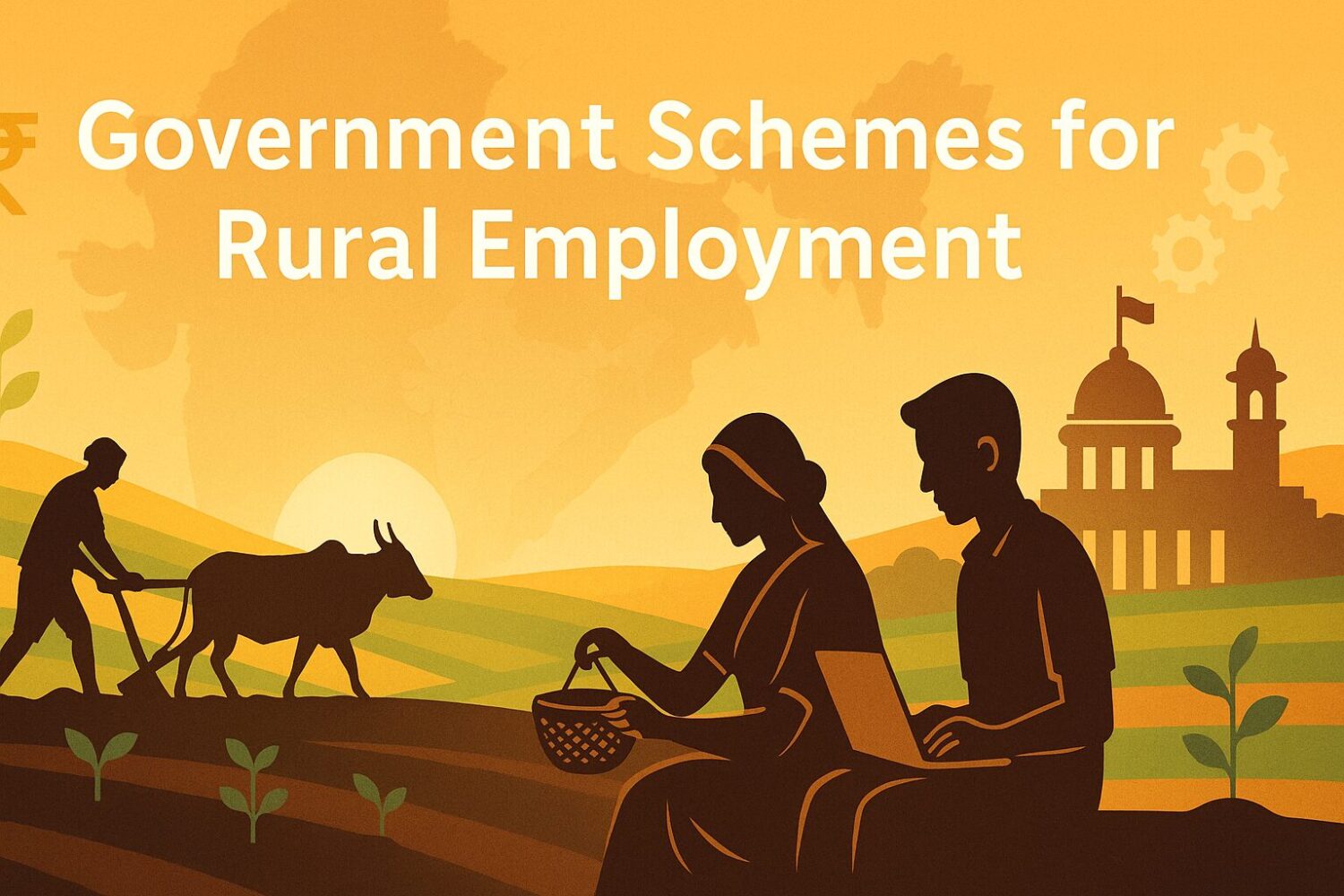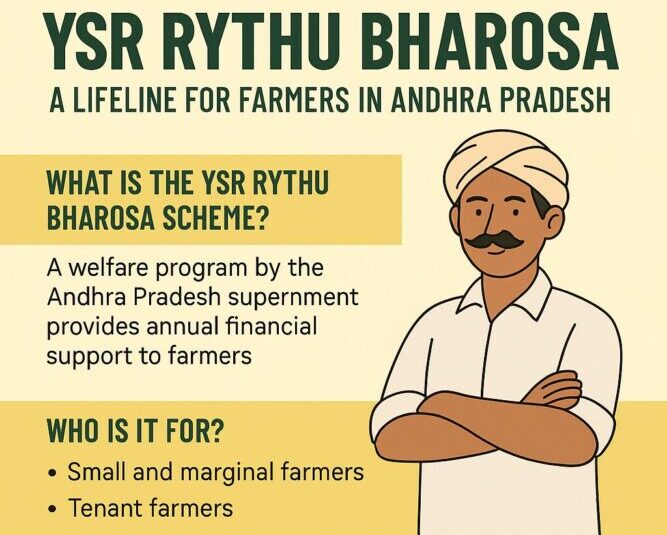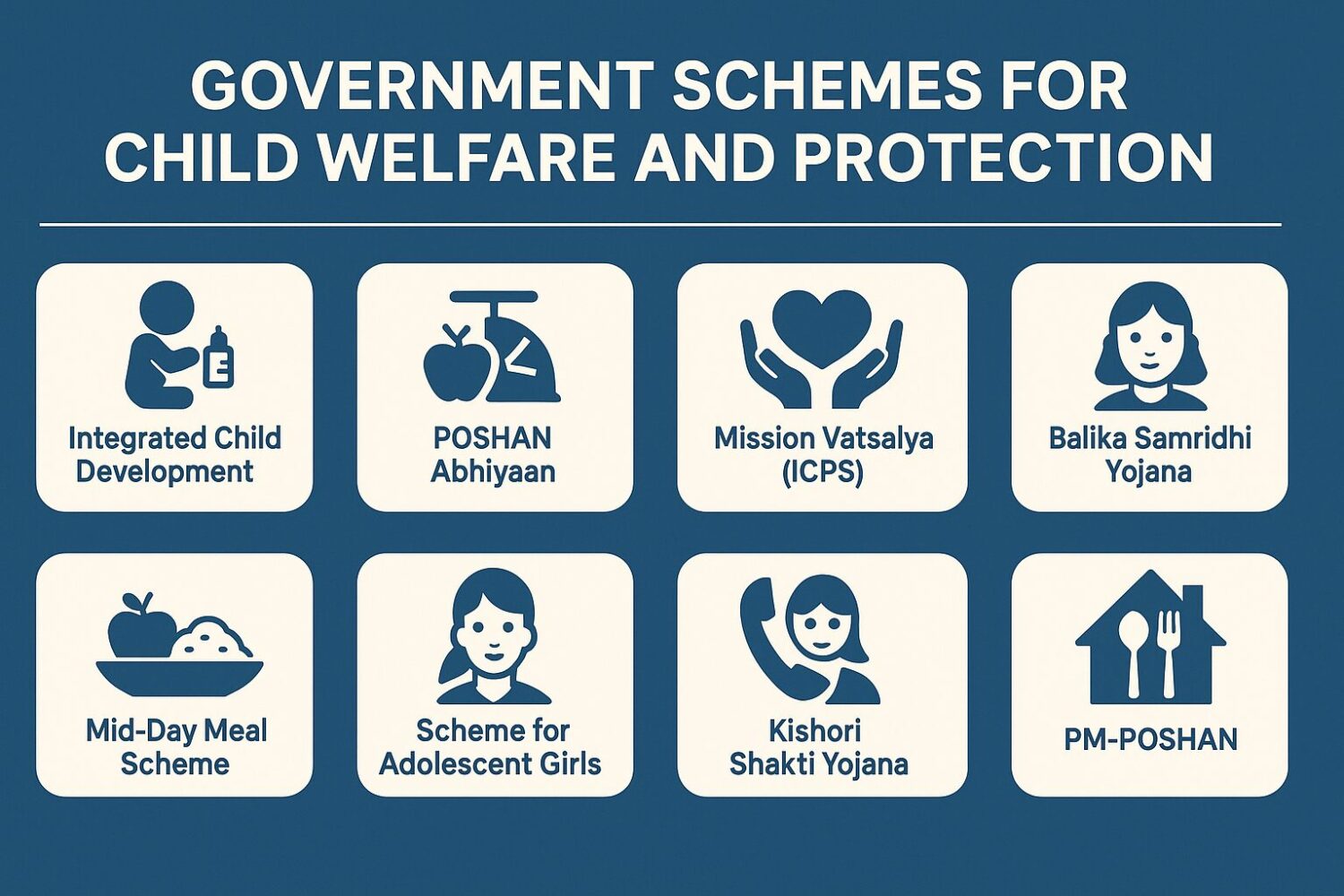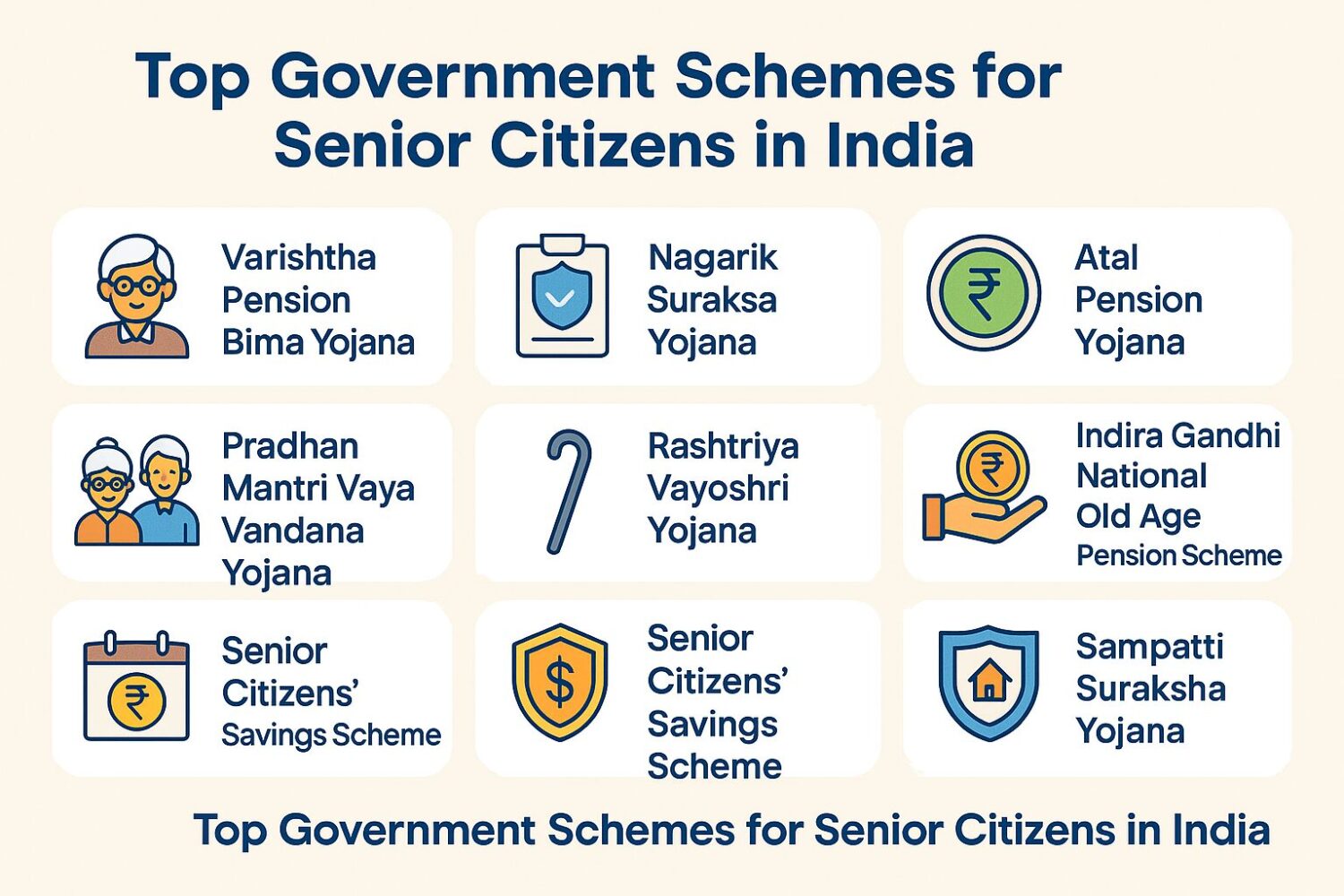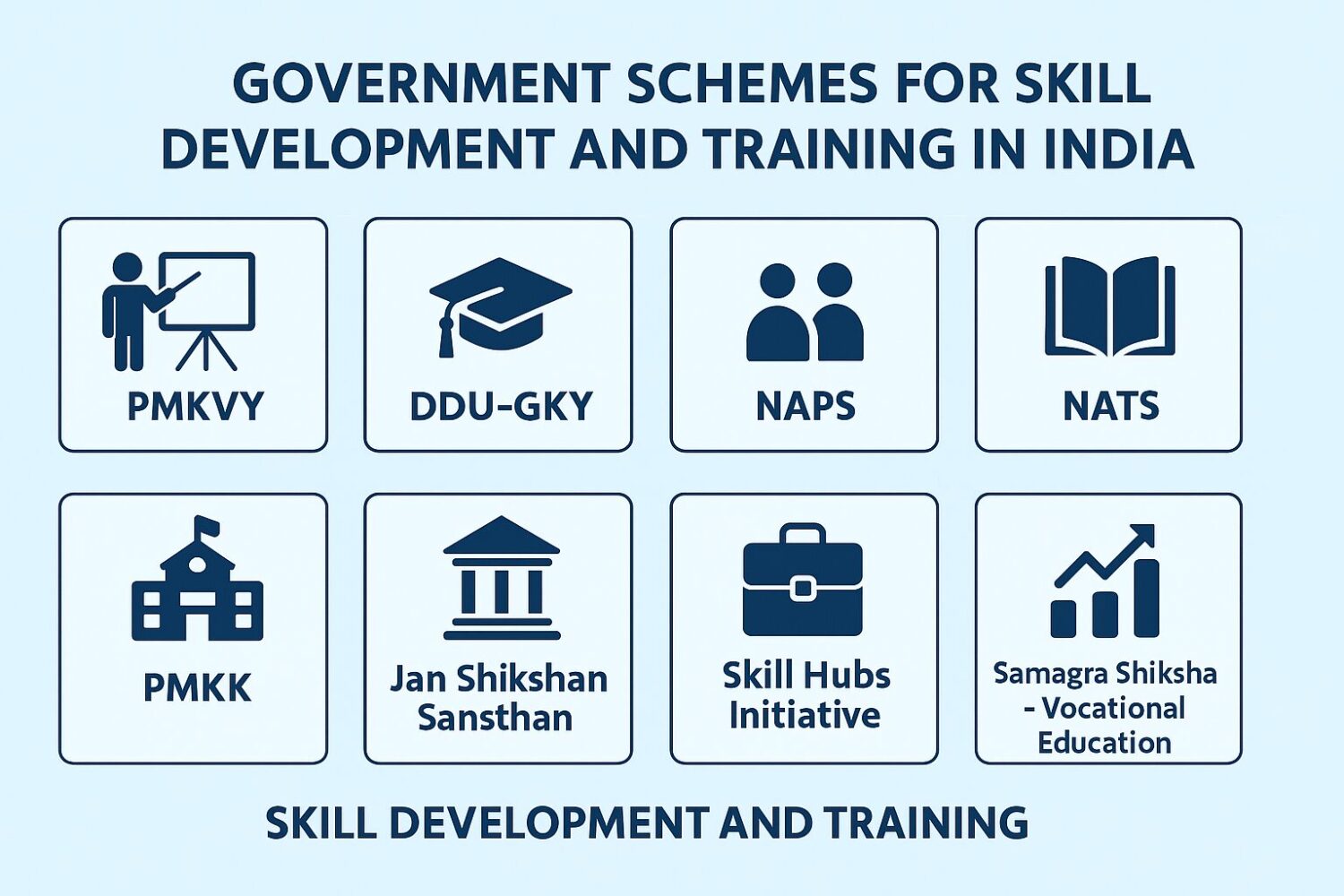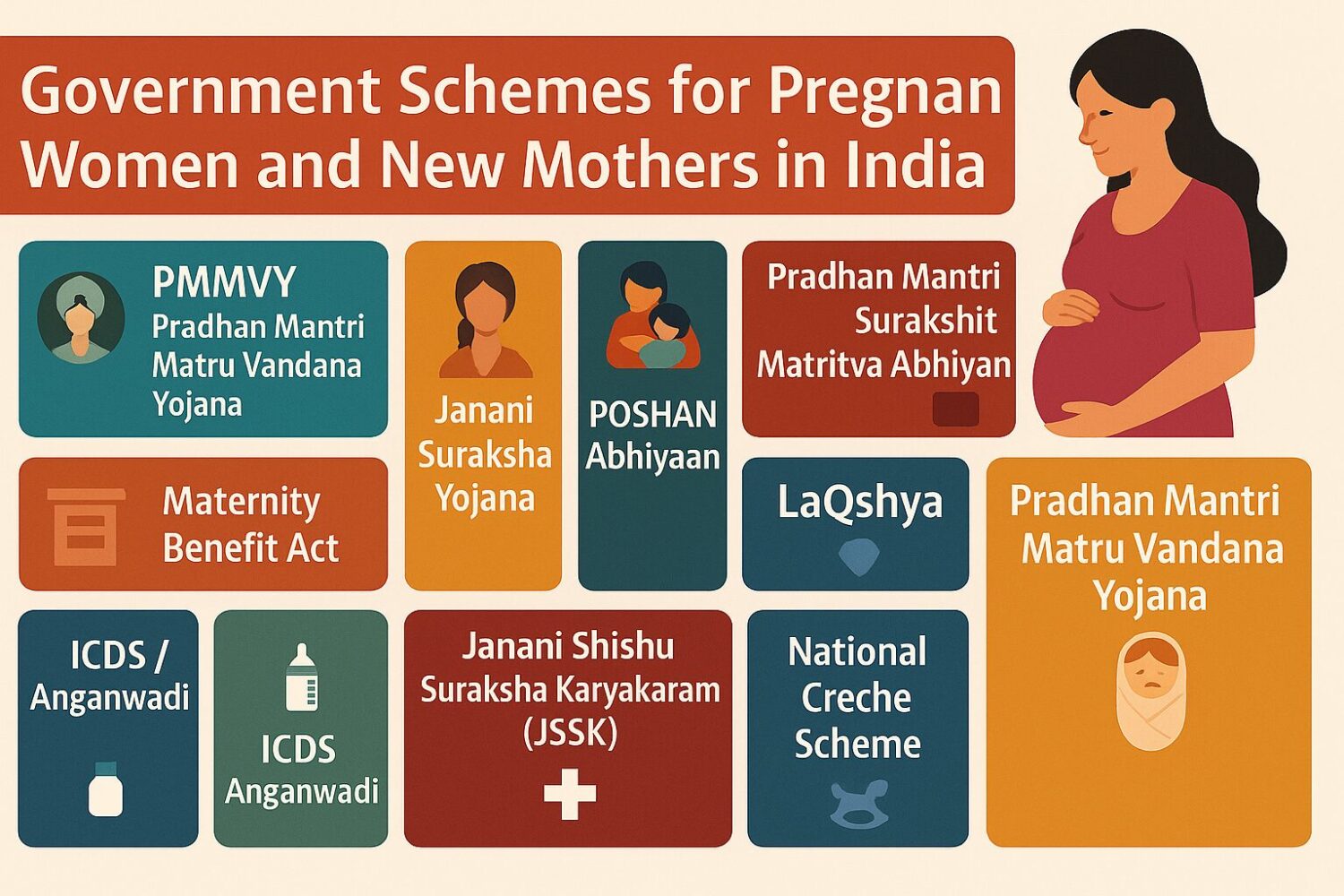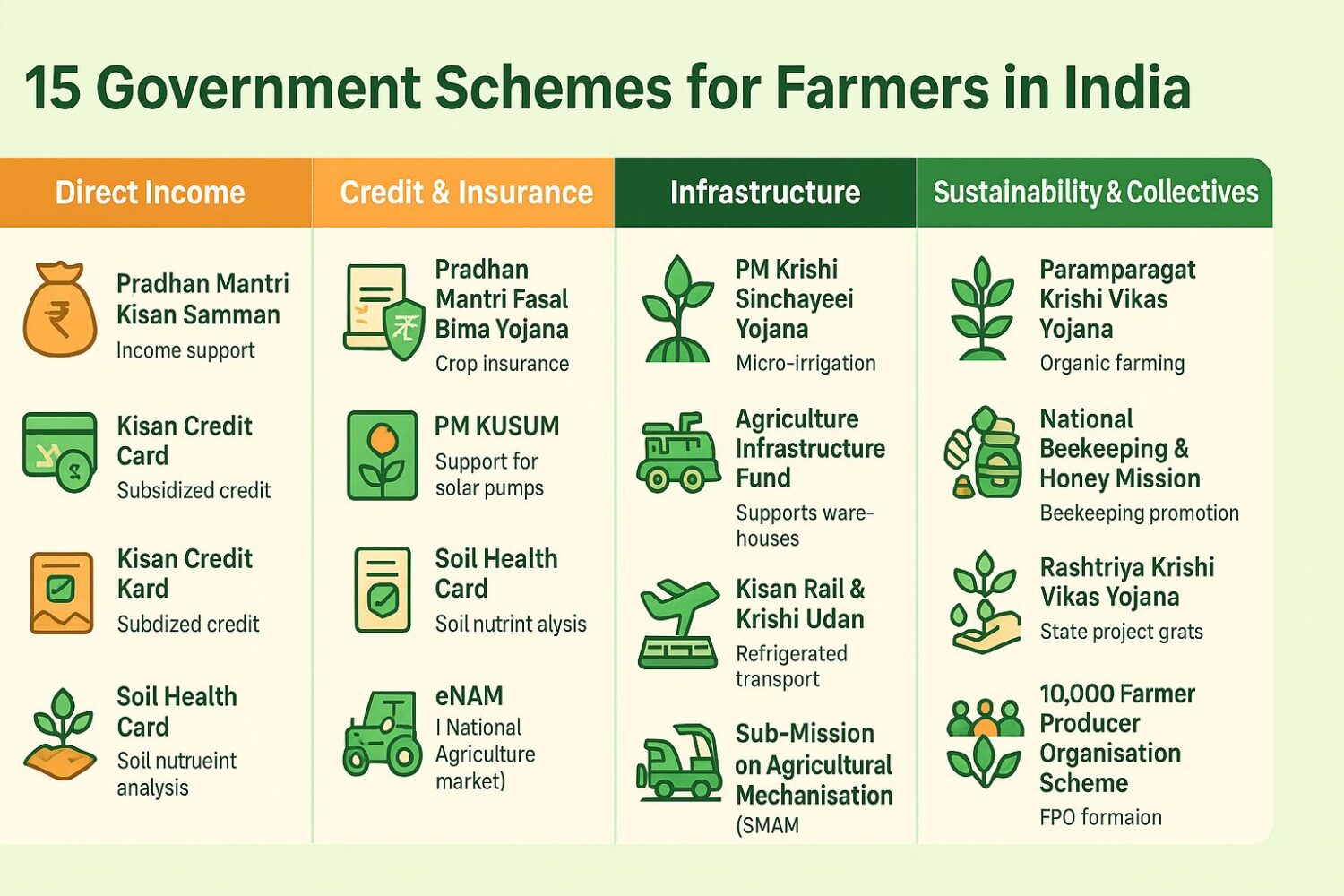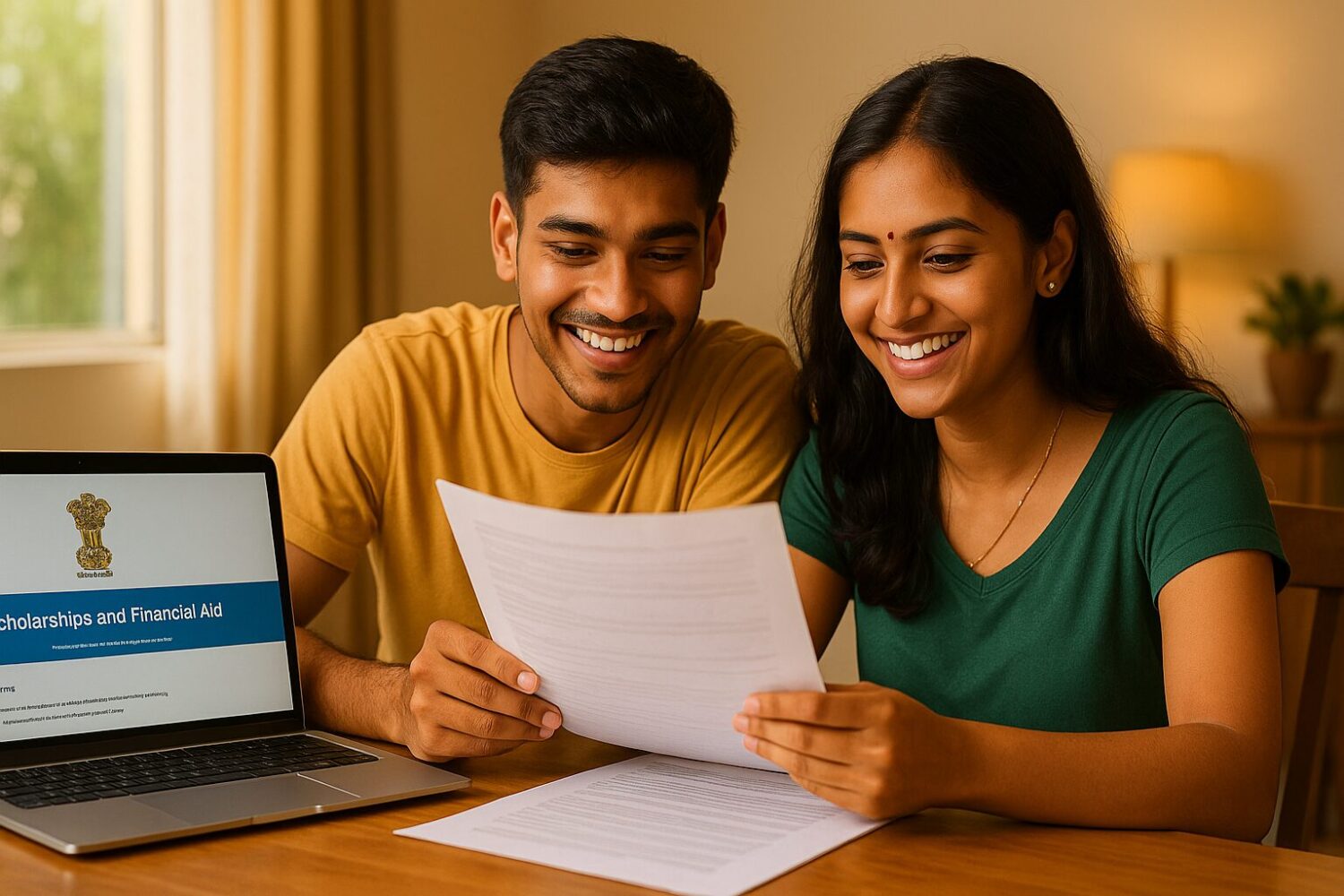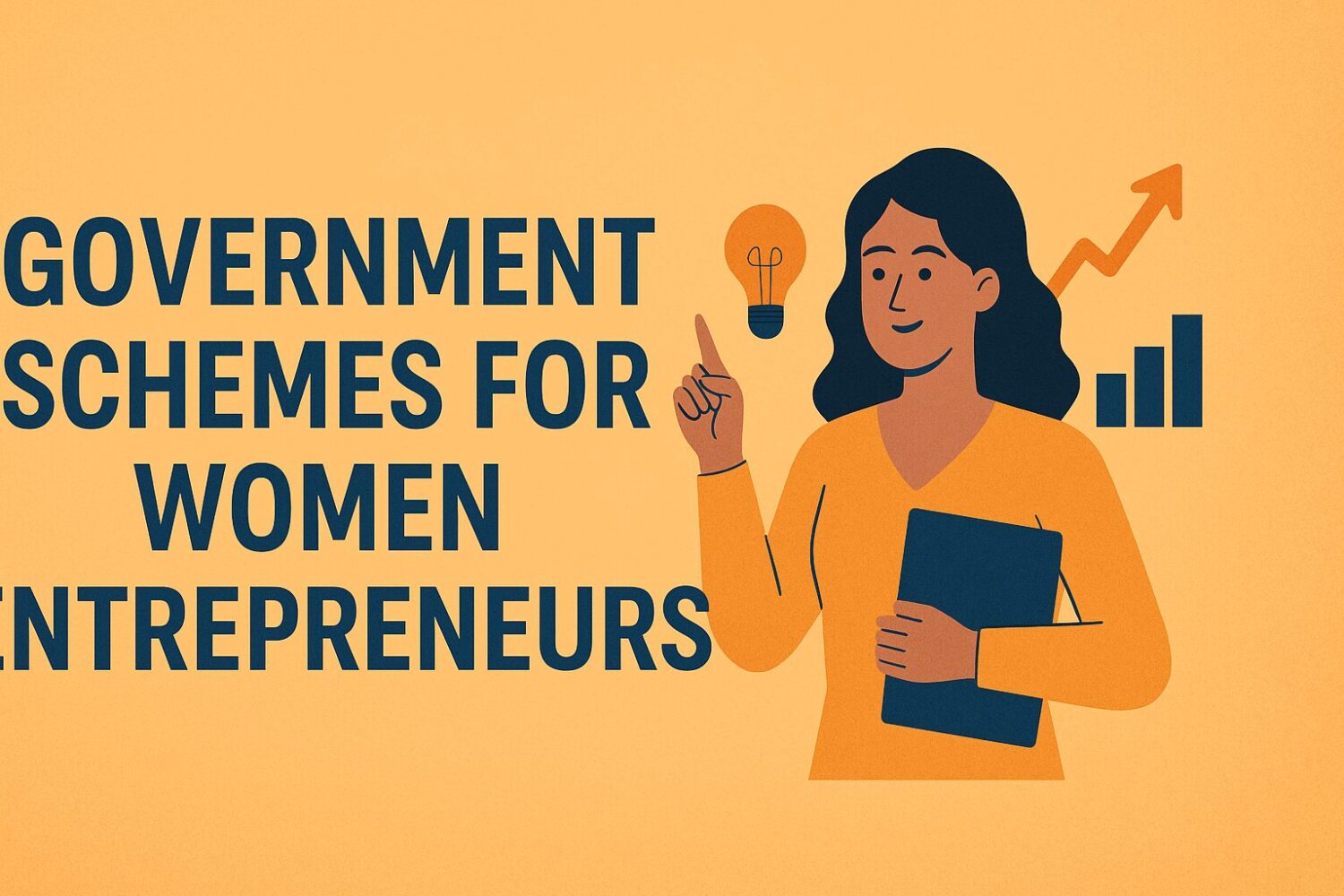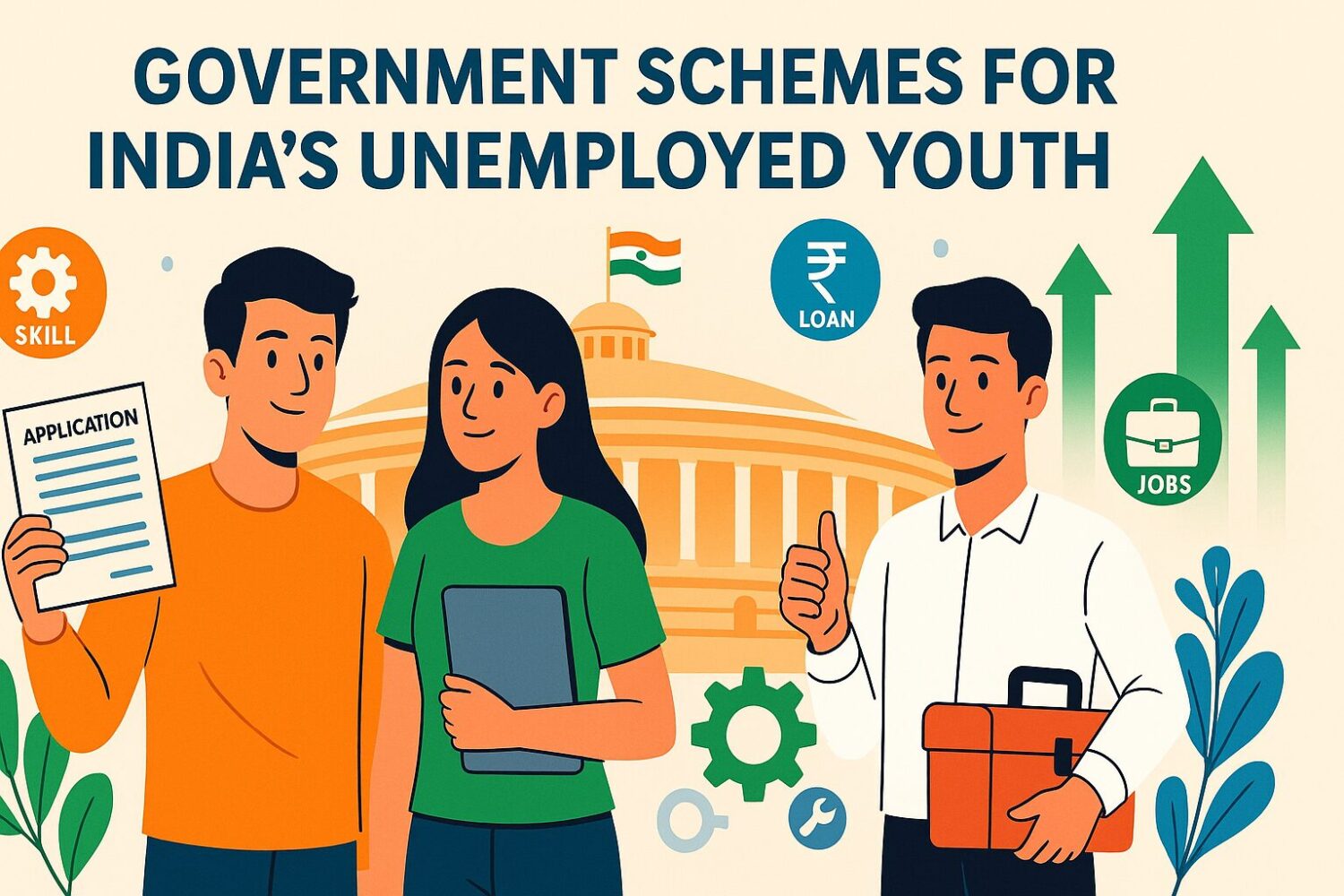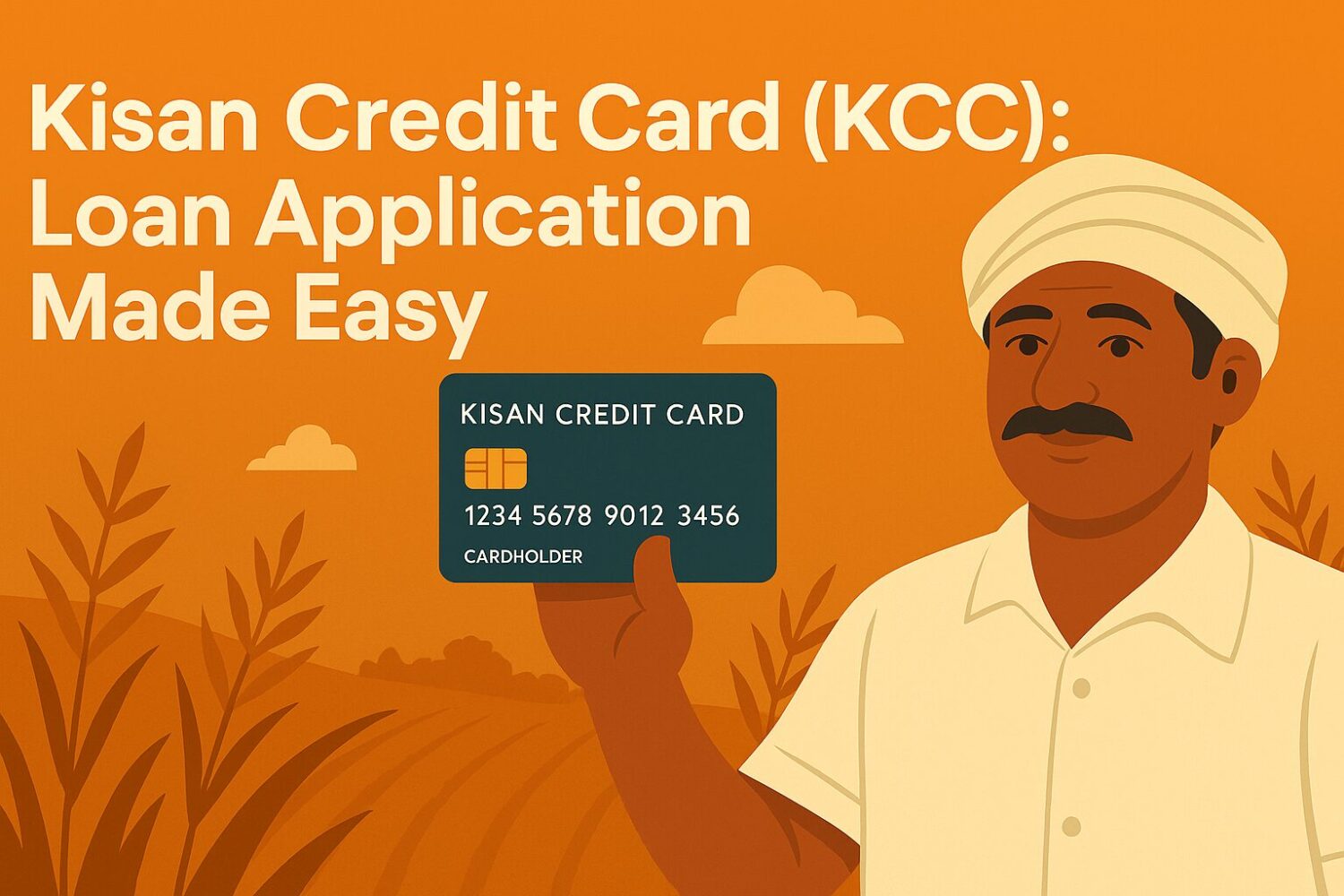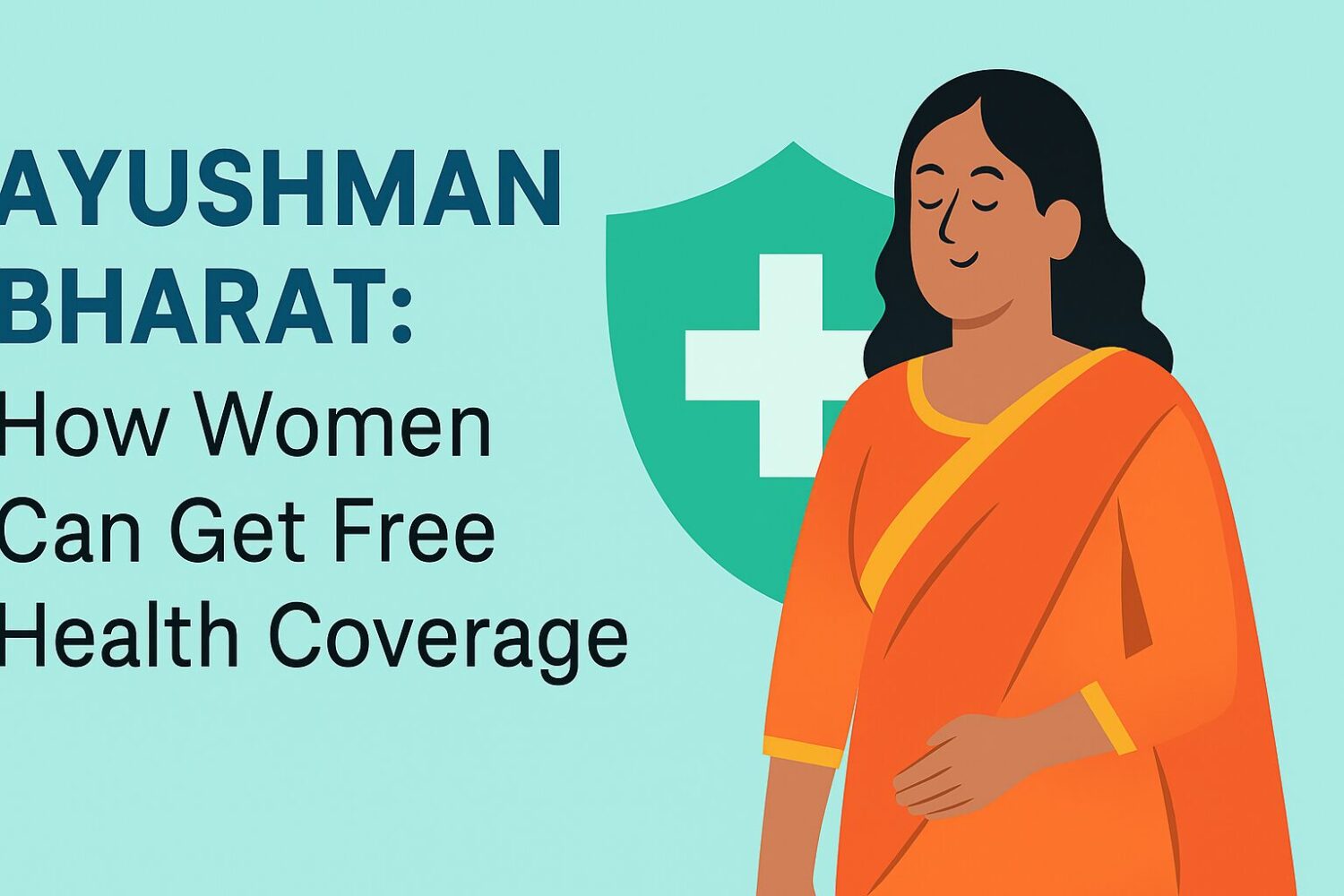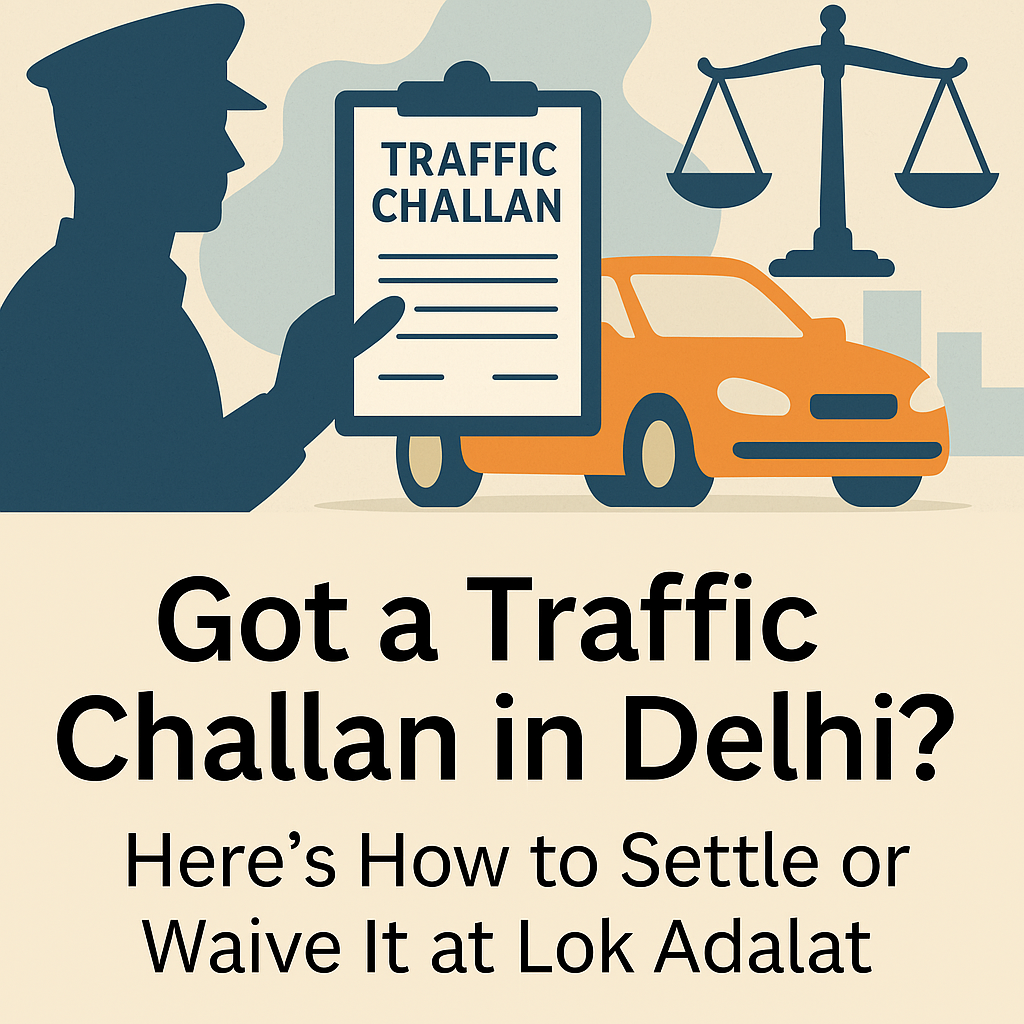
Updated on May 22, 2025
Summary
If you’ve received a traffic challan in Delhi, you can settle or even waive it through Lok Adalat, a special legal forum that handles minor offences quickly and affordably. Held a few times a year, Lok Adalats allow you to resolve pending challans often at reduced fines without going to court or hiring a lawyer.
Simply check your challan status online, attend the Lok Adalat on the announced date, and pay the settlement amount on the spot. It’s a practical way to avoid legal hassles and clear your record efficiently.
Don’t ignore that e-challan—you might be able to settle it for less or even get it waived.
Let’s be honest: Getting a traffic challan in Delhi can be frustrating.
One moment you’re cruising through South Ex, and the next, you get an e-challan notification from the Delhi Traffic Police. Whether it’s for jumping a red light, over-speeding, or parking in the wrong spot—if you drive in Delhi, you’ve probably received one at some point.
What many people don’t know is that you don’t always have to pay the full fine online or appear in court to contest it.
There’s a more efficient way to resolve it—through Lok Adalat.
If you’re wondering what a Lok Adalat is, how it helps with traffic fines, and how to go about using it, this guide breaks it all down in simple steps.
What is Lok Adalat?
Lok Adalat, which means “People’s Court,” is an alternative dispute resolution forum in India. It’s designed to help settle minor legal matters in a non-confrontational, efficient manner. These sessions are conducted by the Delhi State Legal Services Authority (DSLSA) in coordination with authorities like the Delhi Traffic Police.
When it comes to traffic challans, Lok Adalats offer a one-day opportunity to resolve pending challans, often at reduced rates. In some cases, minor violations may be fully waived.
You don’t need a lawyer. The process is voluntary and meant to simplify resolution for the public.
Why Settle Your Challan at Lok Adalat?
Here’s why choosing Lok Adalat can be a better option than paying online:
- Reduced fines: You may only have to pay a percentage of the original fine.
- Waivers: In some cases, older or minor challans may be waived.
- Avoid legal complications: Unpaid challans may eventually result in court notices or legal action.
- No long wait times: The process is quicker and simpler than traditional legal proceedings.
- No late penalty interest: Settling during Lok Adalat can prevent additional charges.
Let’s look at how to use this process.
Step-by-Step Guide to Settling Delhi Traffic Challans in People’s Court
Step 1: Check Your Challan Online
Start by confirming what challans you have.
Visit the Delhi Traffic Police Portal:
https://traffic.delhipolice.gov.in
Or use the Ministry of Road Transport and Highways’ portal:
https://echallan.parivahan.gov.in
Enter your vehicle registration number or challan number to view any pending fines .
Take note of the challan IDs, dates, and types of offences.
Step 2: Look Out for Lok Adalat Announcements
Lok Adalats are not held daily—they are typically organized several times a year, often on weekends.
Stay informed through:
- Delhi Traffic Police website updates
- DSLSA announcements on http://dslsa.org
- News updates or newspapers
- SMS alerts from Delhi Police (if your mobile number is registered)
These announcements will provide details like date, location, eligible offences, and instructions on how to participate.
Step 3: Register If Required
For some Lok Adalats, you may need to register your challan in advance.
Look for a pre-registration link or instructions in the announcement. You may be asked to:
- Submit your challan number or vehicle details
- Provide ID proof
- Confirm your attendance in advance
Pre-registration helps streamline the process on the day of the event.
Step 4: Attend the People’s Court in Person
On the scheduled day:
- Go to the assigned Lok Adalat venue, typically a district court or traffic office.
- Carry necessary documents, including:
- Your challan copy or challan number
- Government-issued ID (like Aadhaar or driving license)
- Vehicle registration documents, if available
- Visit the Lok Adalat or traffic challan desk.
- Your case will be presented before a judge in an informal setting.
- You’ll be offered a one-time settlement amount, which is often significantly reduced.
If you agree, you can make the payment immediately using available modes (cash, card, or digital payment). Once paid, your challan is marked as settled.
Example
Let’s say you have two unpaid challans:
- ₹1000 for illegal parking
- ₹2000 for over-speeding
During the People’s Court, the judge might offer a combined settlement amount of ₹1500. You accept, pay on the spot, and walk out with all fines resolved.
Key Points to Keep in Mind
- Only unpaid challans are eligible for settlement.
- Not all traffic offences may qualify. Serious violations like drunk driving or accidents may be excluded.
- Always carry necessary documents for smooth processing.
- Once a challan is settled at Lok Adalat, it cannot be reopened.
- Manuals and e-challans are both accepted, unless otherwise mentioned.
If You Miss the Lok Adalat
If you miss the Lok Adalat session:
- Pay the full fine online through the official portal.
- Wait for the next Lok Adalat session if the challan remains unpaid.
- If the challan is legally escalated, you may have to appear in court.
Avoid ignoring the challan altogether, as it may lead to legal action, vehicle seizure, or difficulties with your driving license and registration.
After Settlement: Confirming Status
After making your payment at Lok Adalat, you can verify that your challan has been marked as paid.
Go back to the Delhi Traffic Police website or the e-challan portal and enter your vehicle number or challan ID. The challan should now appear as ‘disposed’, ‘settled’, or ‘paid’.
Keep a copy of the receipt for your personal records.
Conclusion
If you have pending traffic challans in Delhi, settling them through the People’s Court is a smart and cost-effective option. It’s straightforward, faster than going to court, and may save you money.
Keep an eye on Lok Adalat announcements, gather your challan details, and take advantage of this simplified legal solution when the opportunity arises.
Paying your dues through this system can help you avoid future complications and give you peace of mind.
Frequently Asked Questions (FAQs):
Q1. What is Lok Adalat?
Lok Adalat is an alternative dispute resolution forum that allows quick and amicable settlement of minor legal issues, including traffic challans.
Q2. Can all traffic challans be settled in Lok Adalat?
Most minor offences qualify, but serious violations like drunk driving may not be eligible.
Q3. Do I need a lawyer to attend People’s Court?
No, the process is simple and you can represent yourself.
Q4. How do I know when Lok Adalat is scheduled?
Dates are announced on the Delhi Traffic Police website, DSLSA portal, and via public notices or SMS alerts.
Q5. What if I miss the Lok Adalat?
You can either pay the full challan online or wait for the next scheduled Lok Adalat if the challan remains unpaid.
📩 If you notice any incorrect data in this guide or wish to share additional information, please write to us at info@indiansouls.in.
Over 2000+ Government Schemes & Policies Simplified
Indian Souls is your guide to government Schemes, scholarships, pensions, subsidies, job exams, and more. We break complex schemes into easy steps, helping every citizen take full advantage of the opportunities available.
No jargon. No confusion. Just useful info that helps indian citizen.
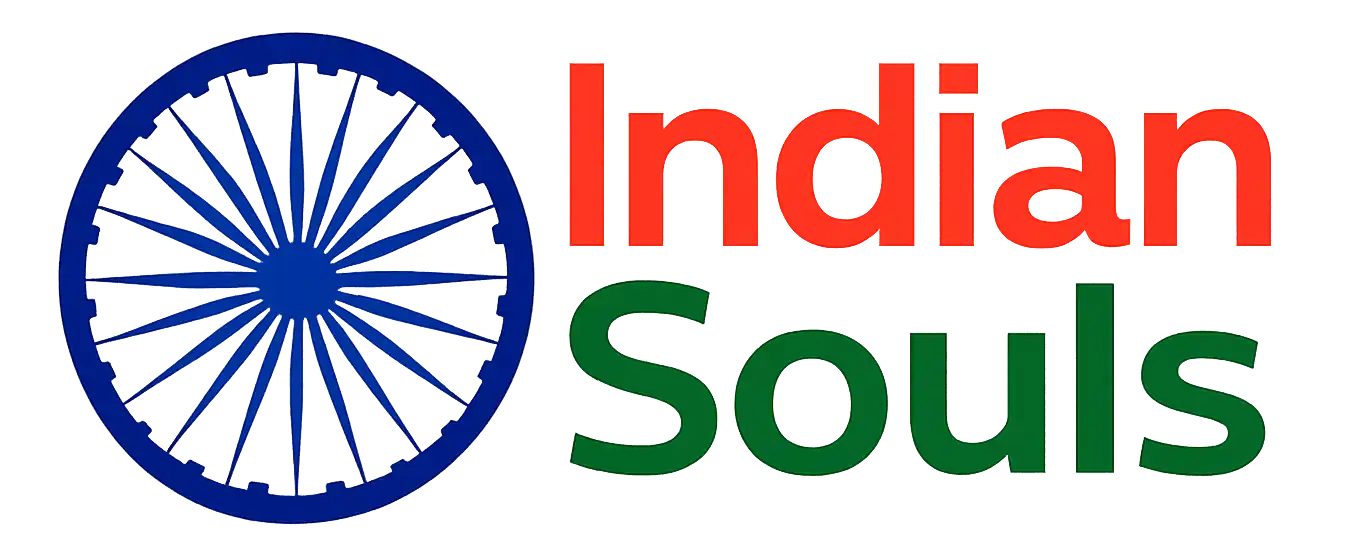
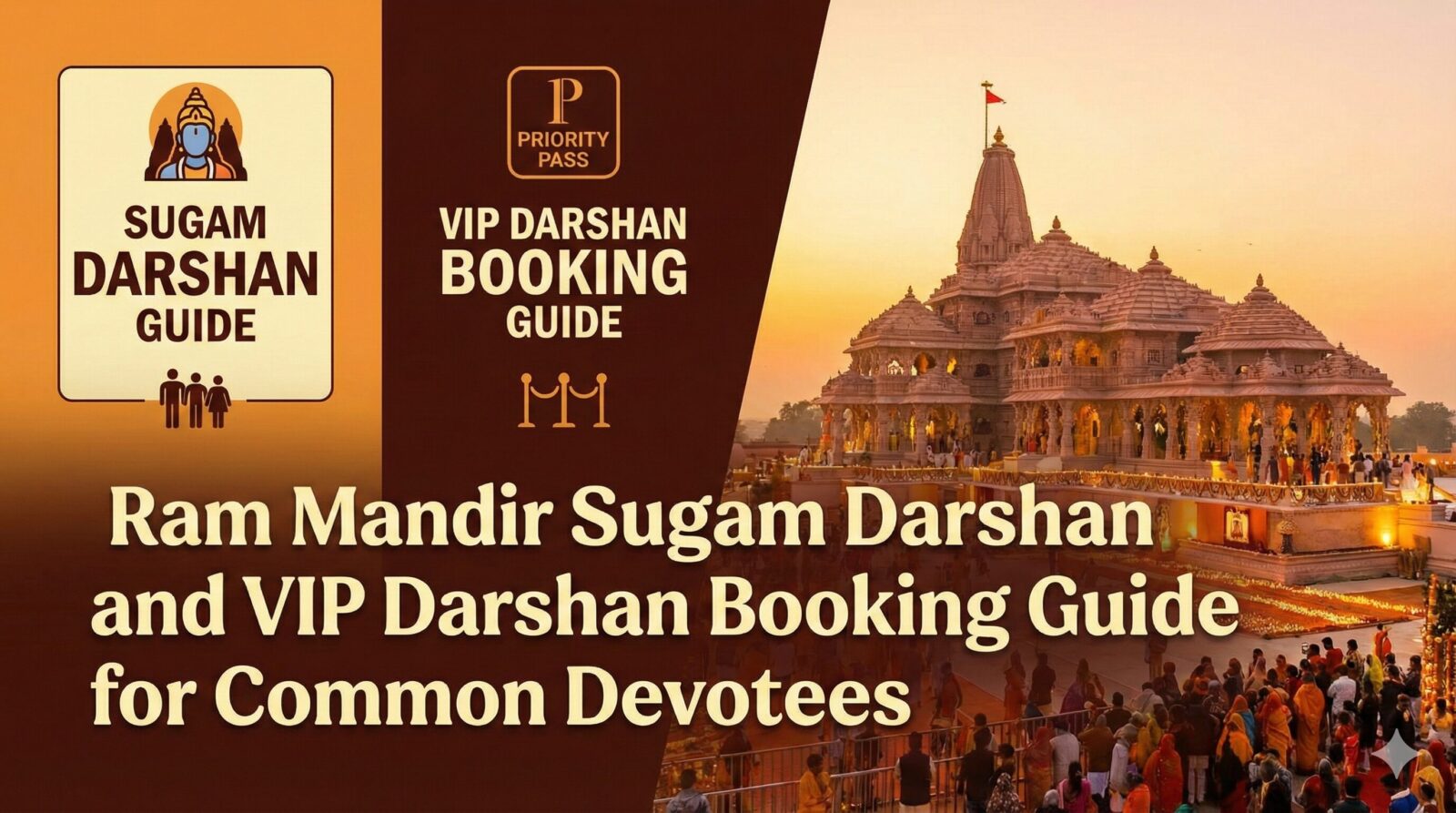
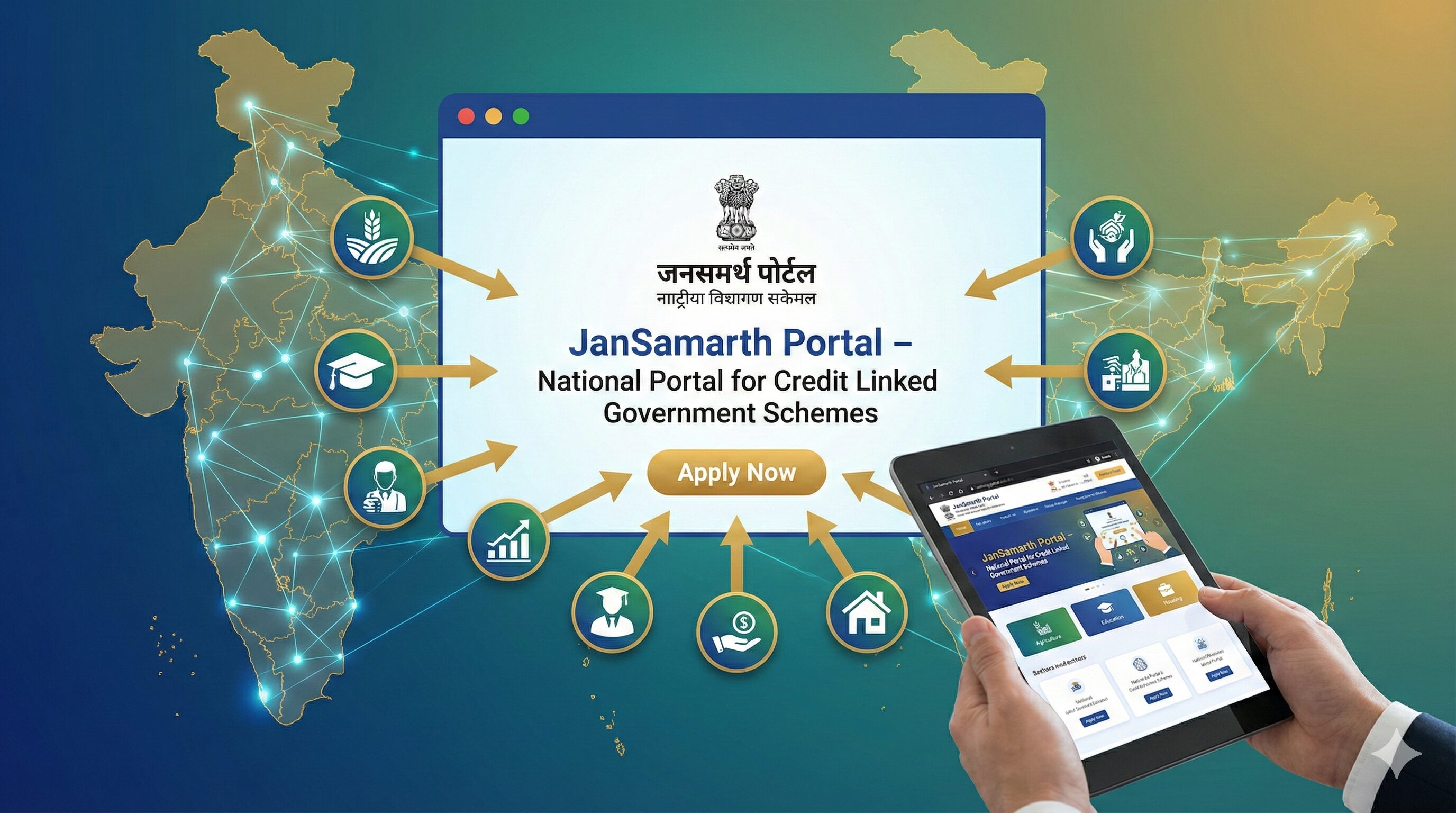
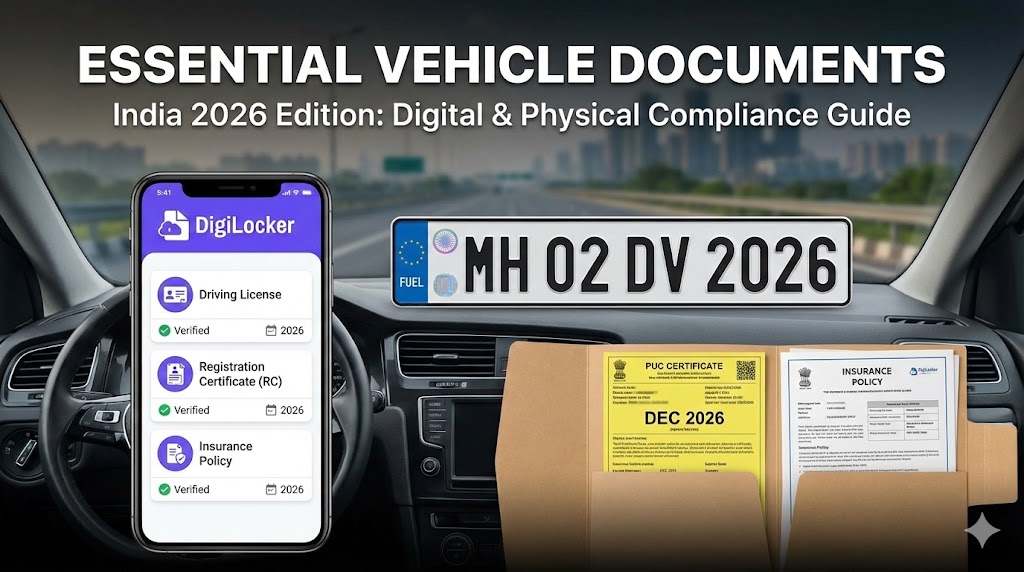
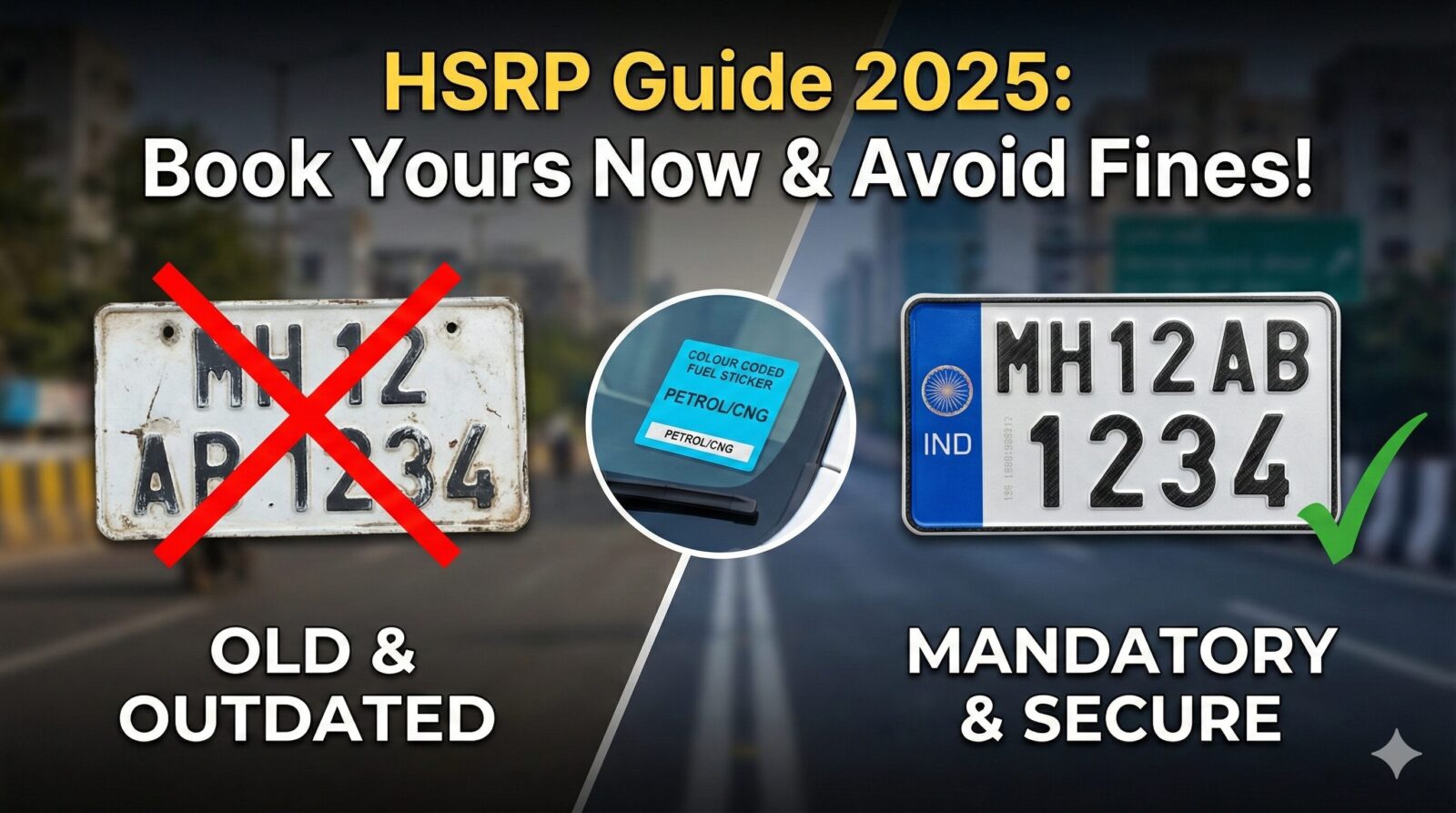
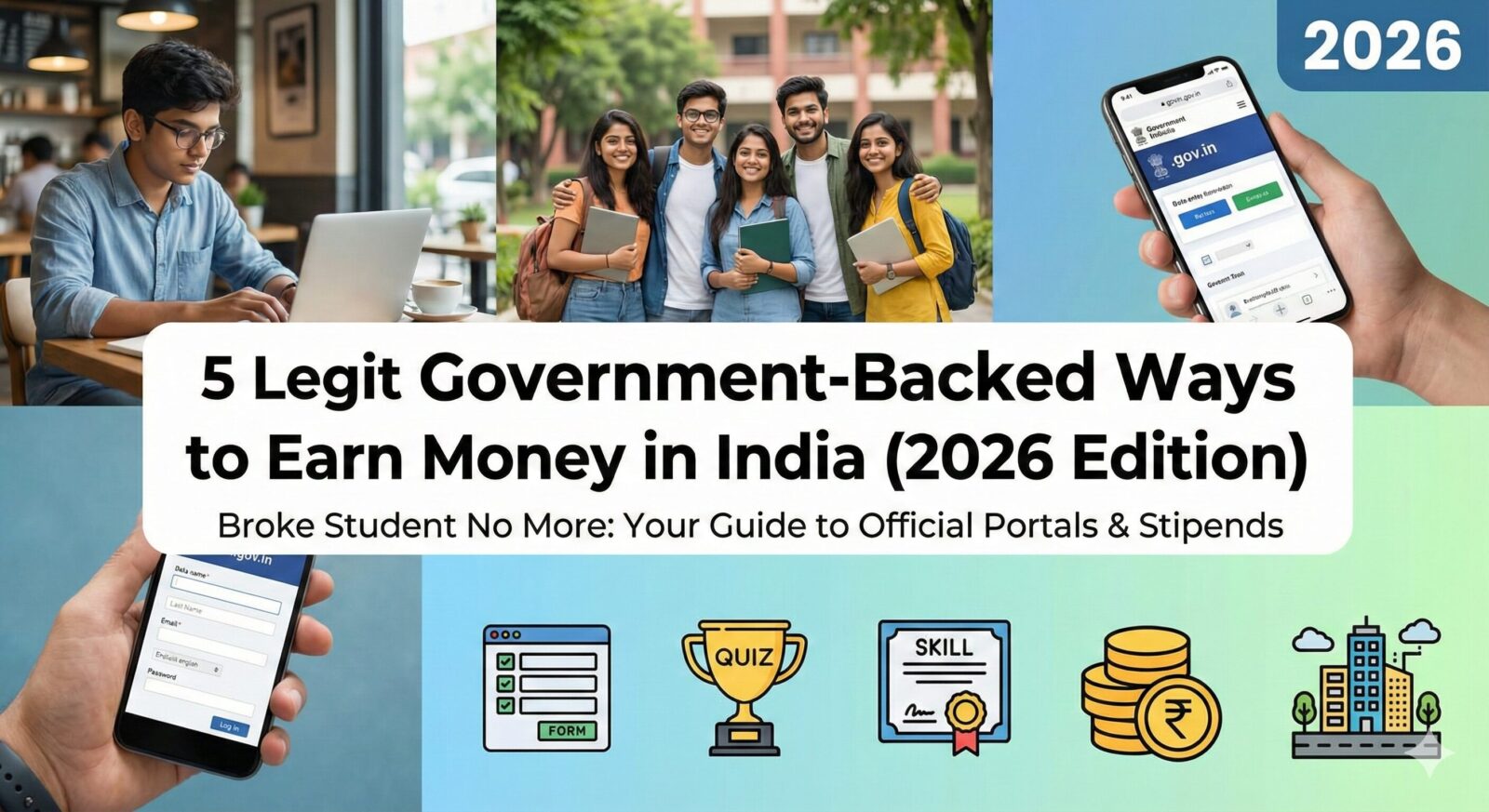
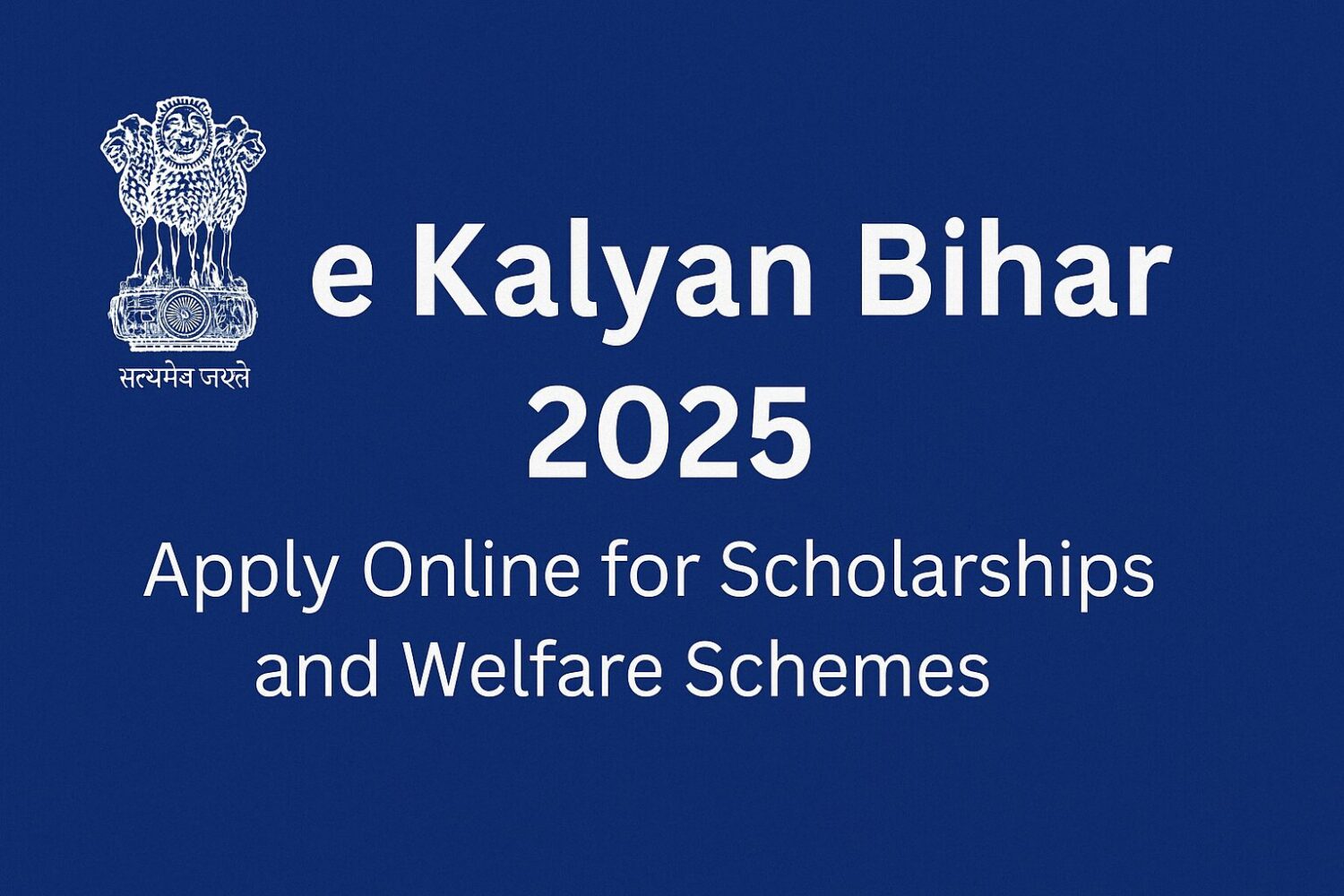
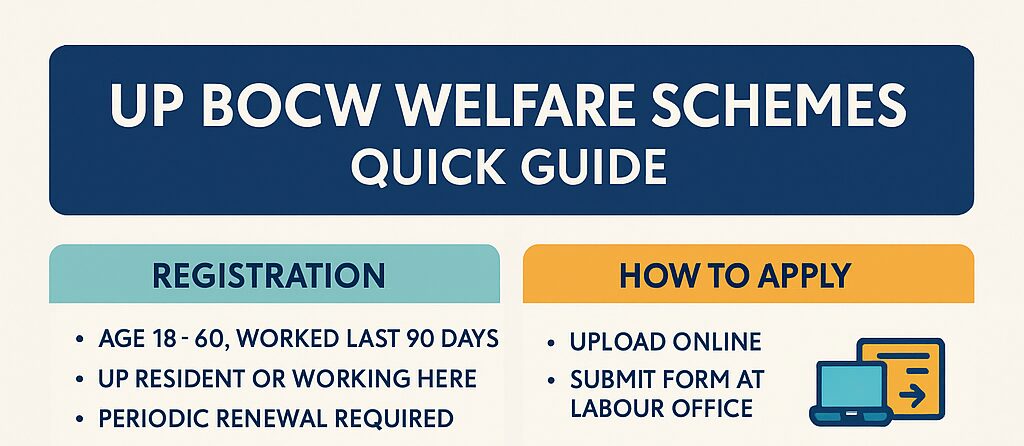
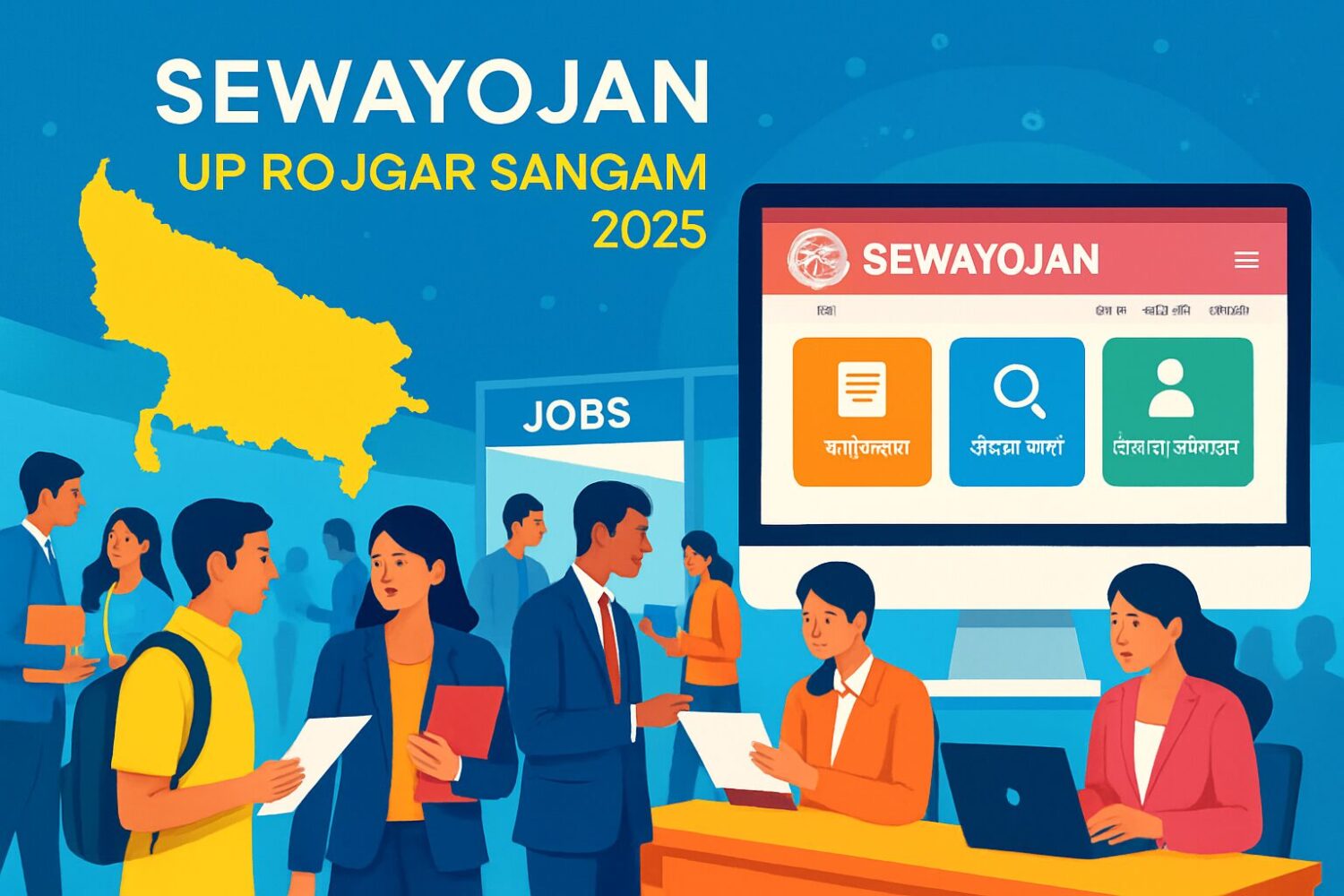
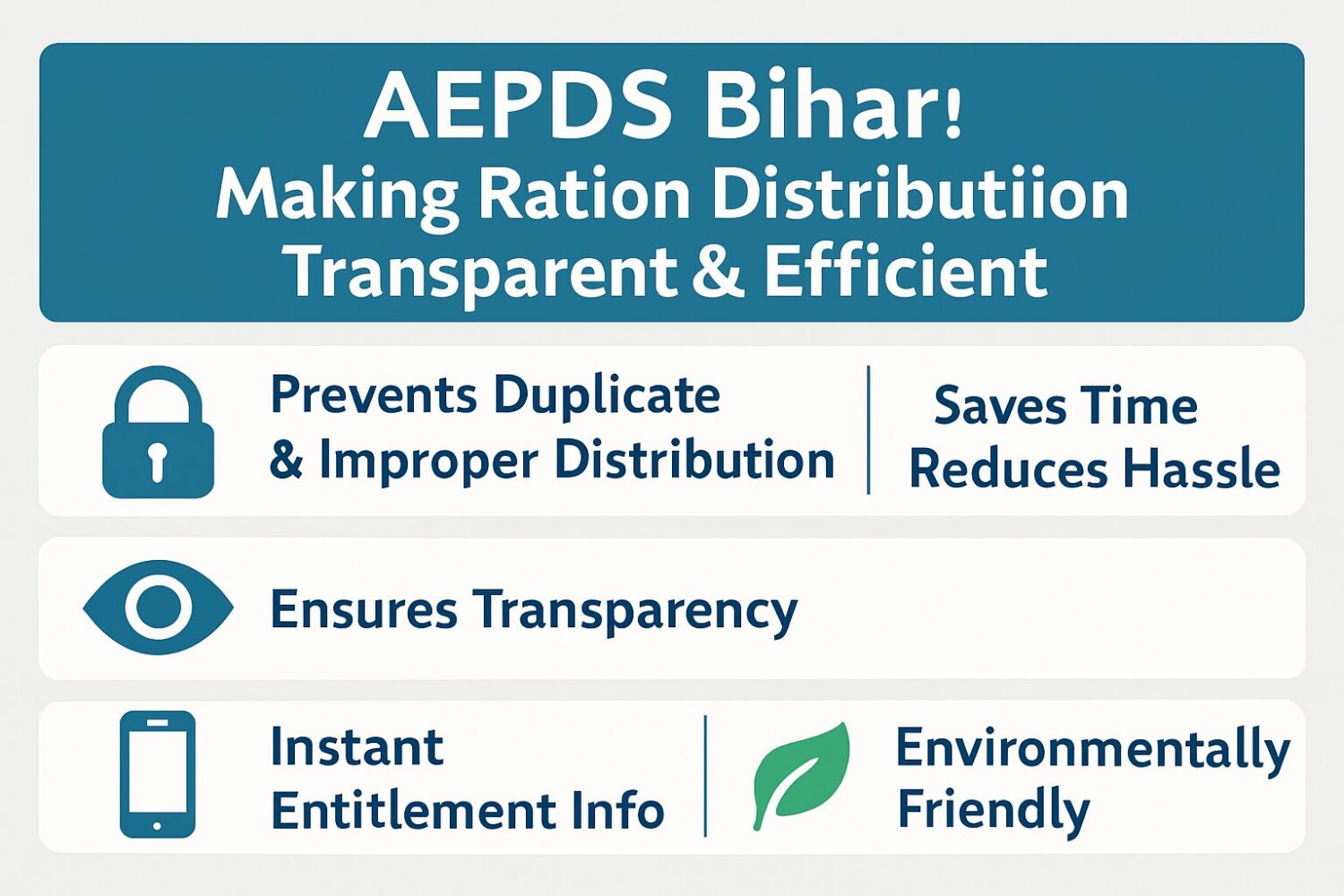

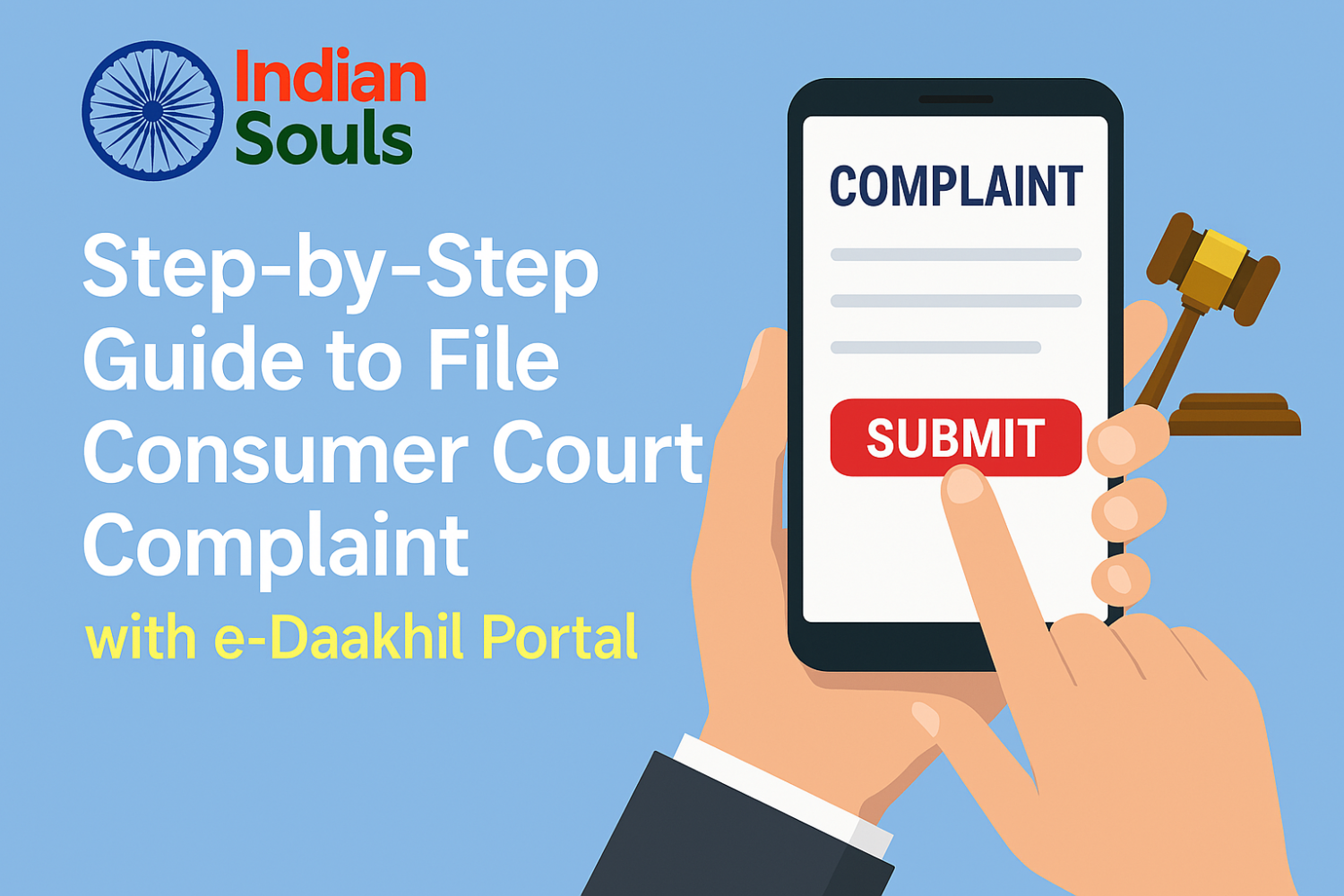
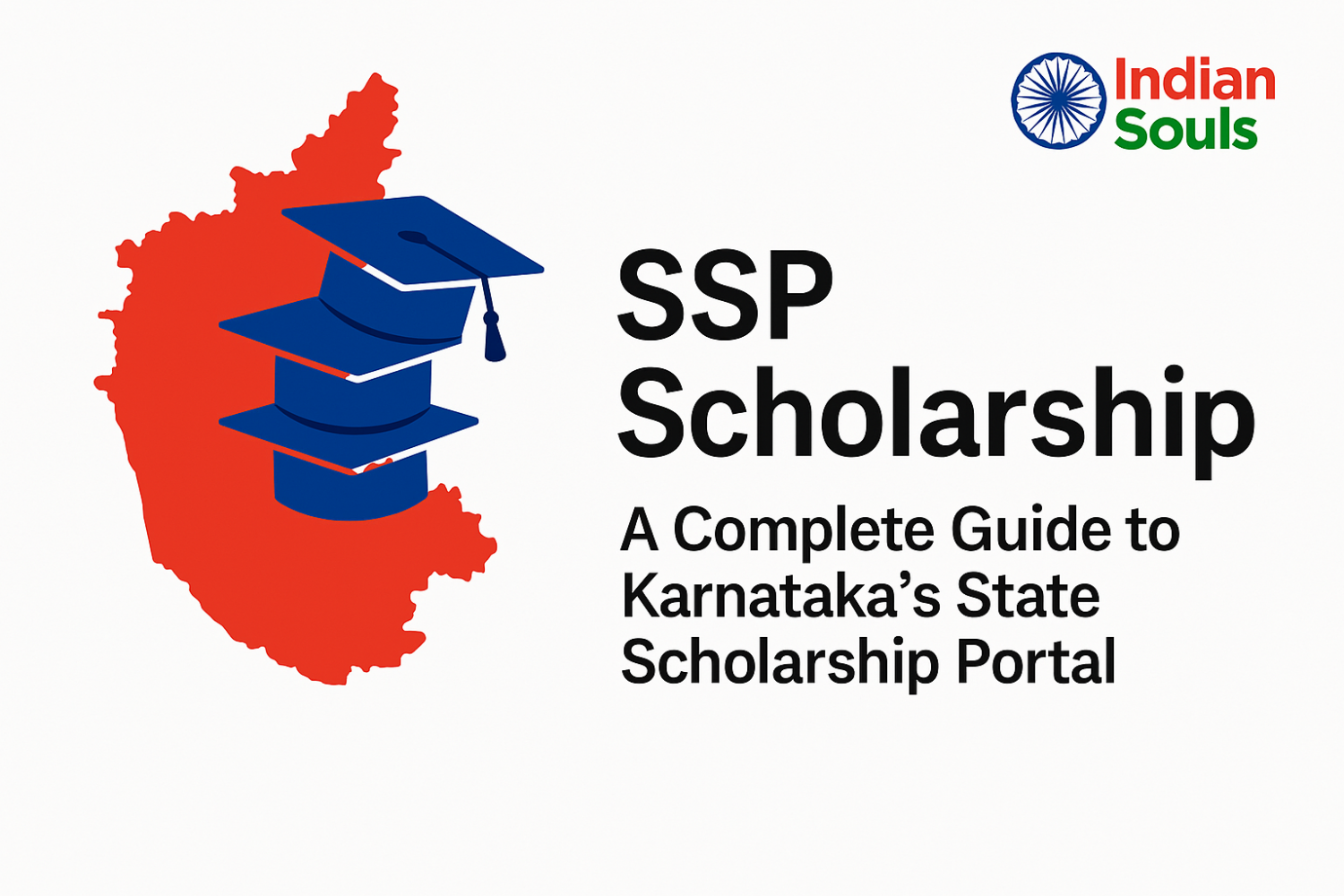
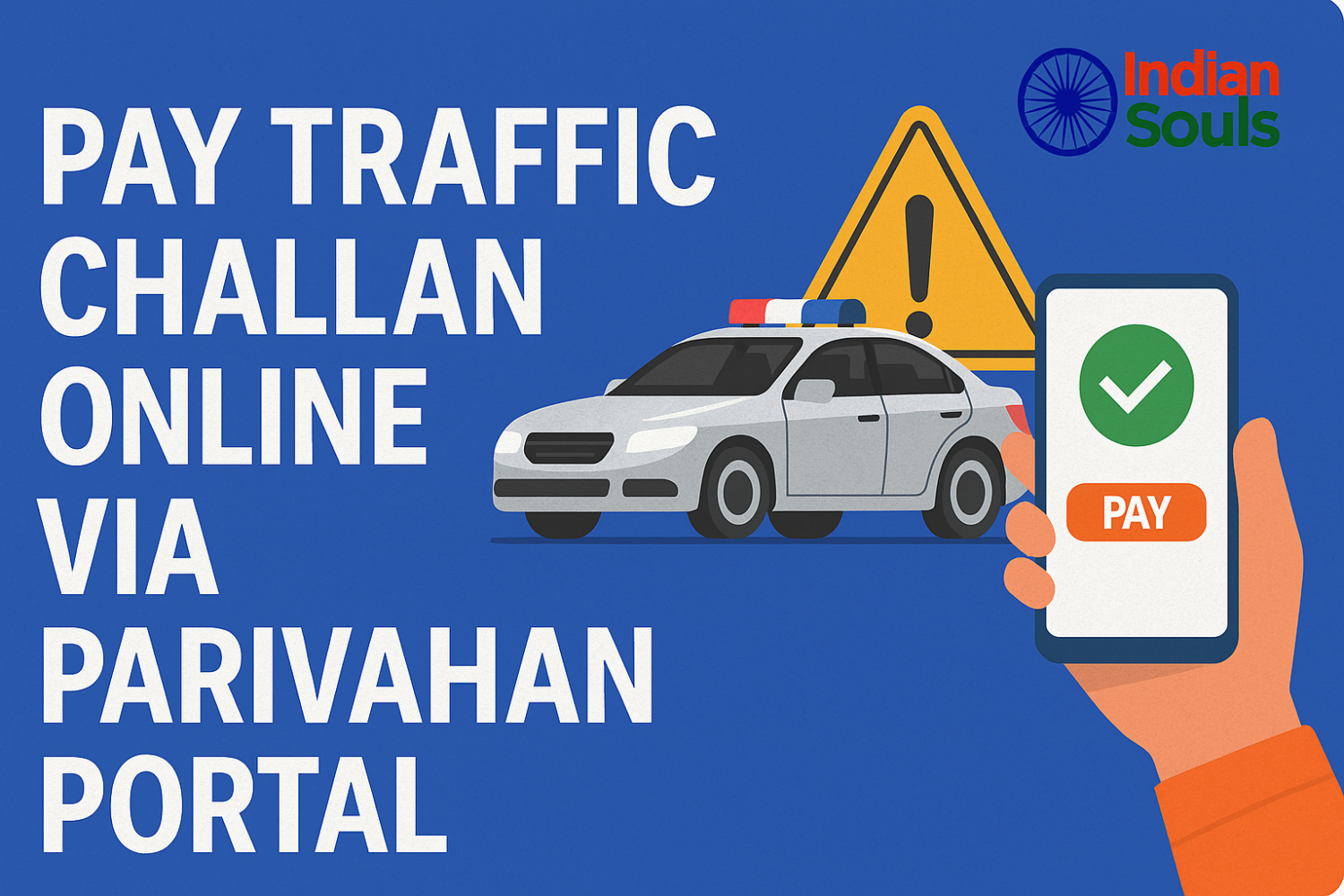
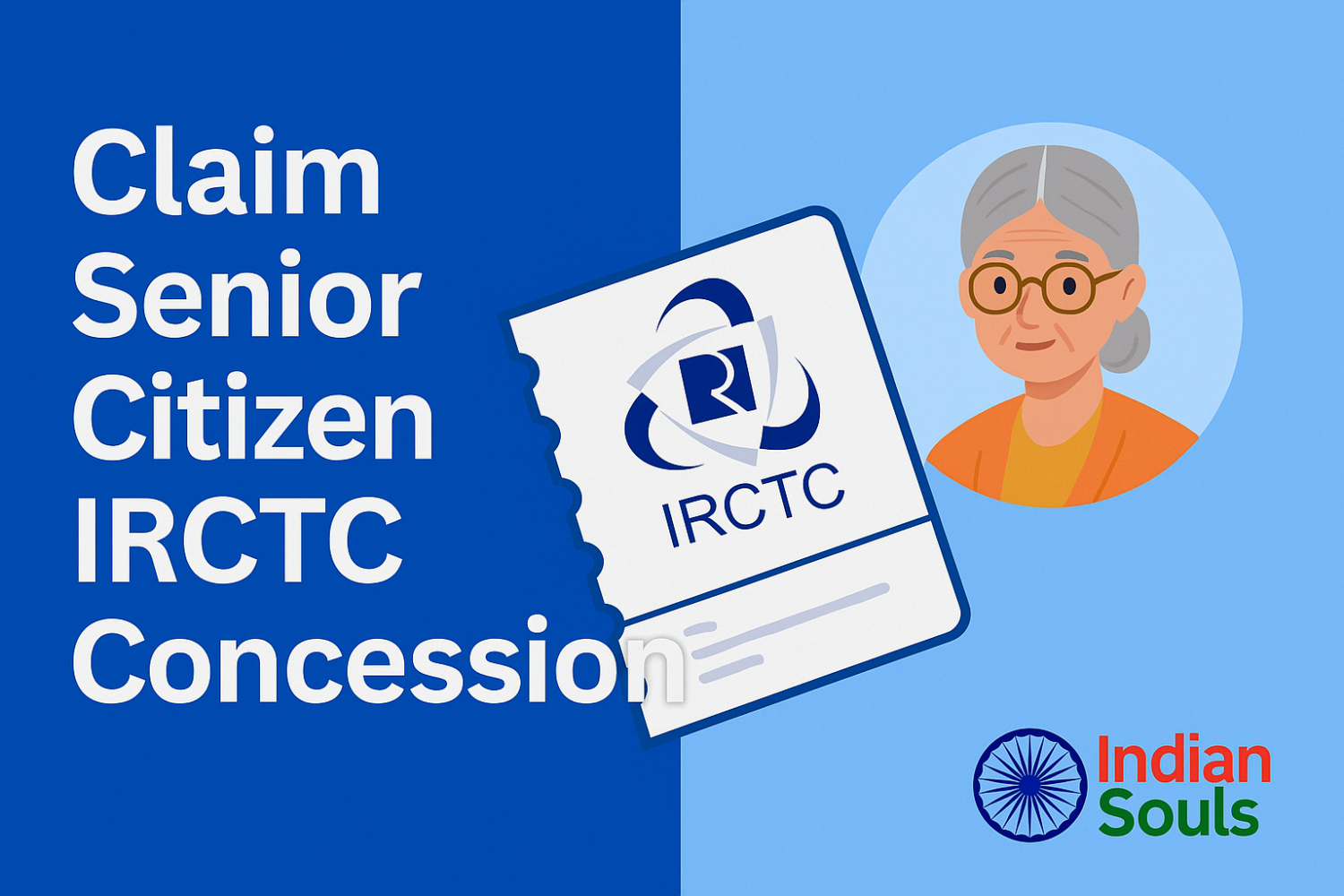


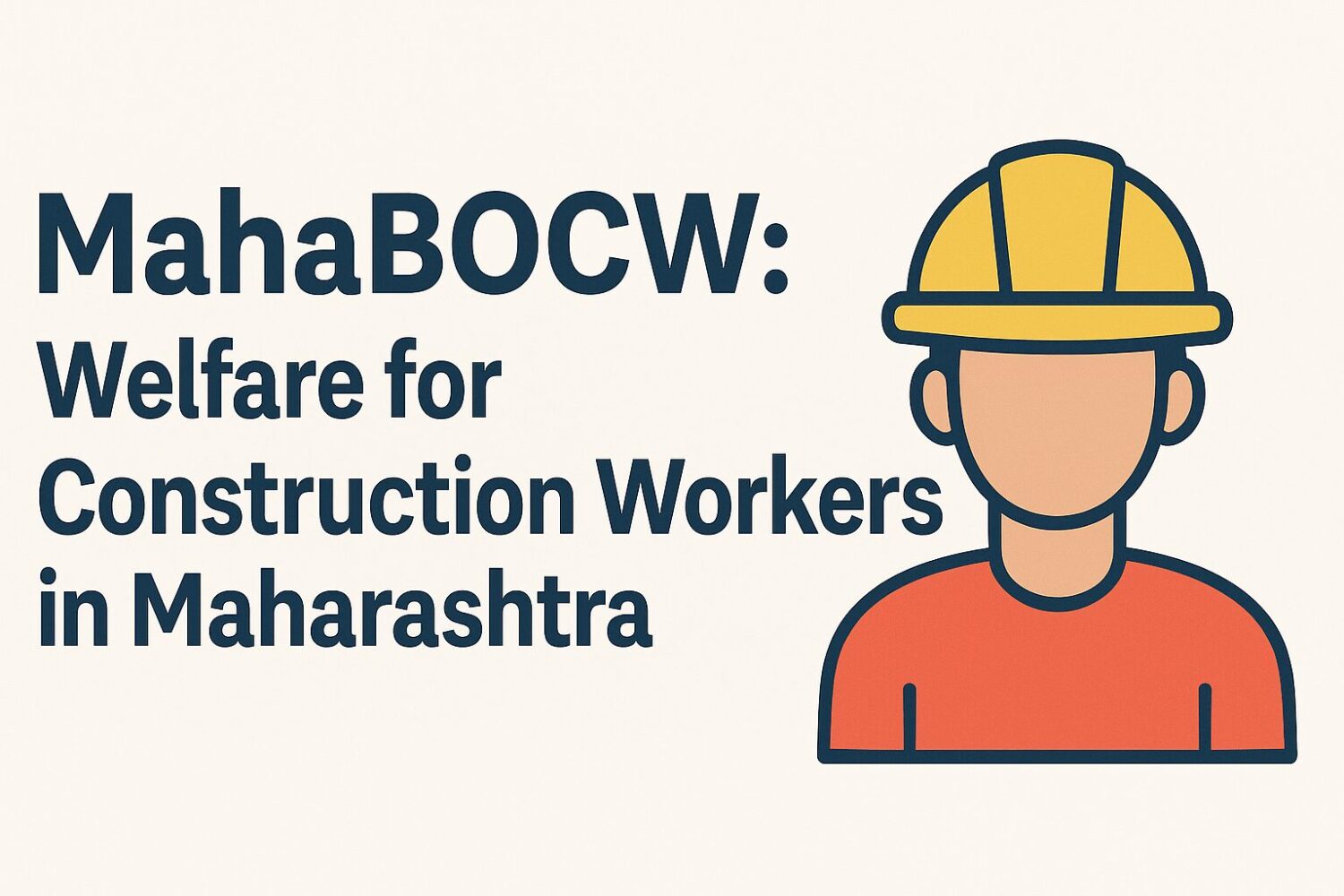
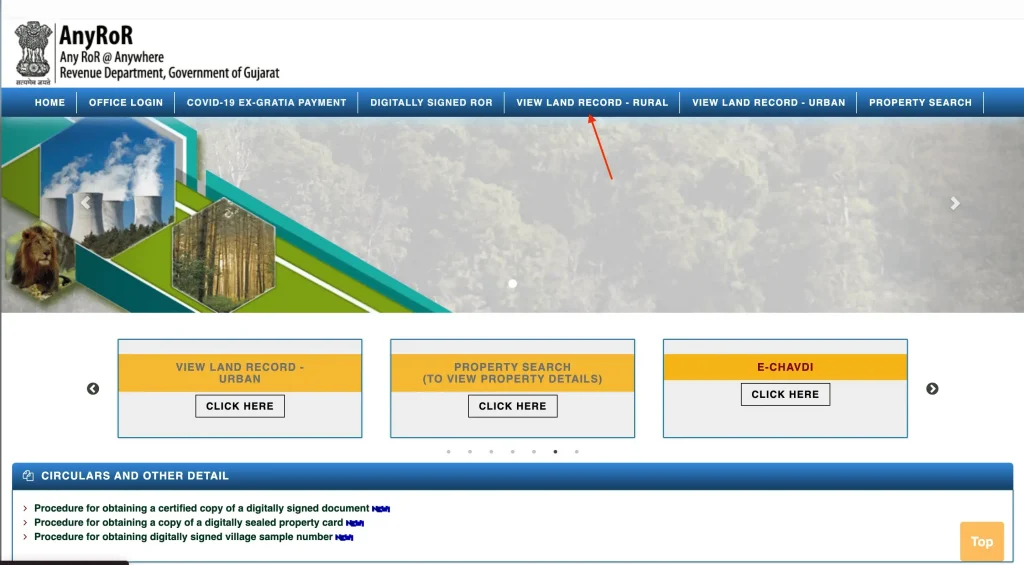
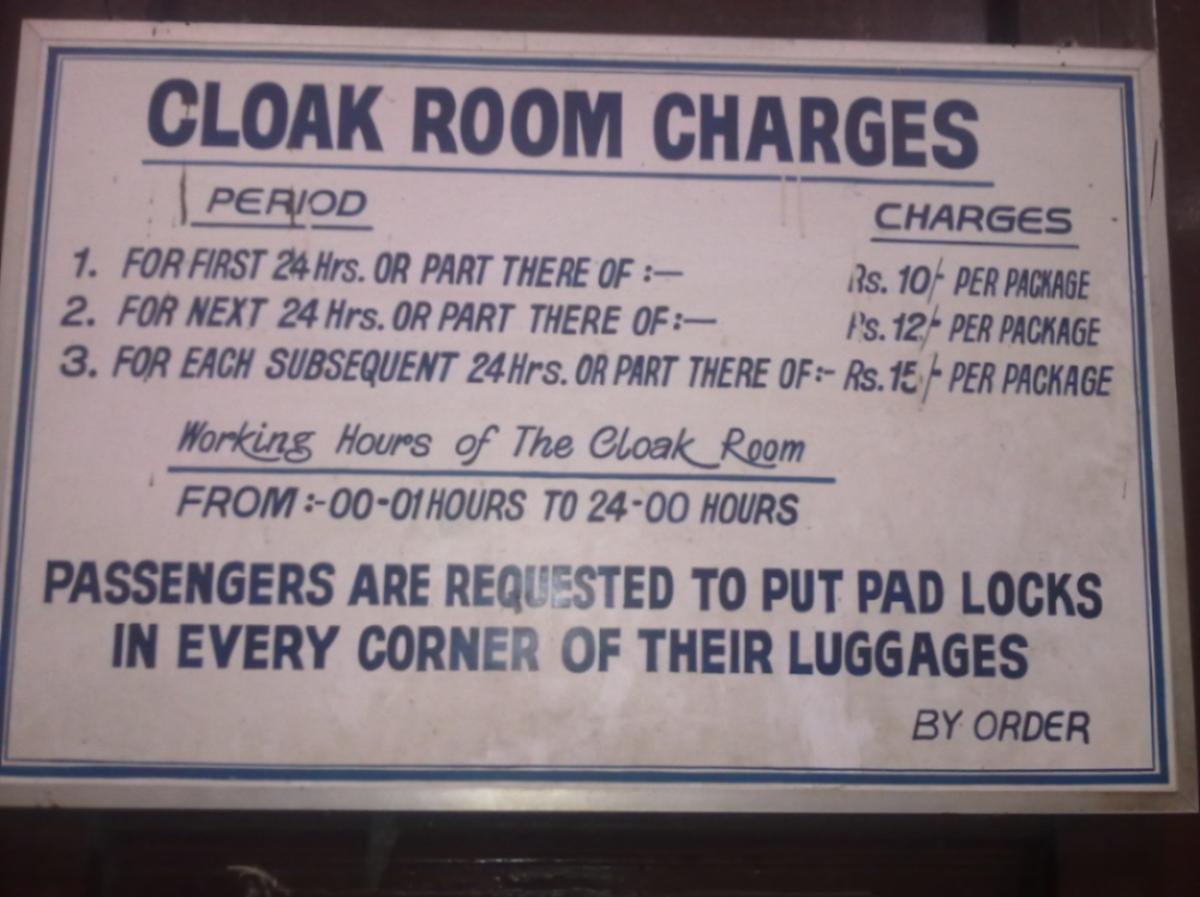
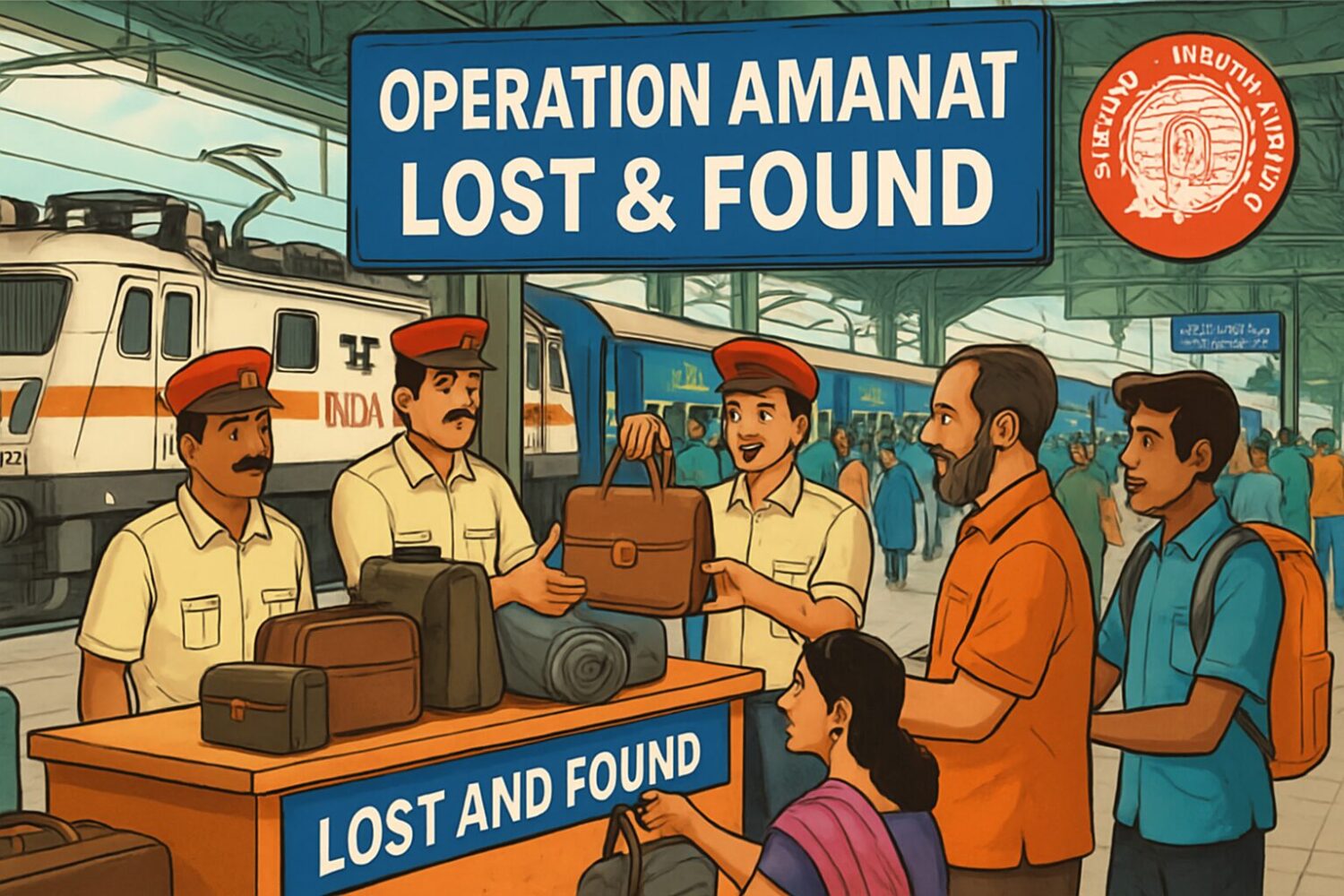
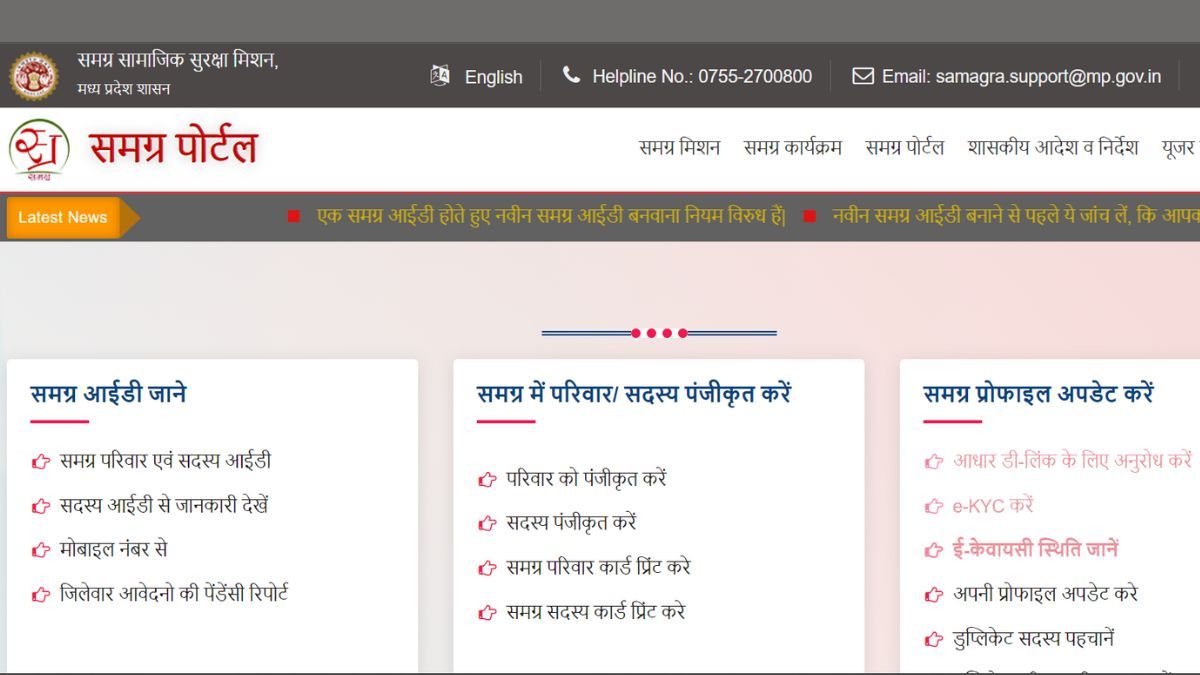
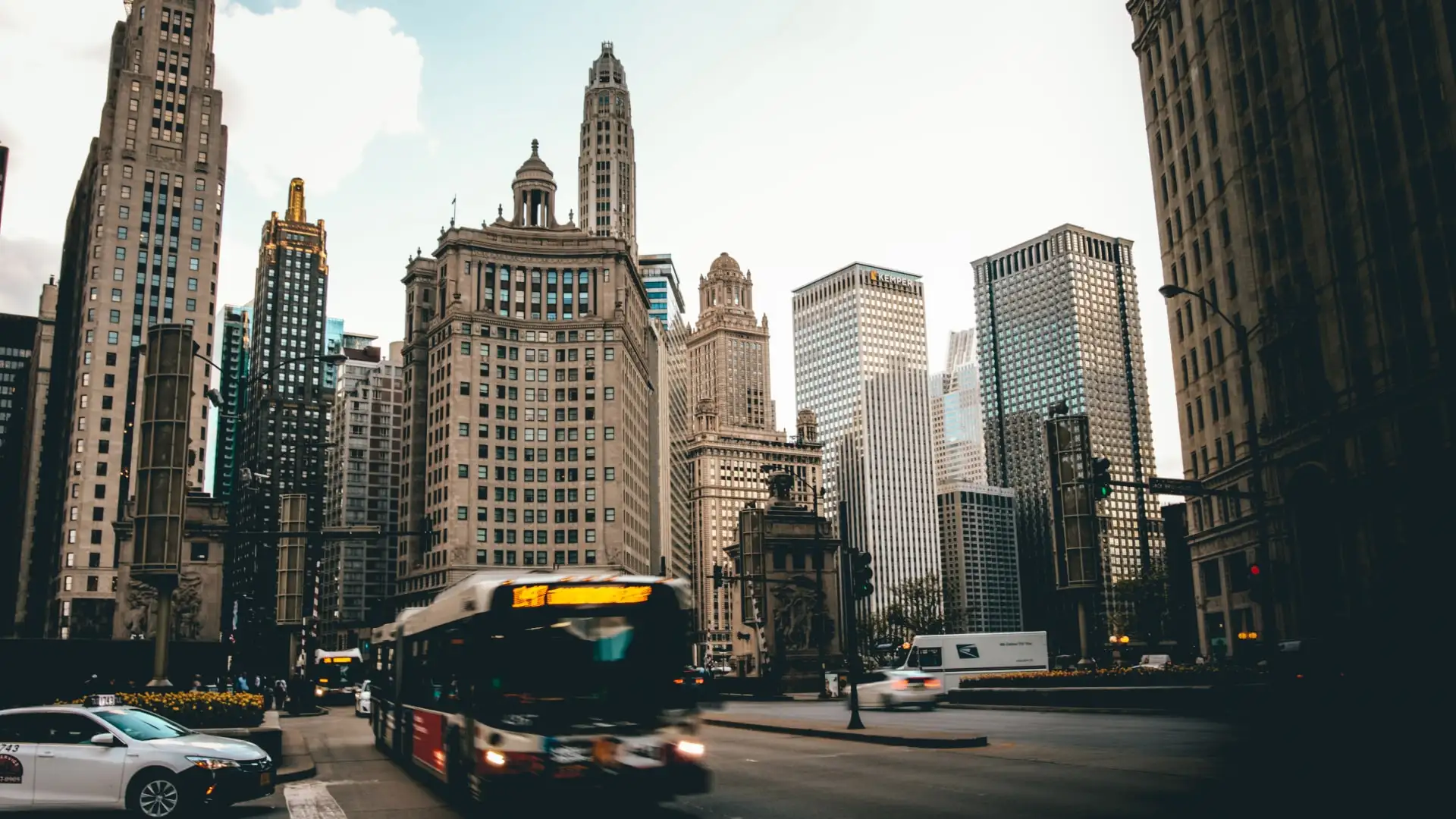
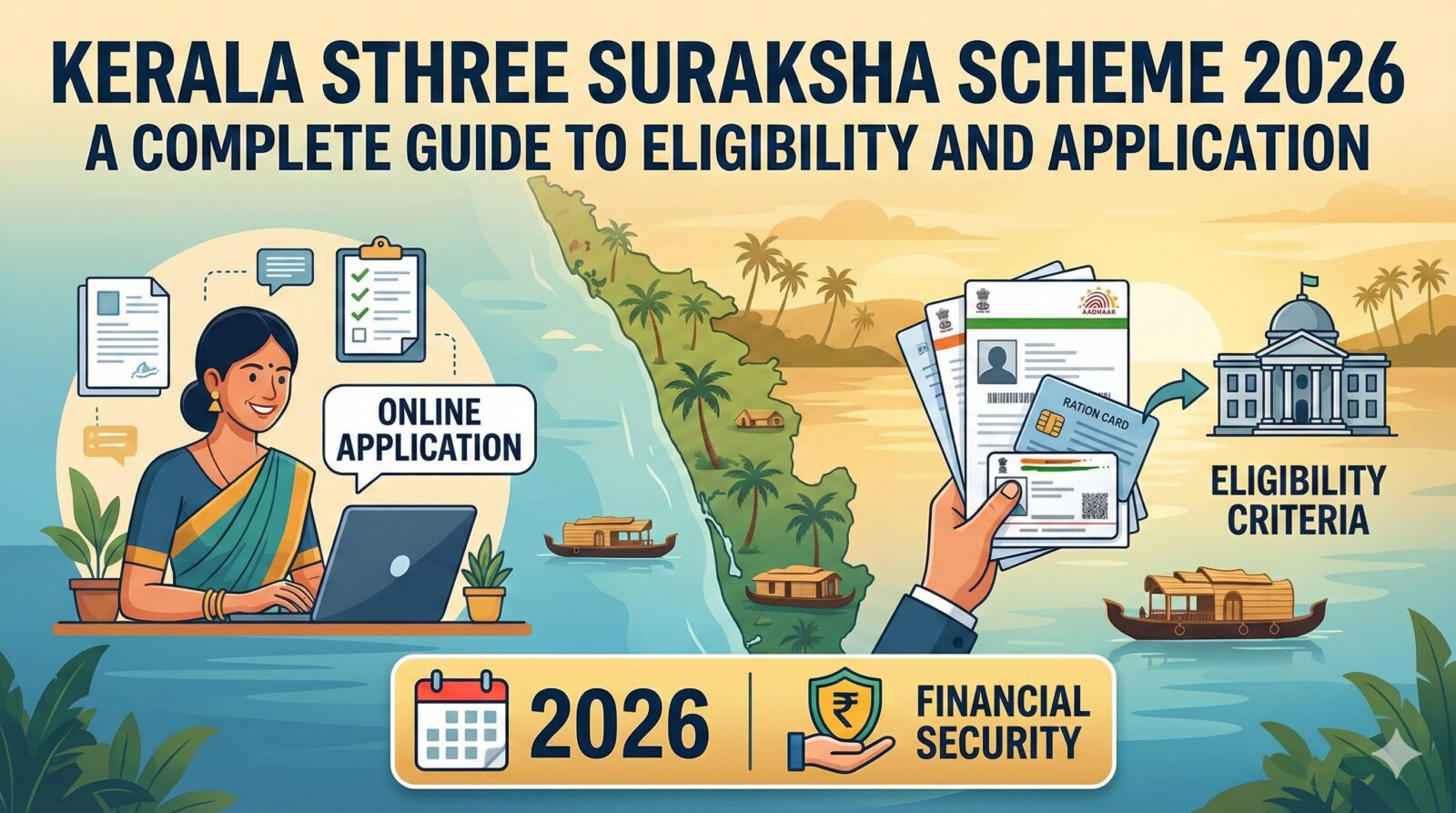
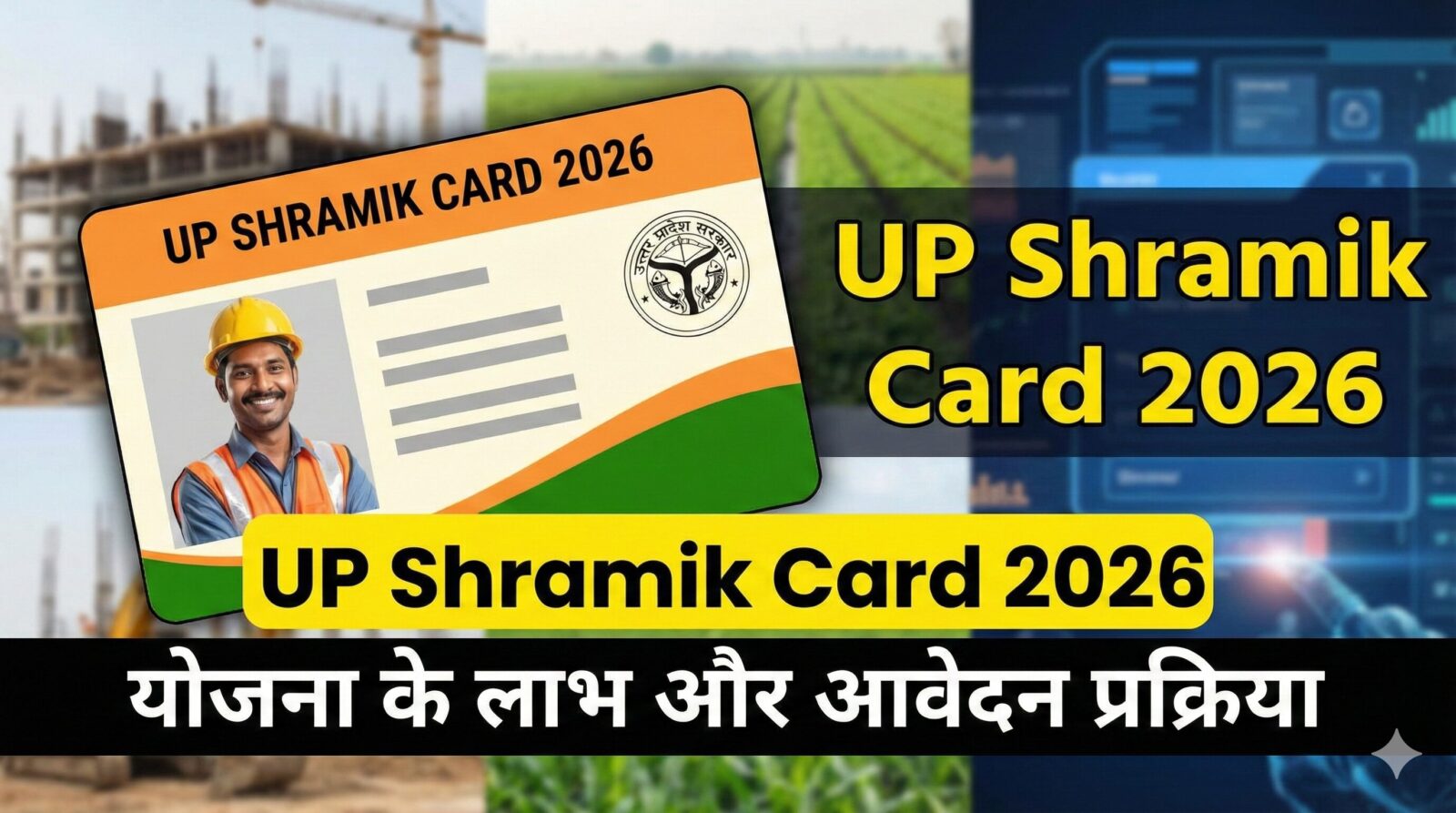
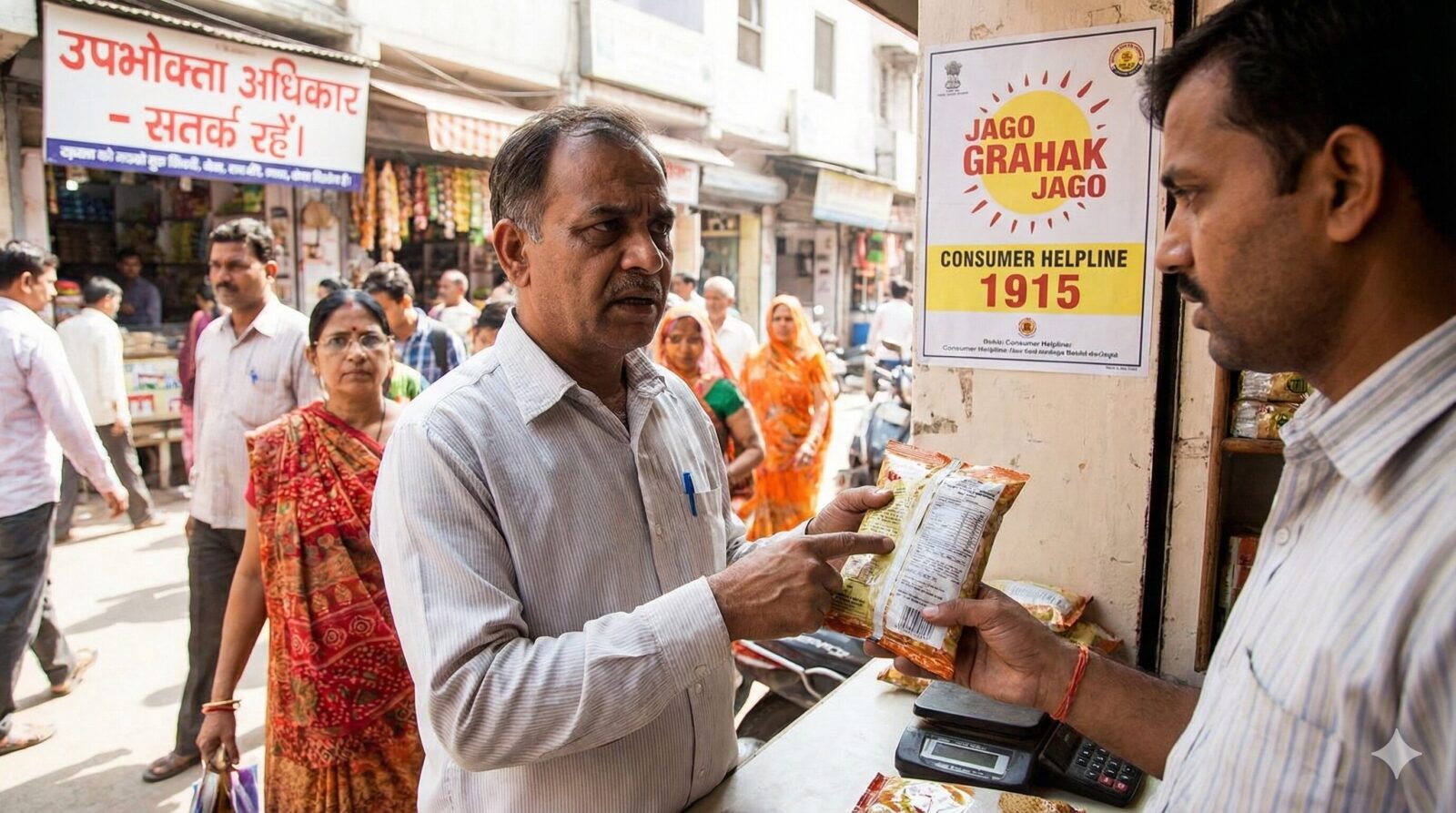
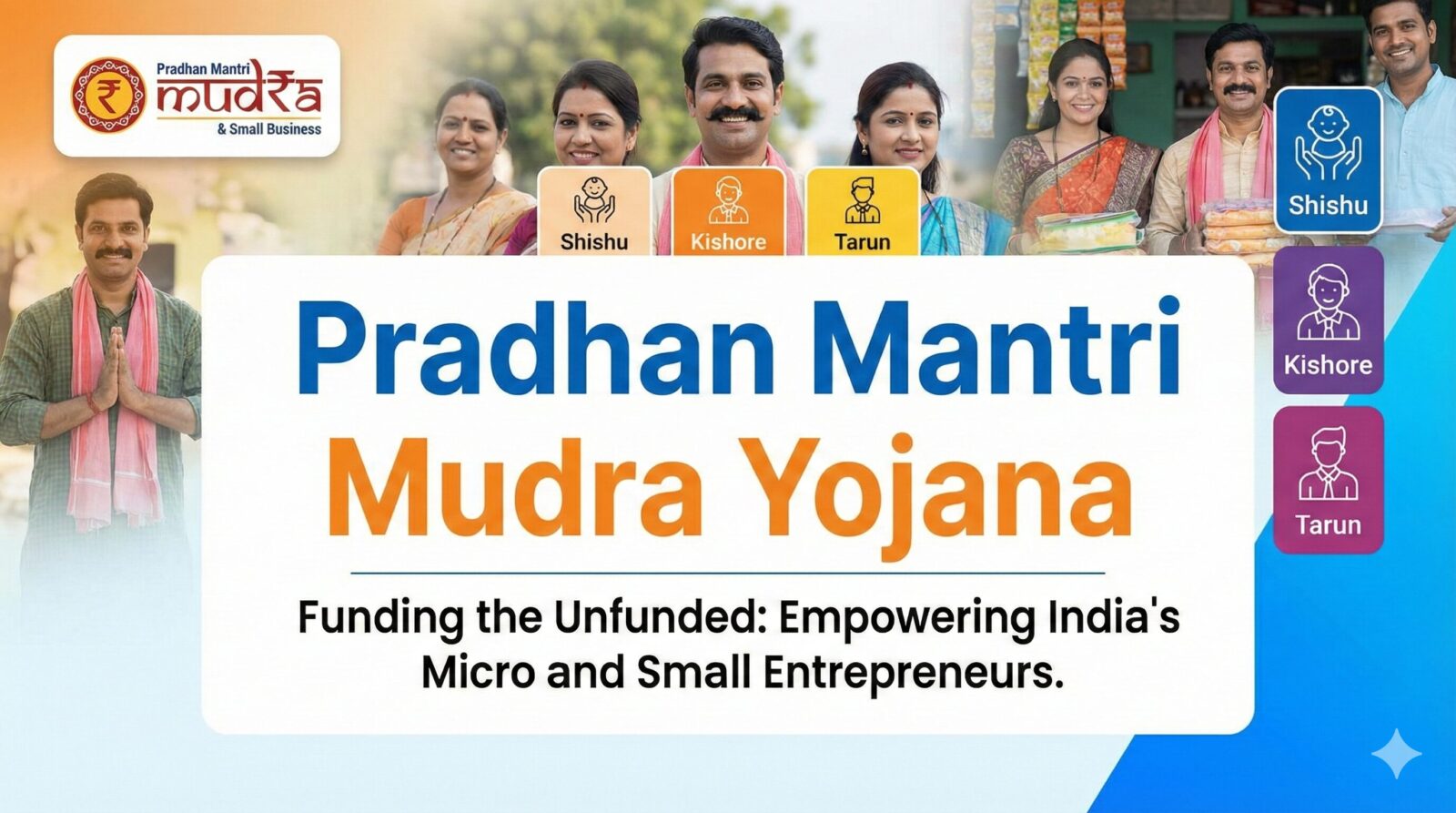
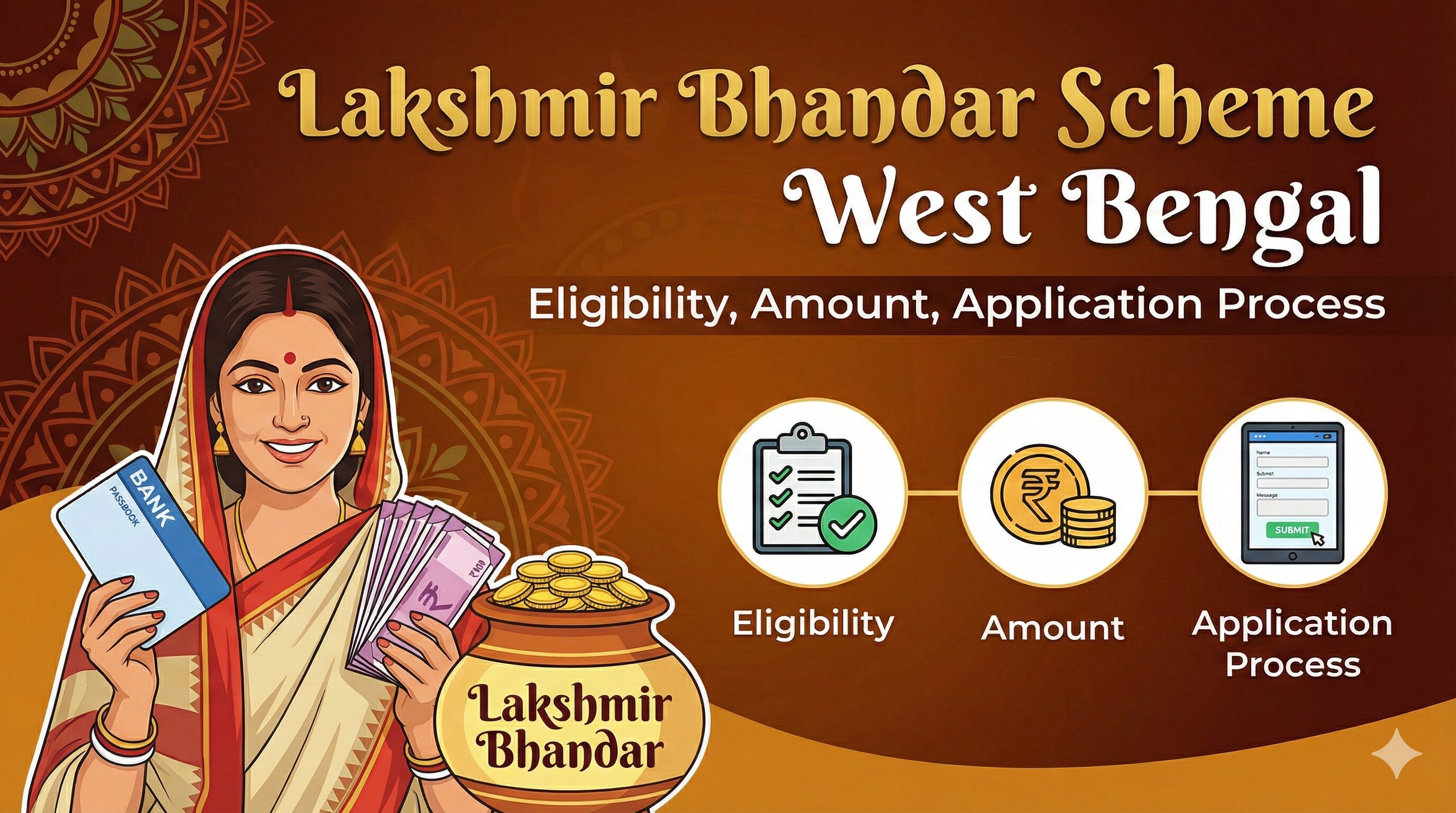
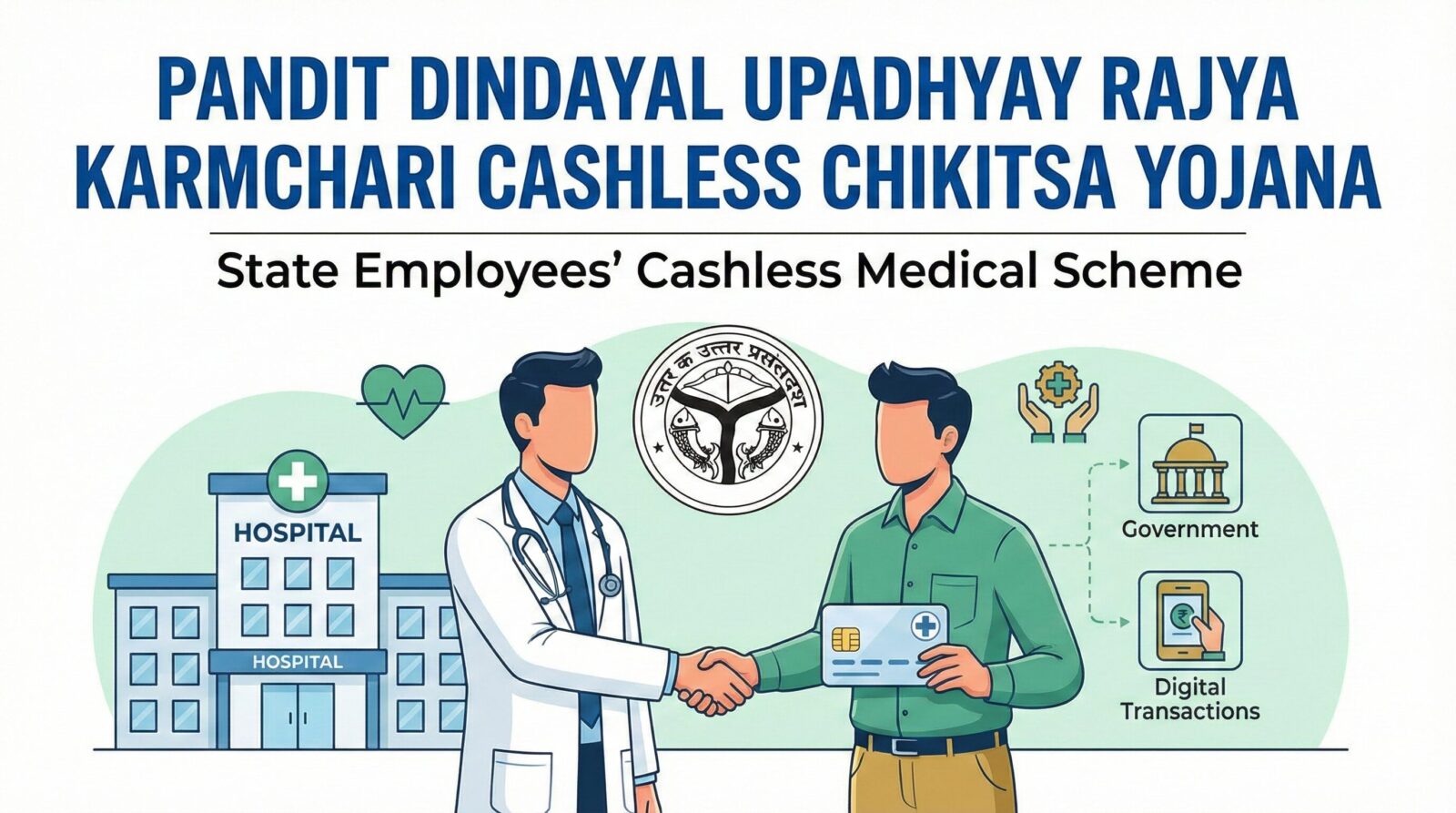

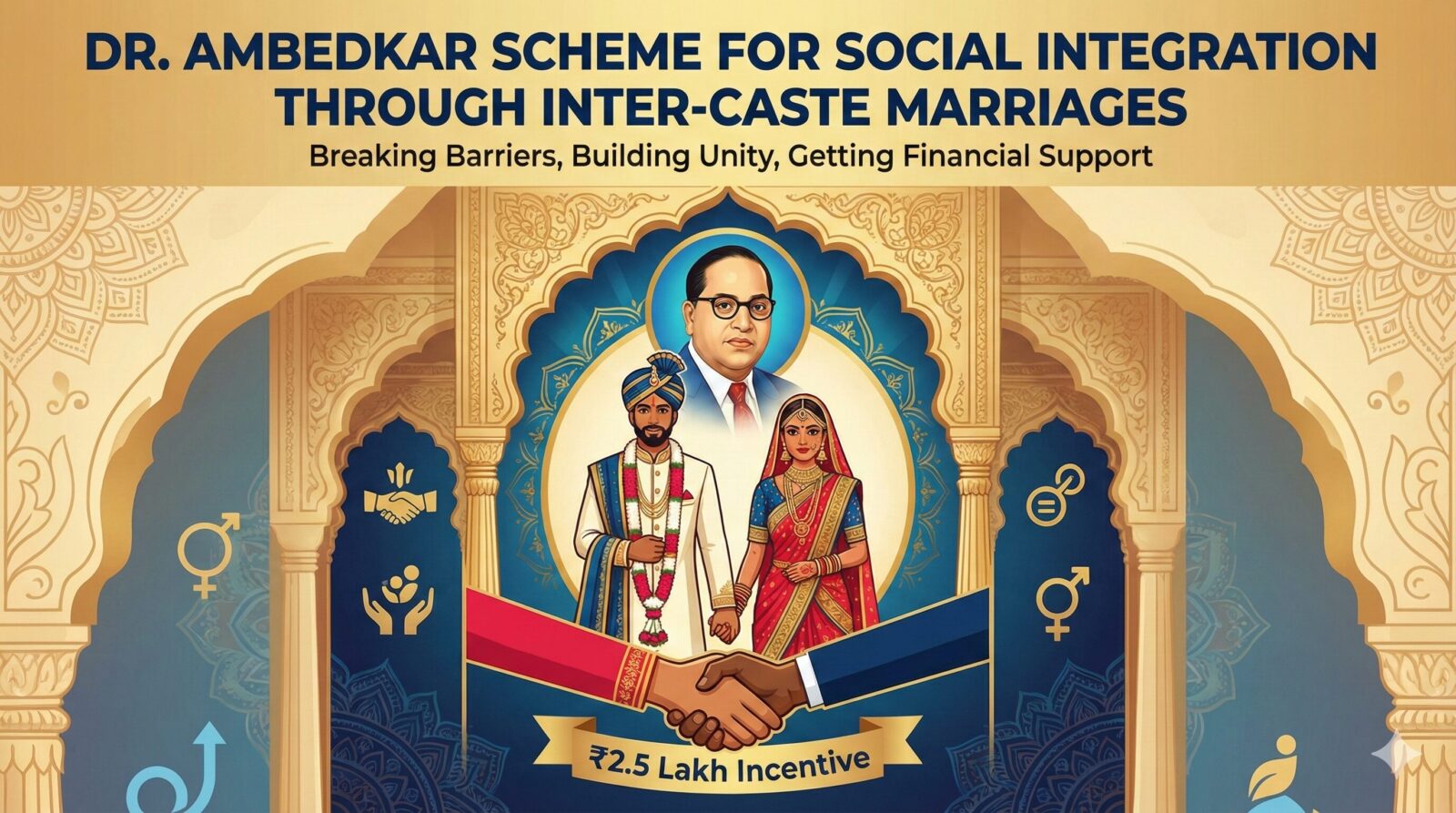
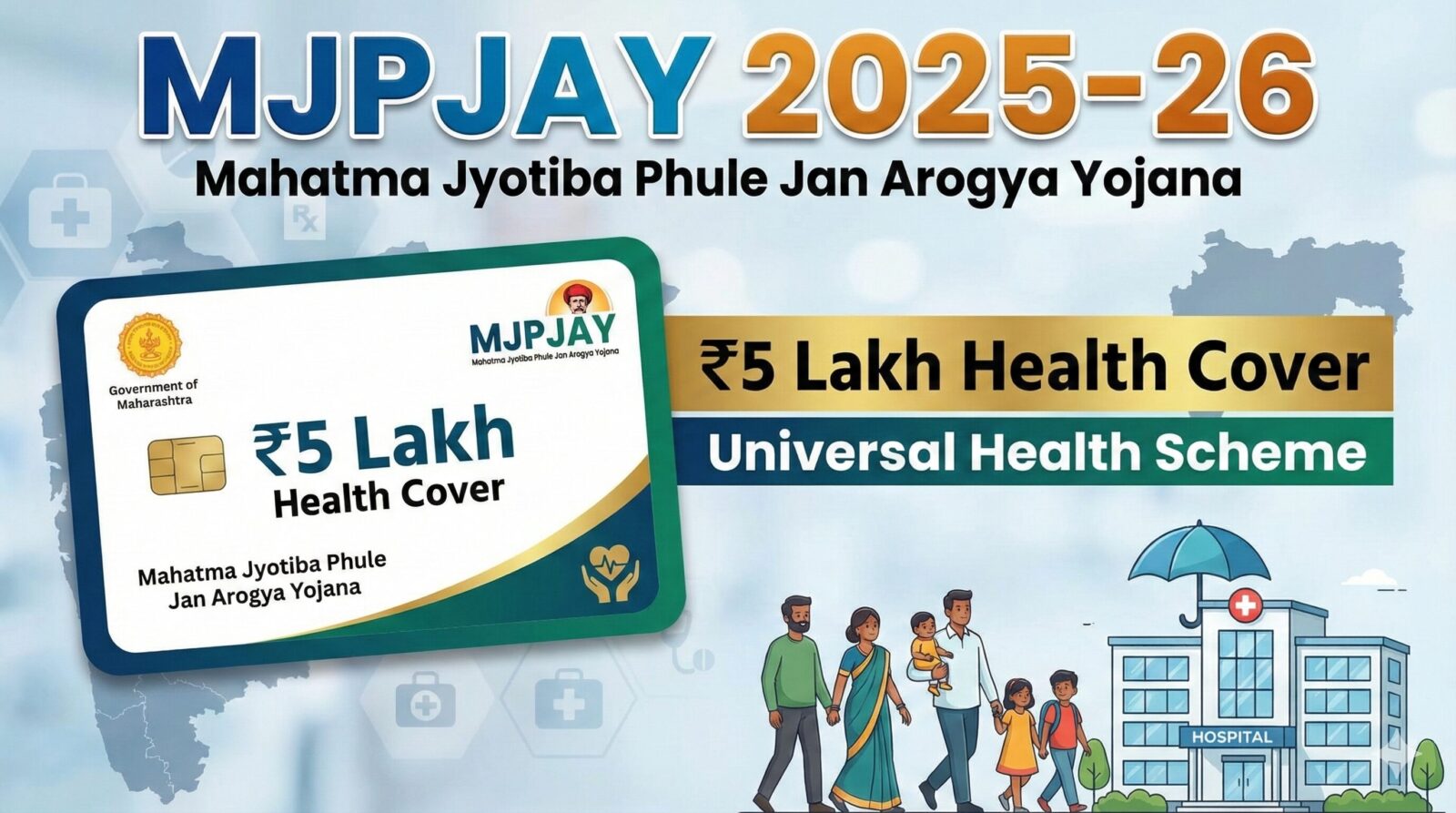
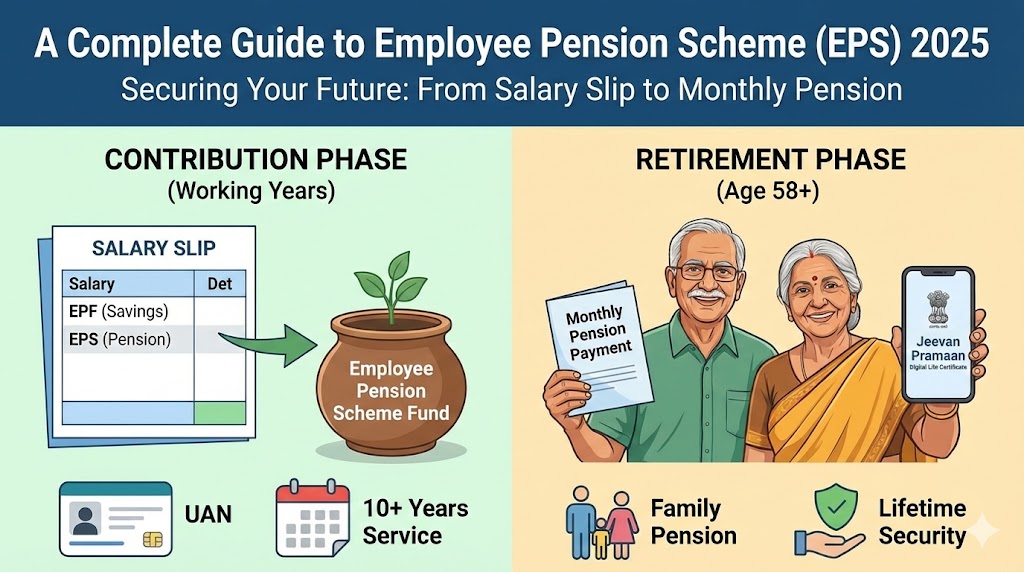
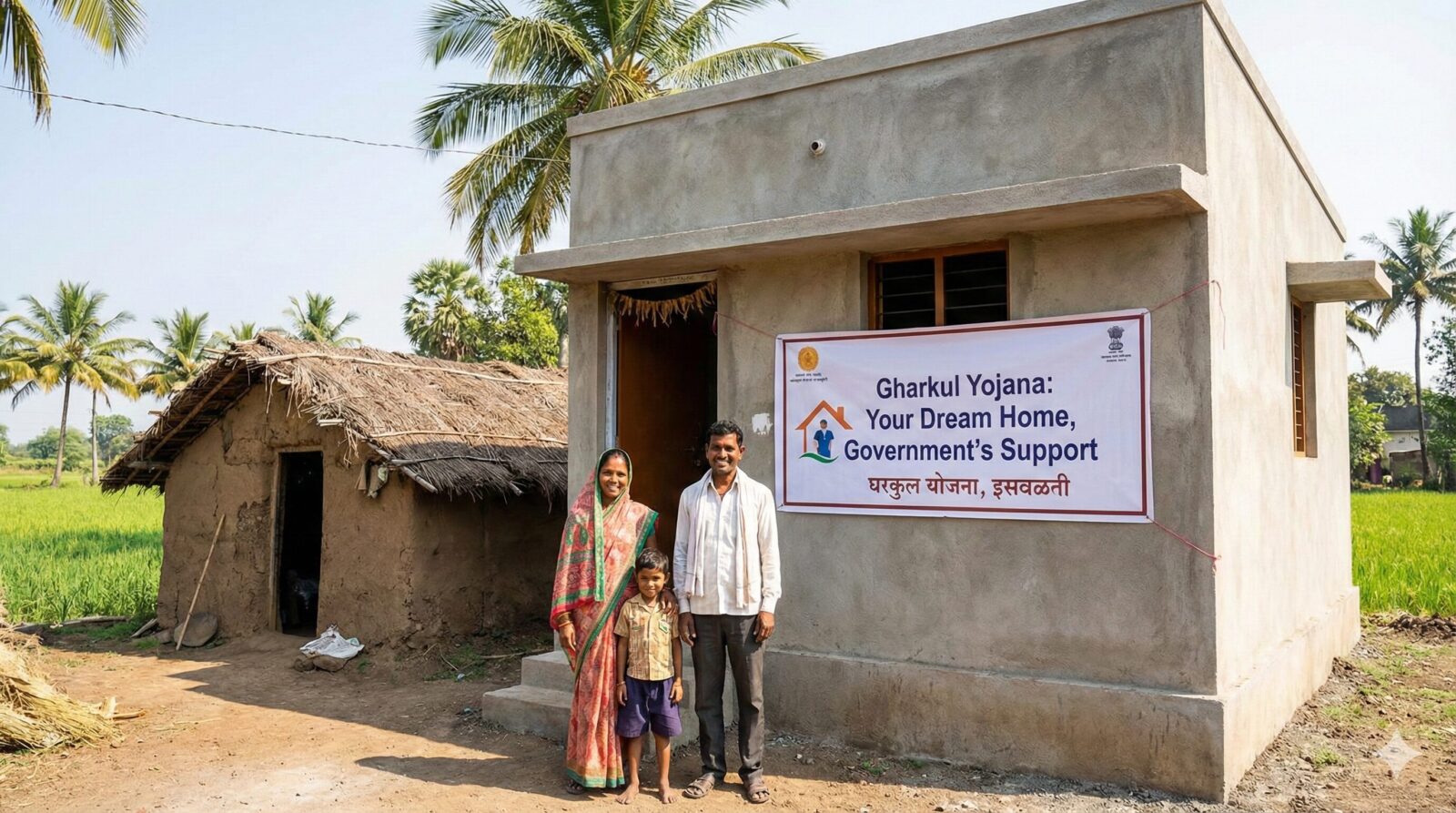
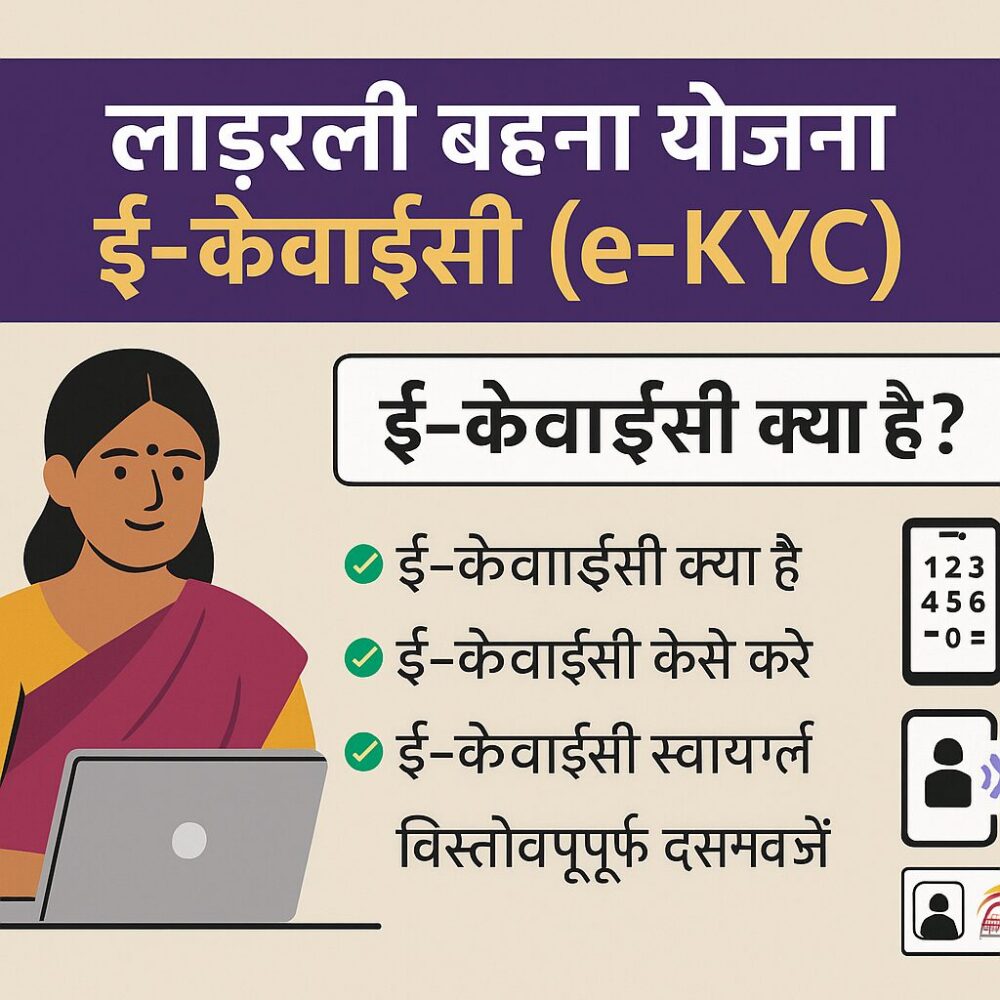
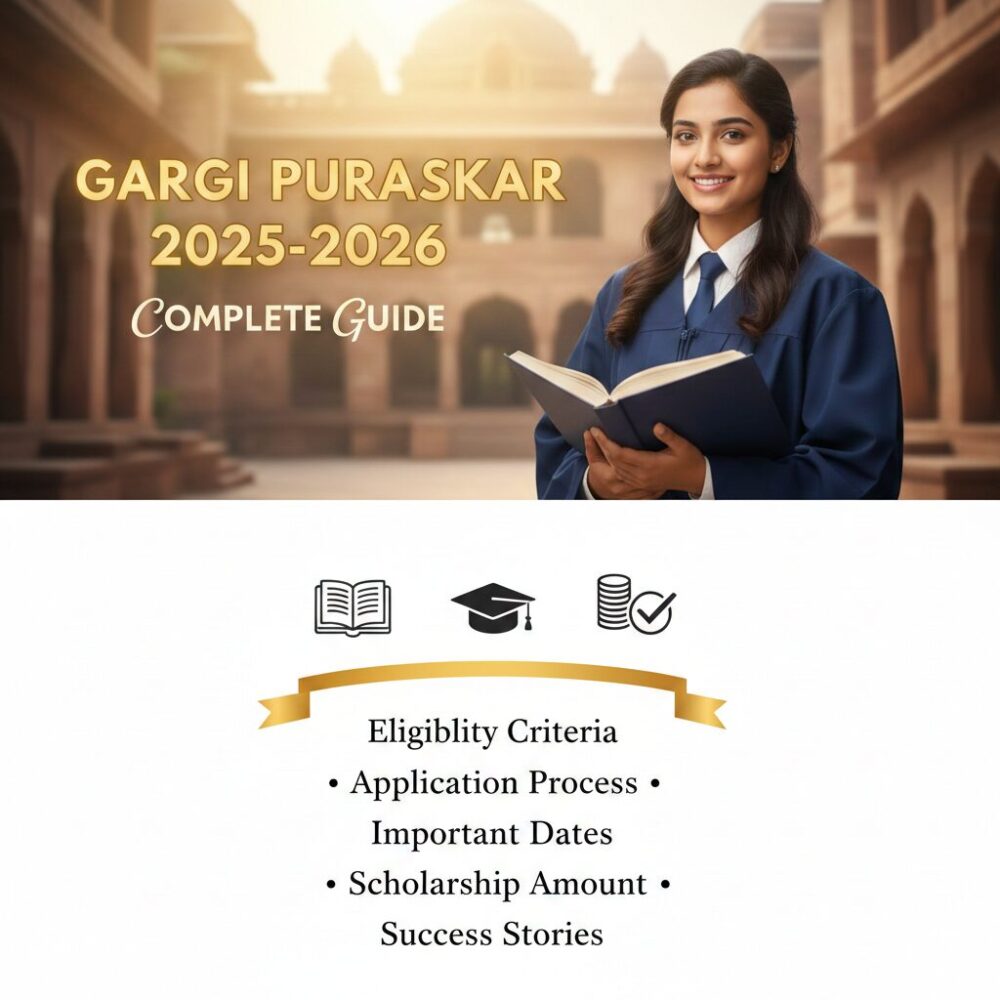
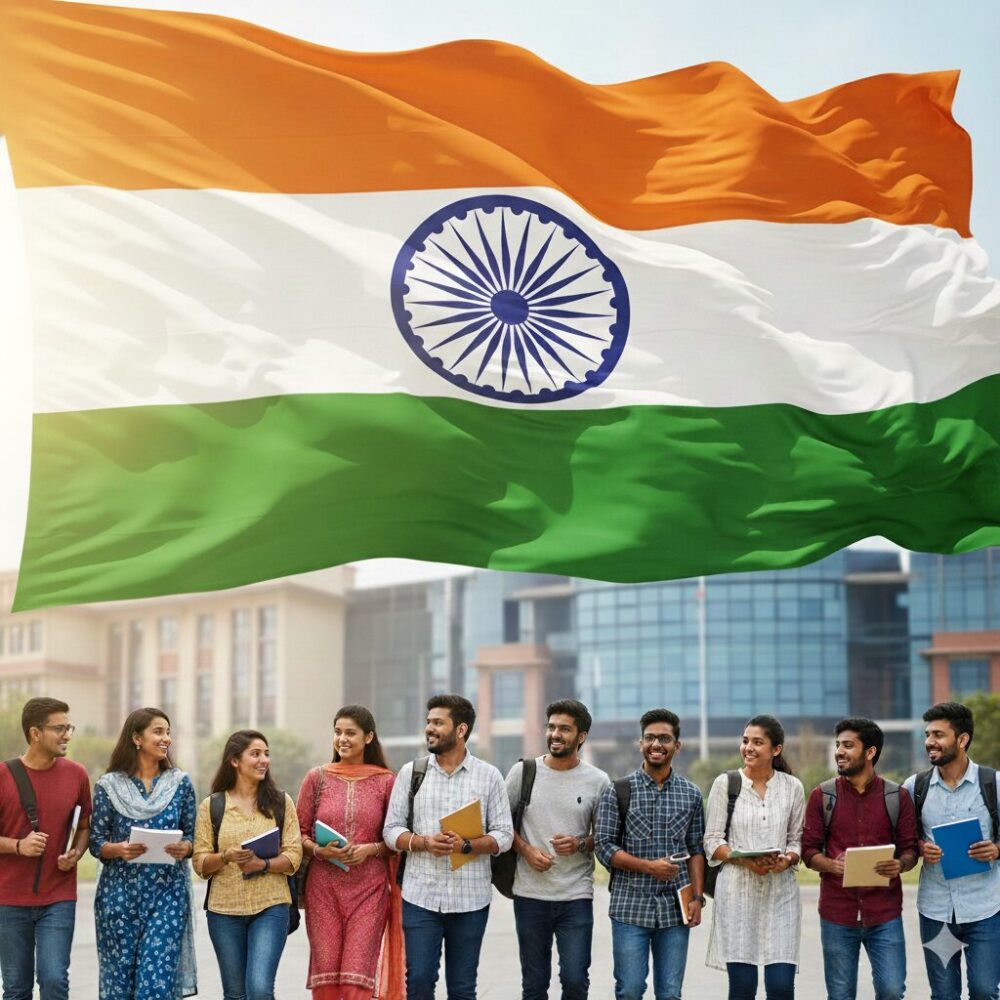
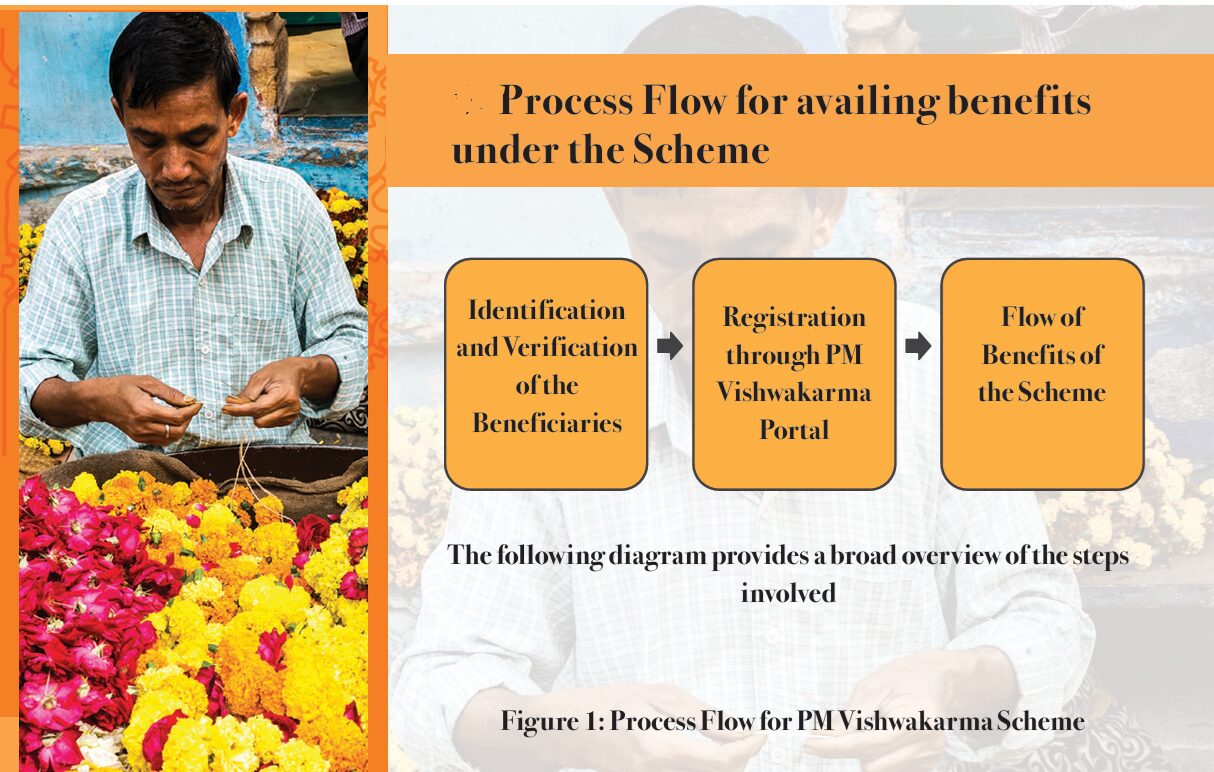
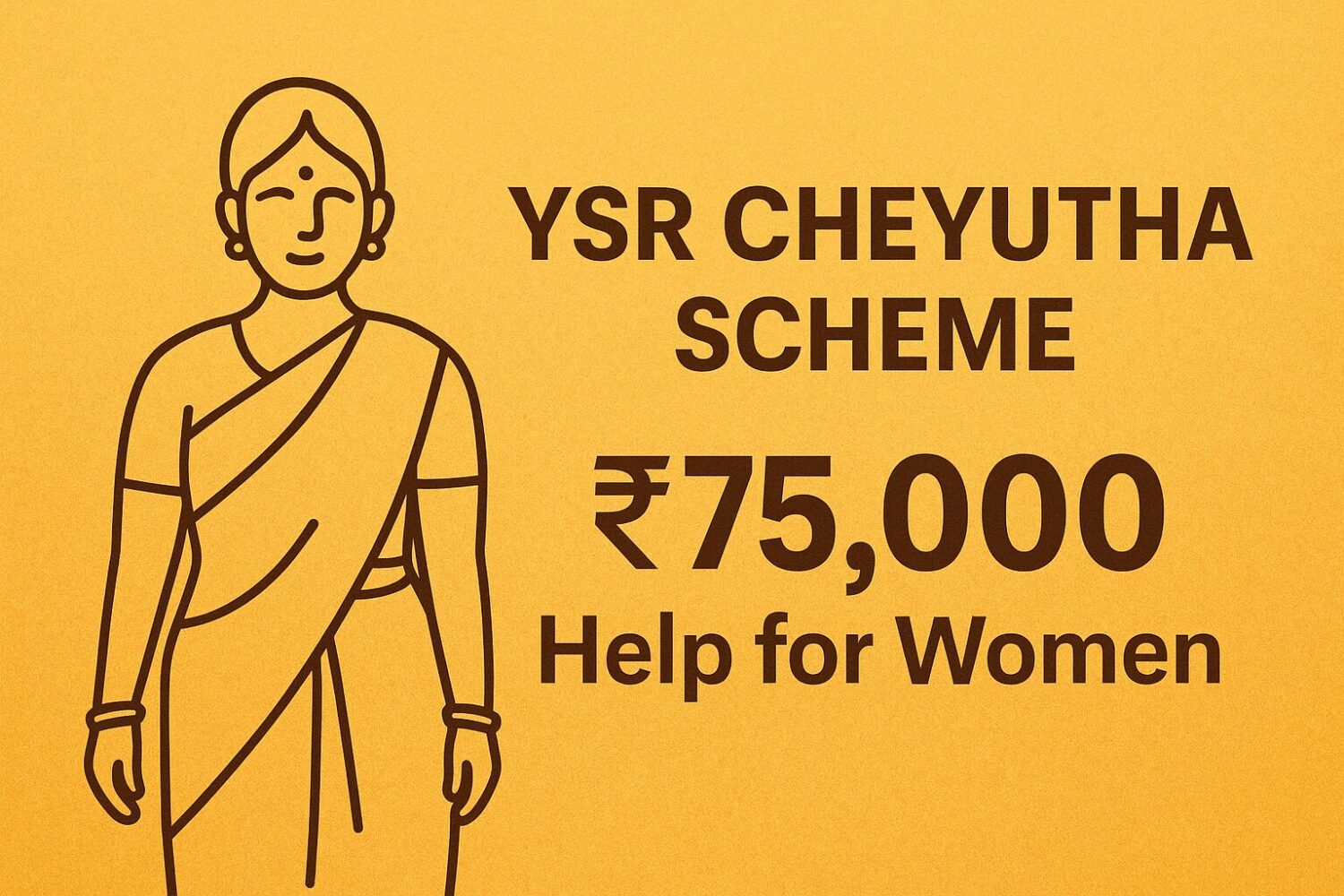
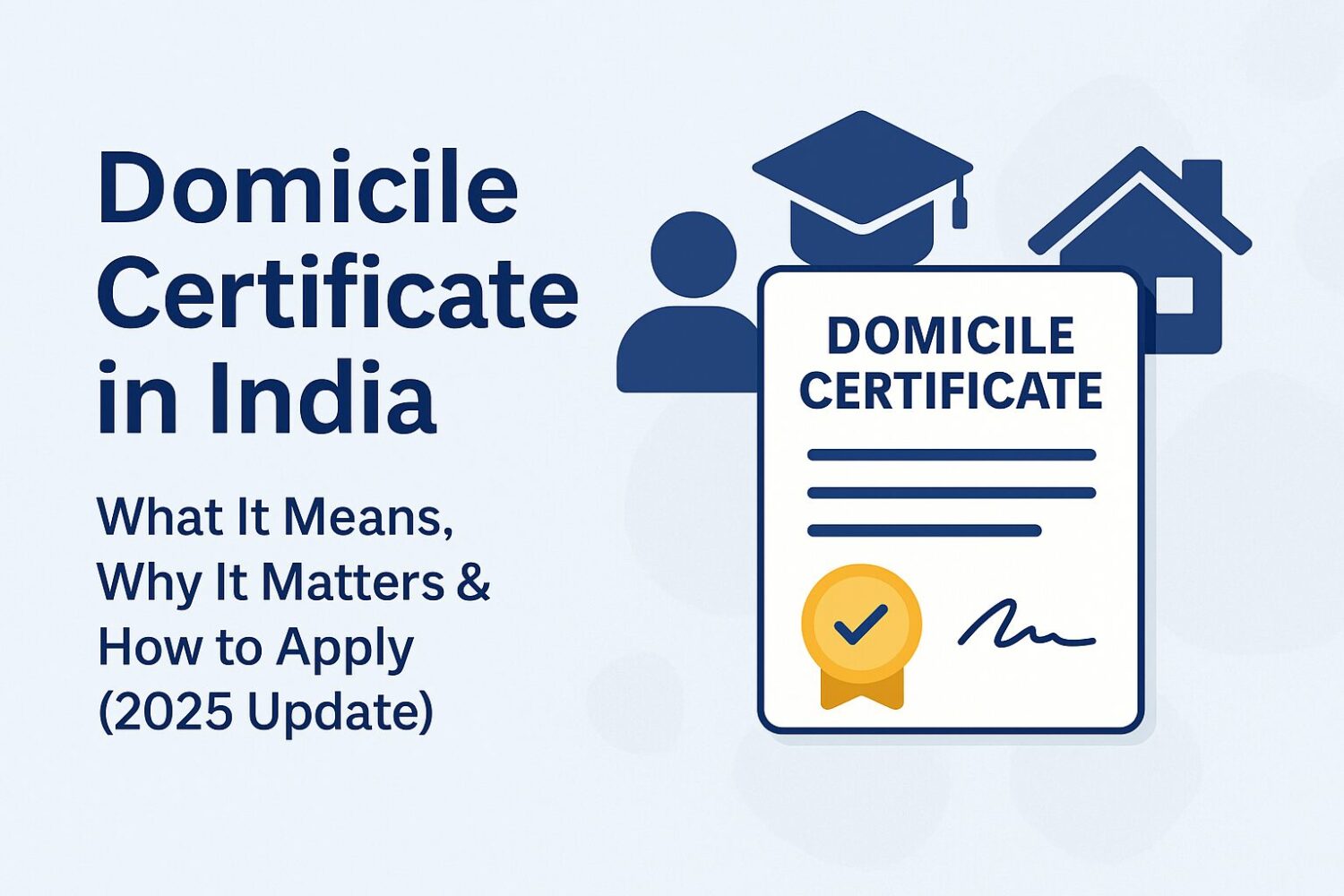
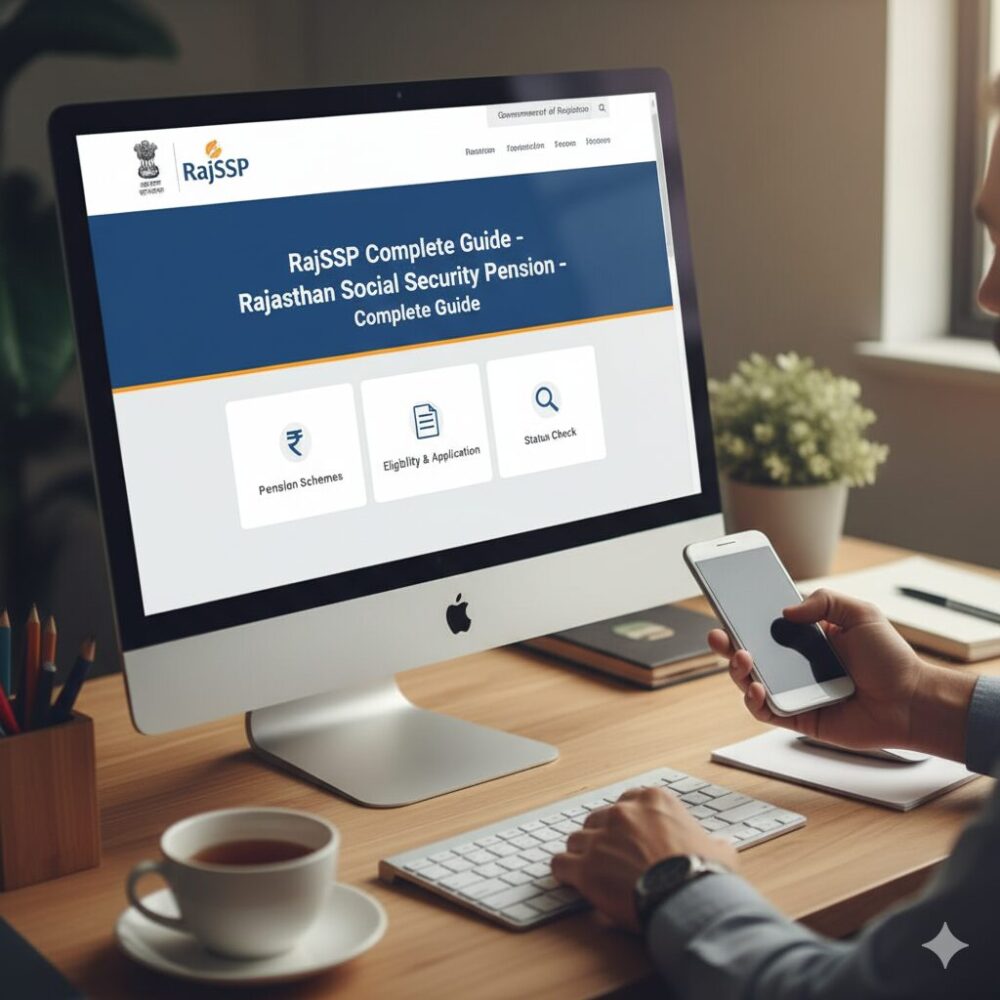
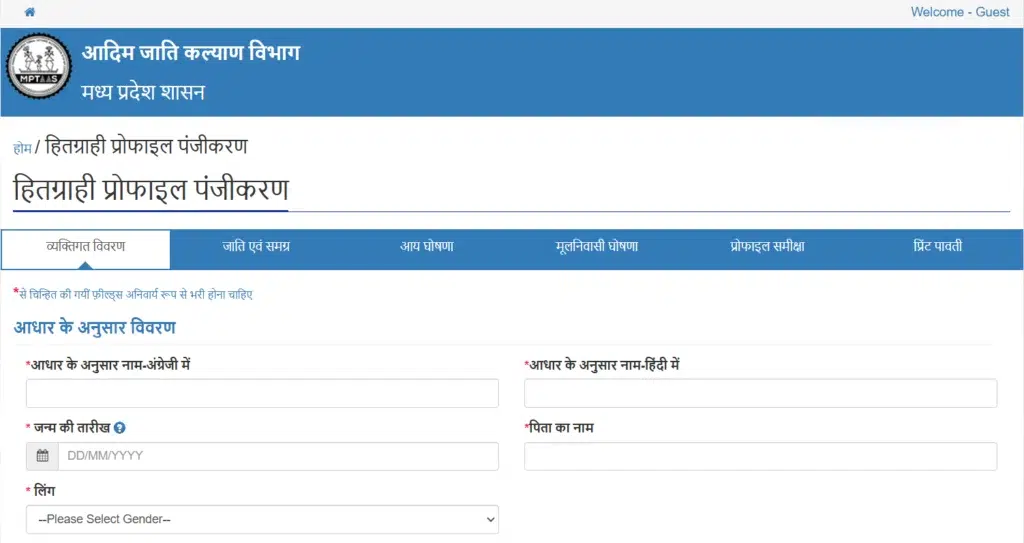

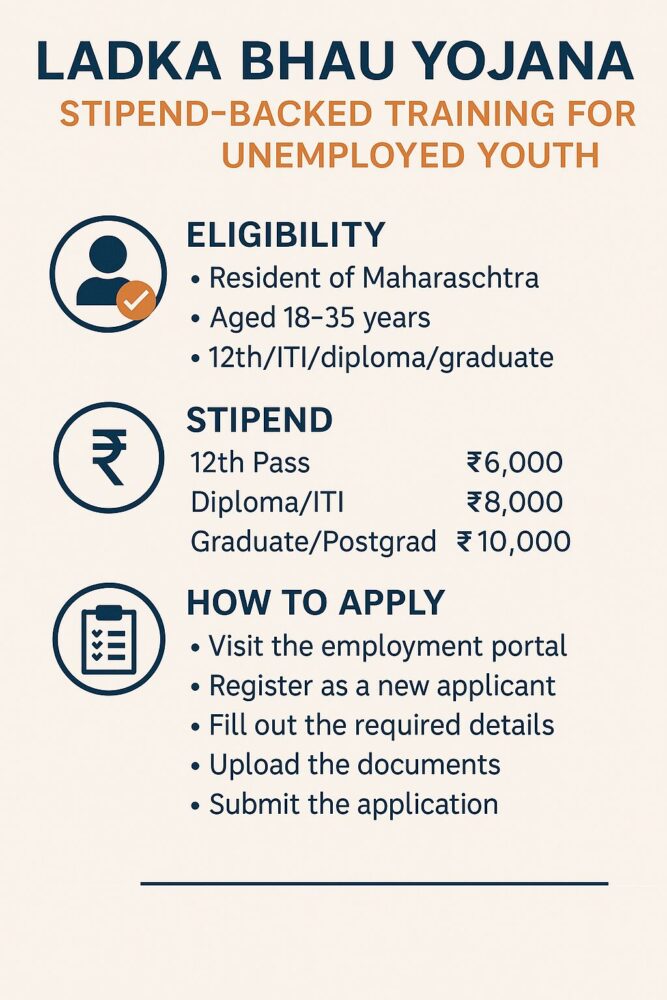


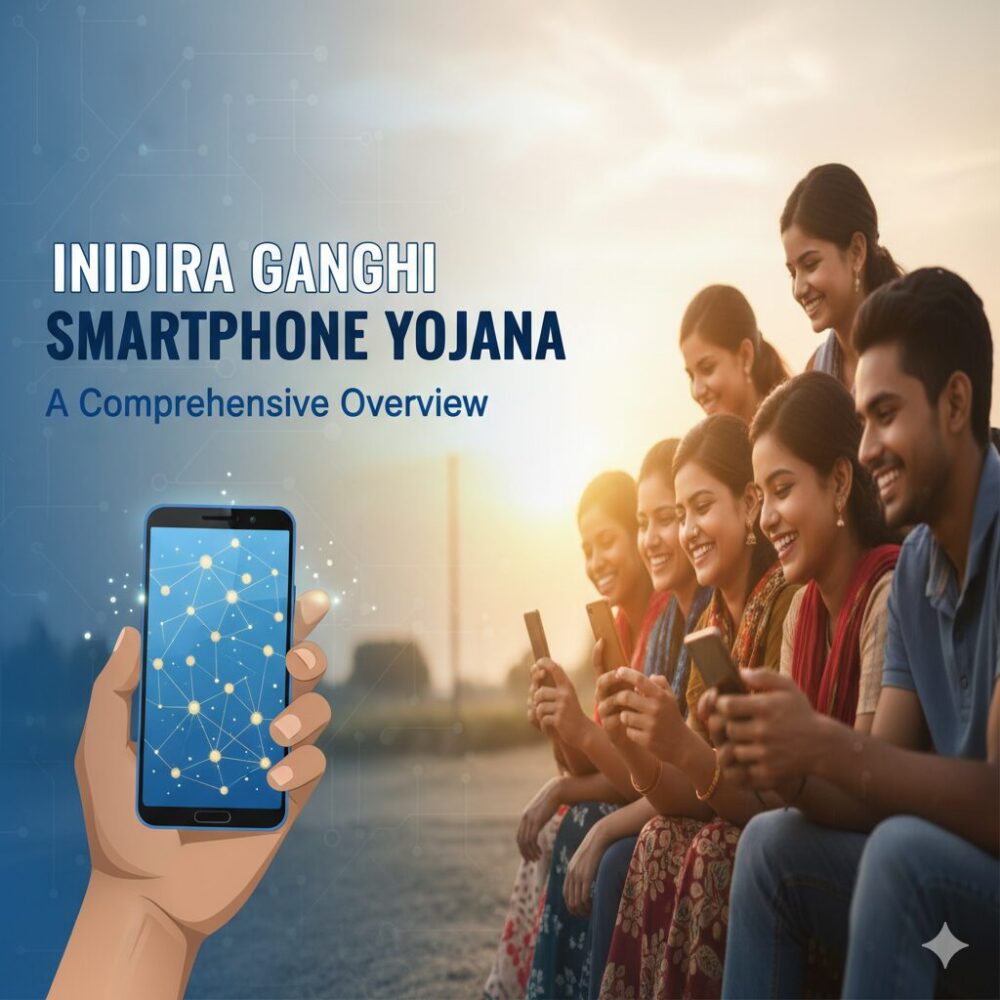
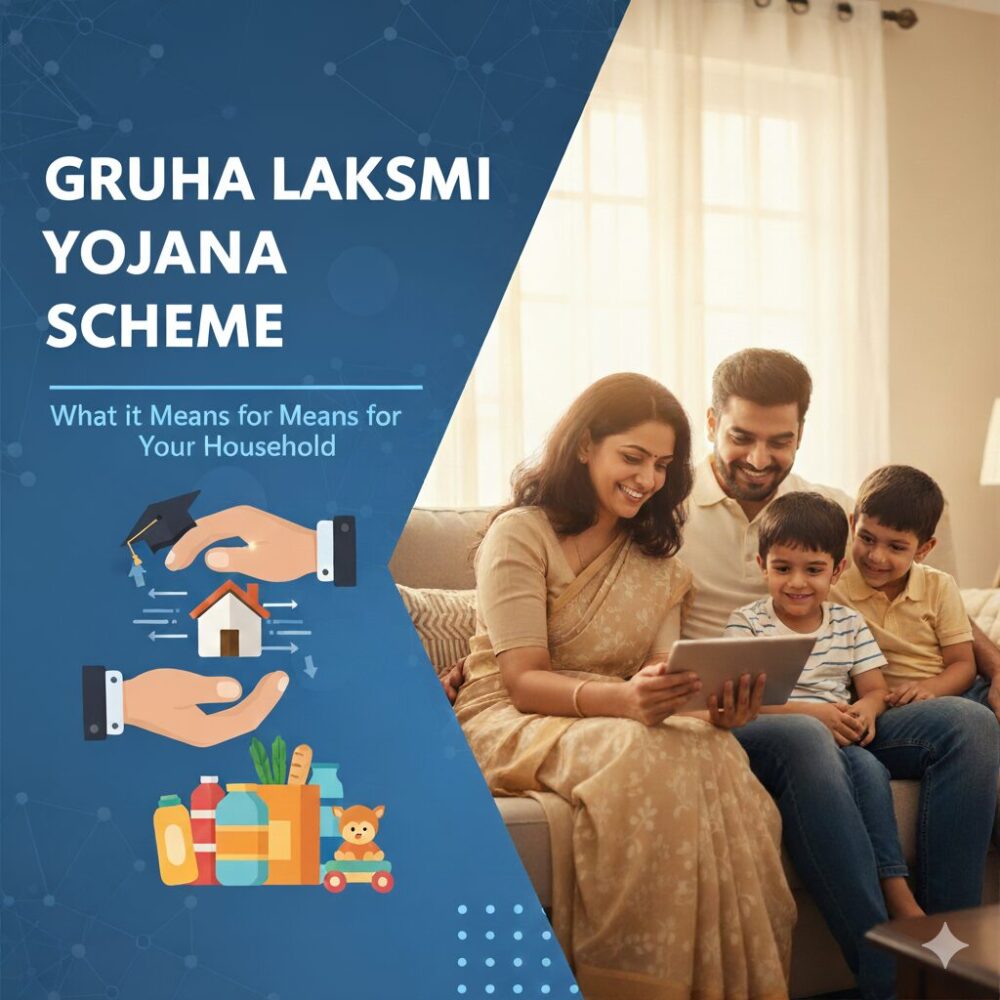
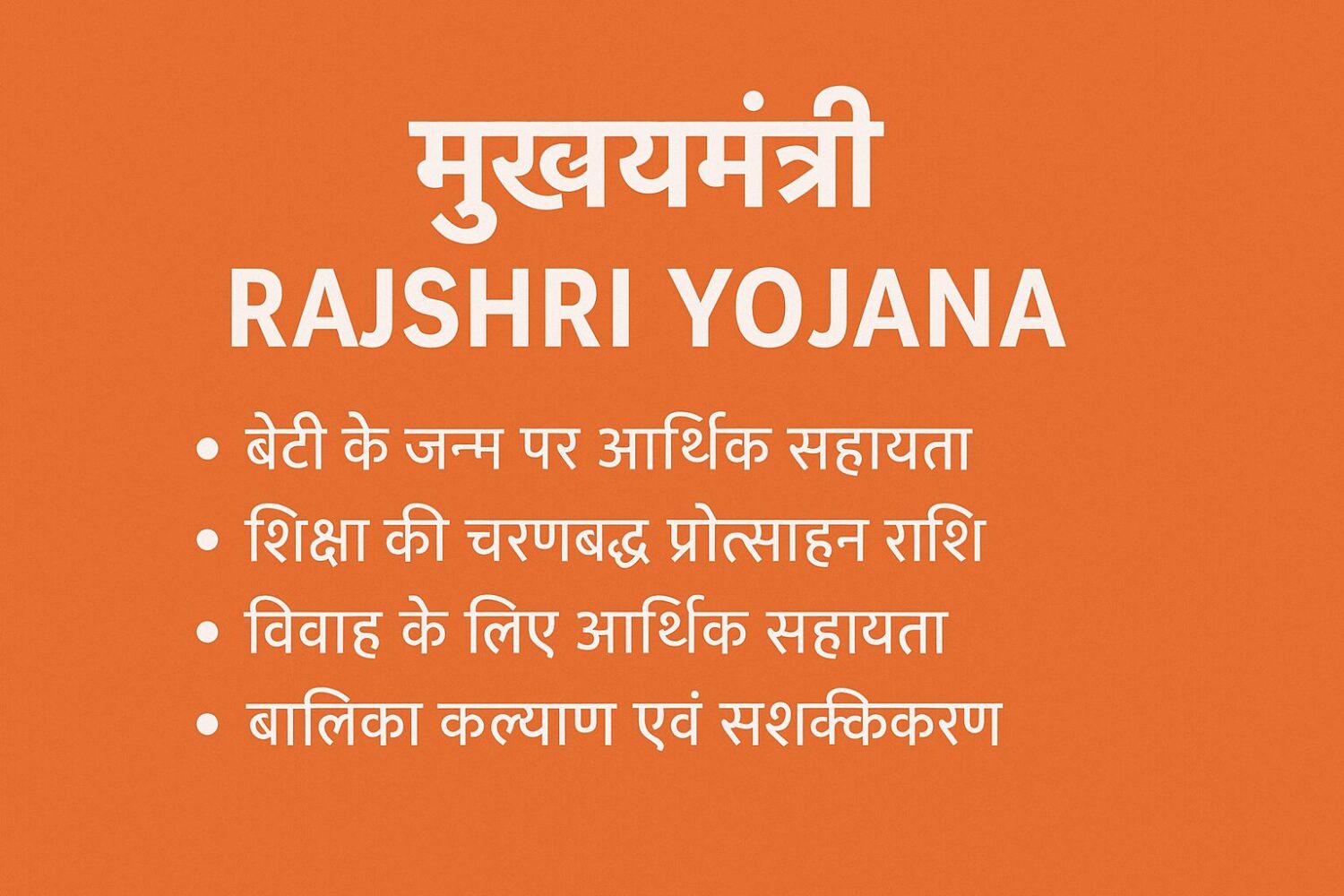
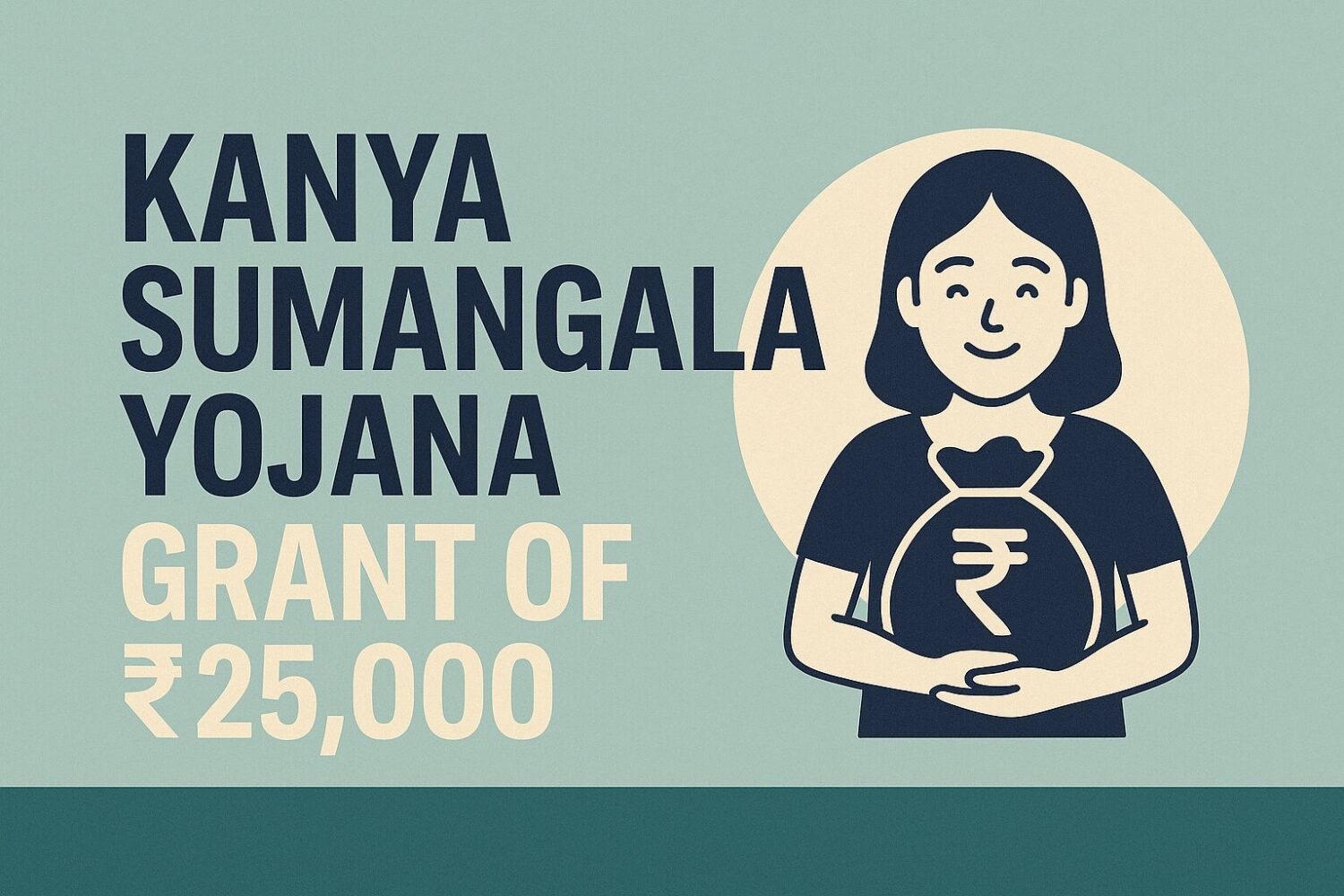
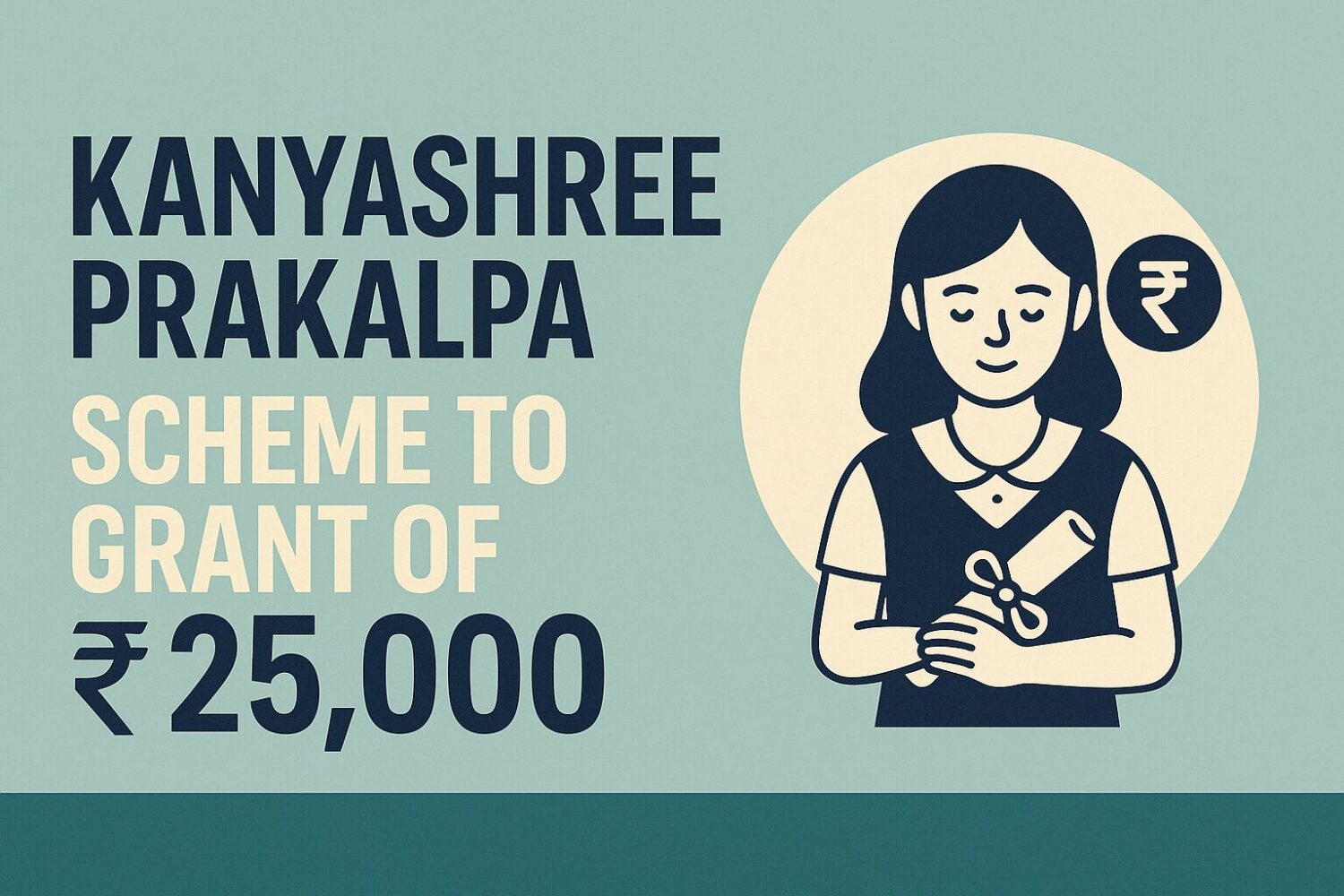
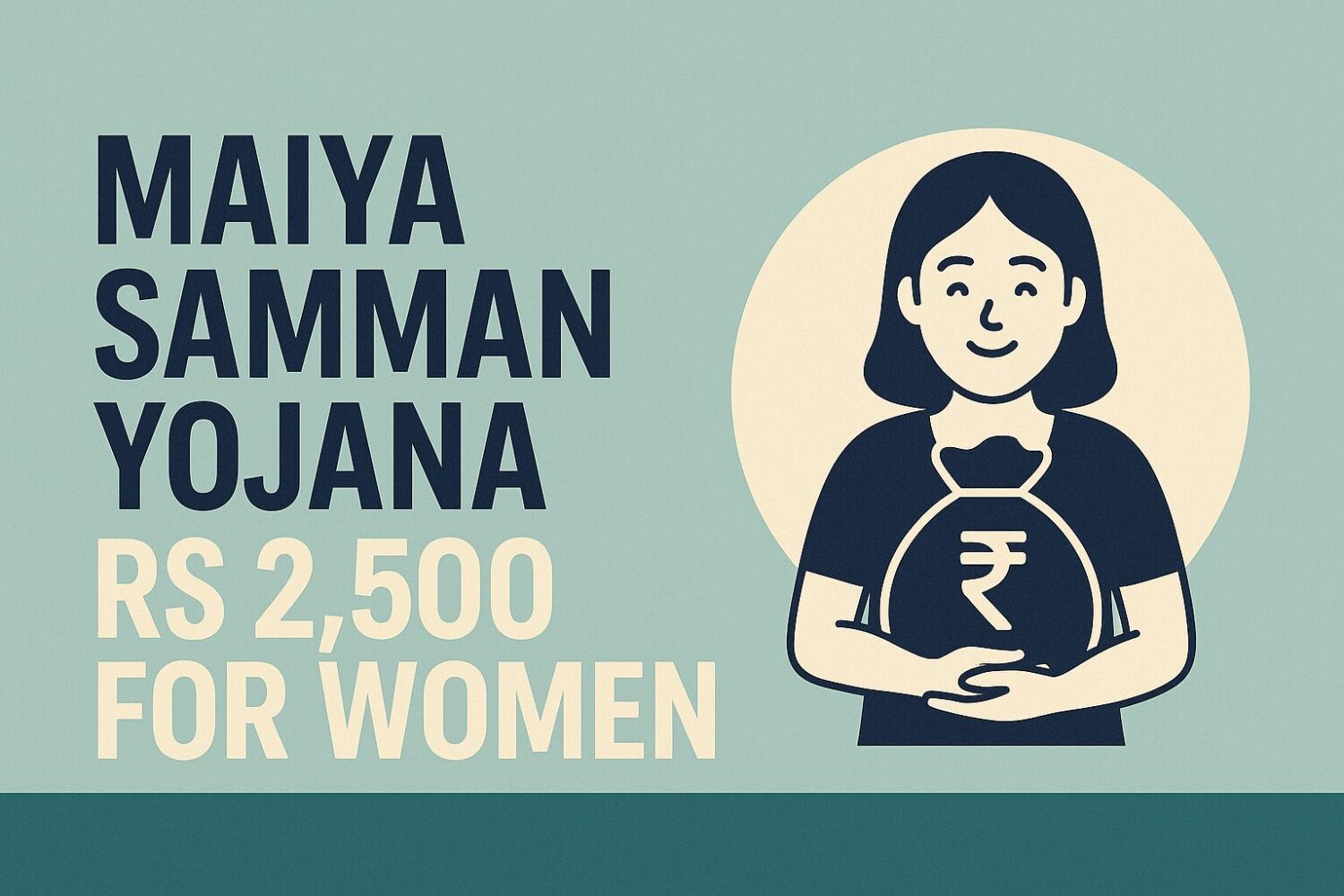
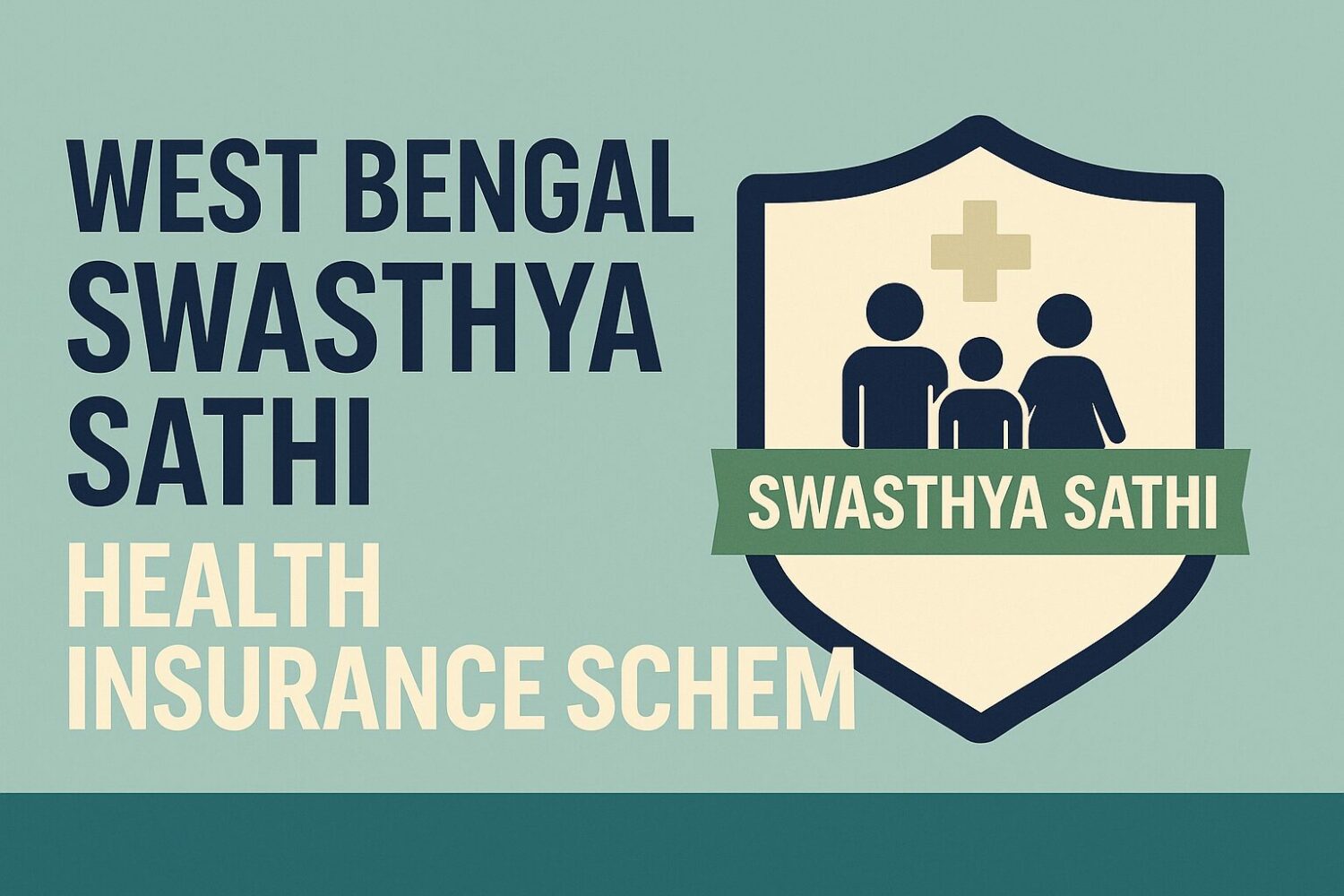
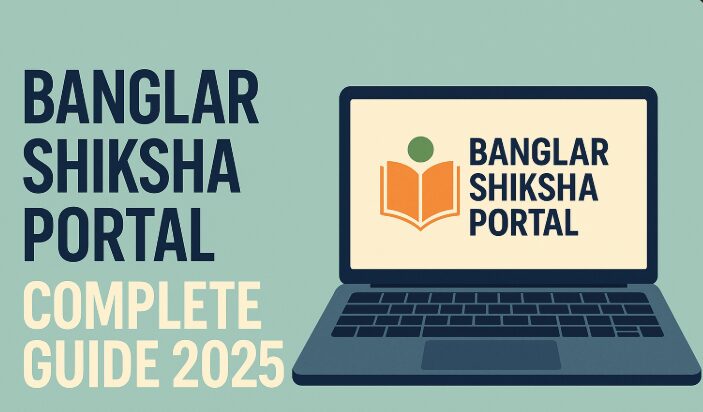
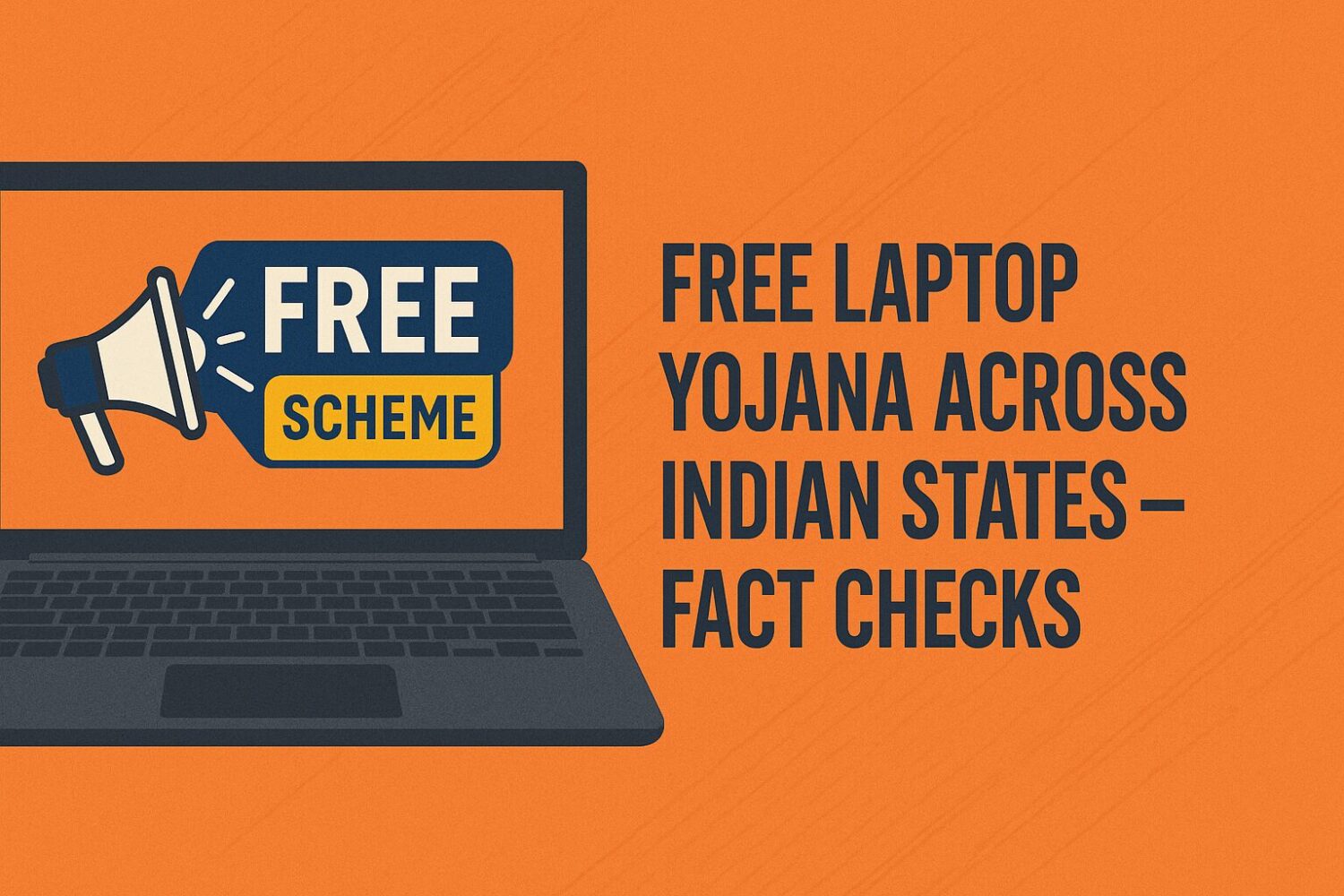

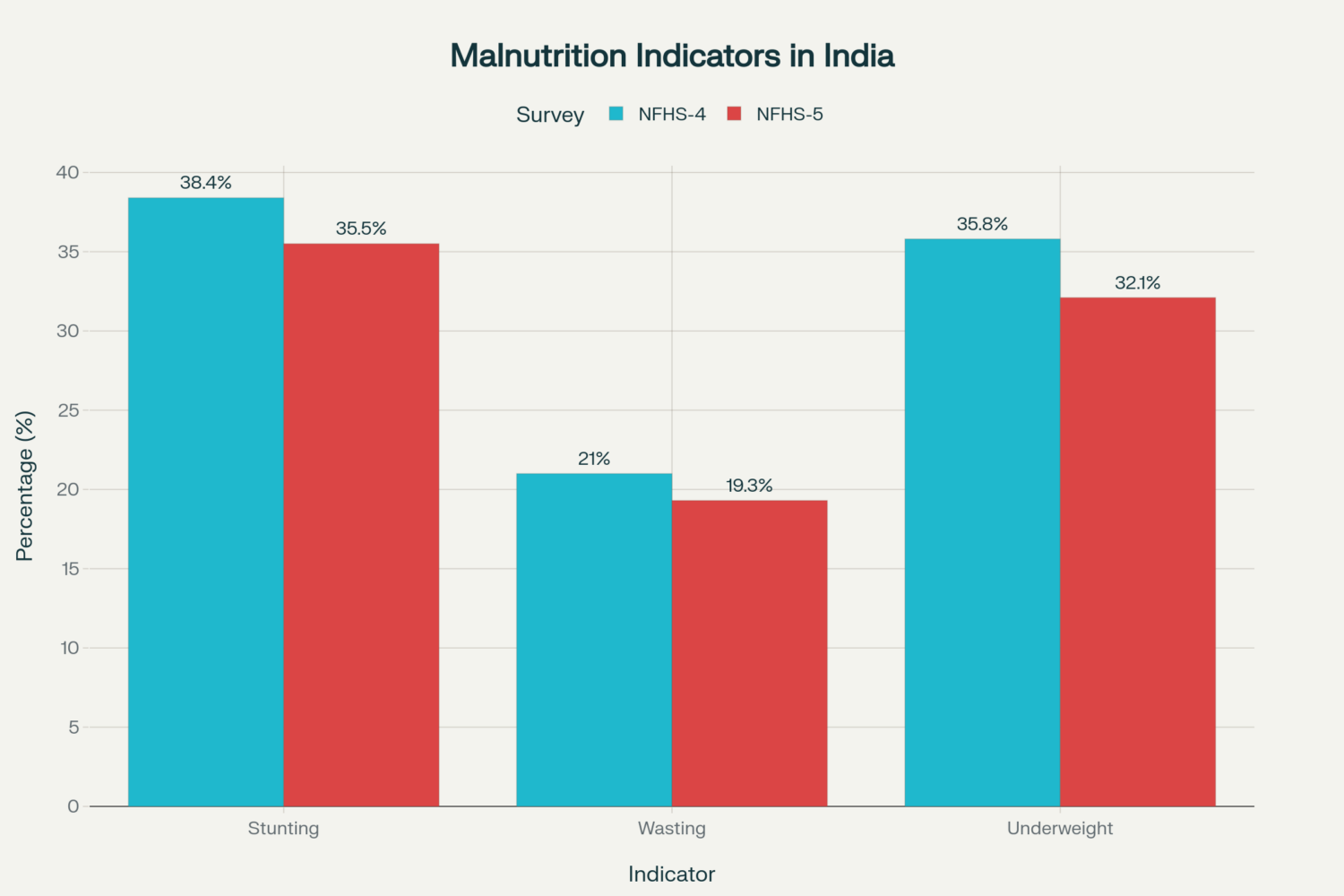
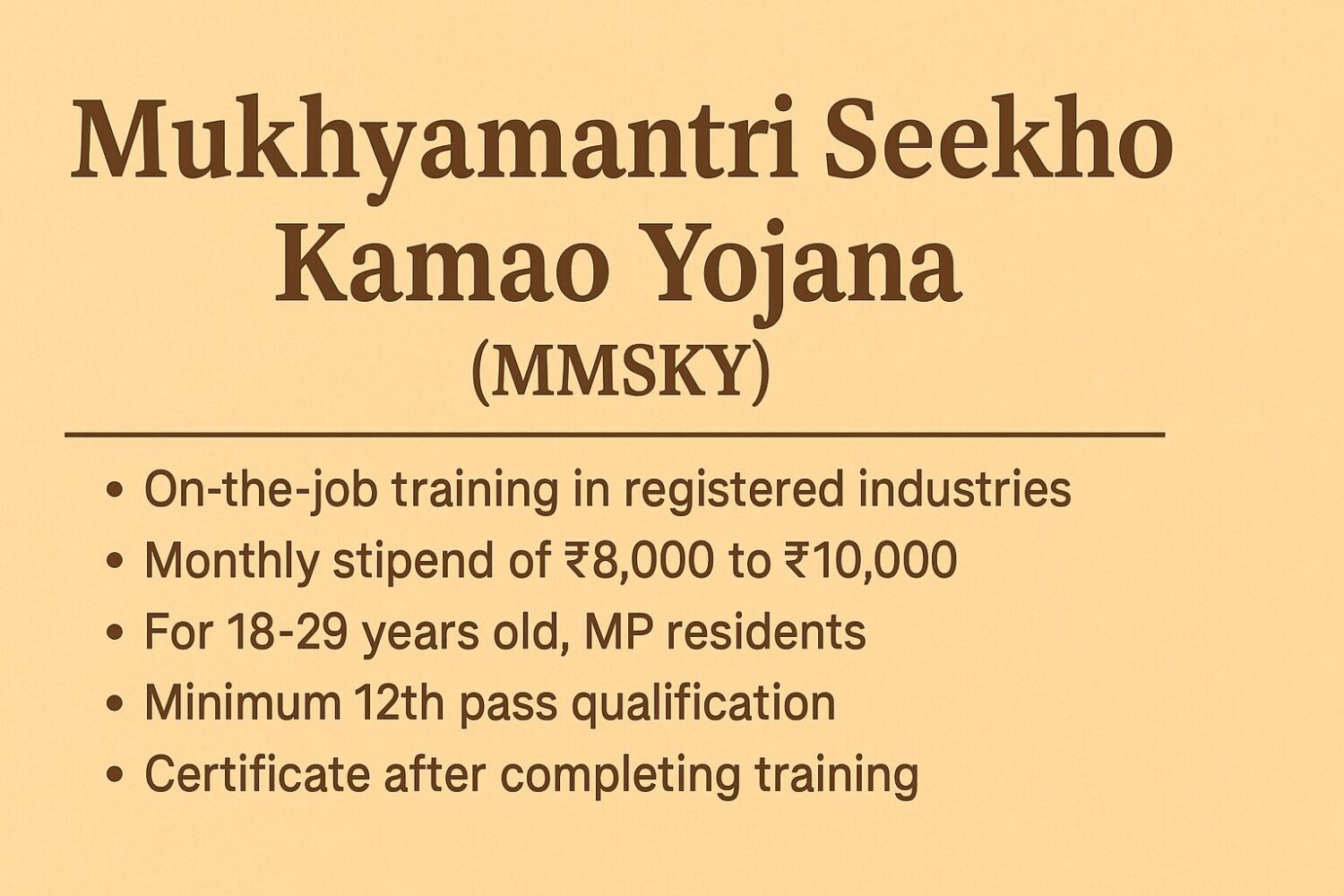
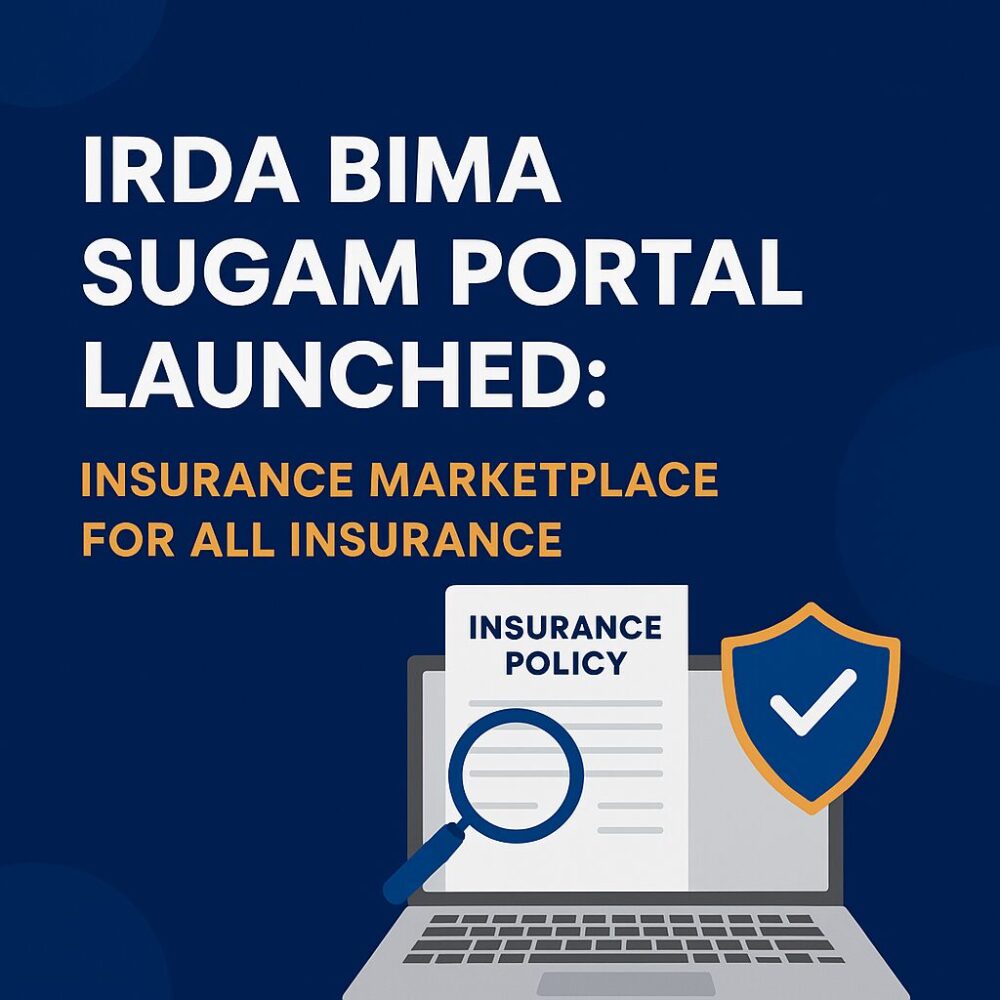
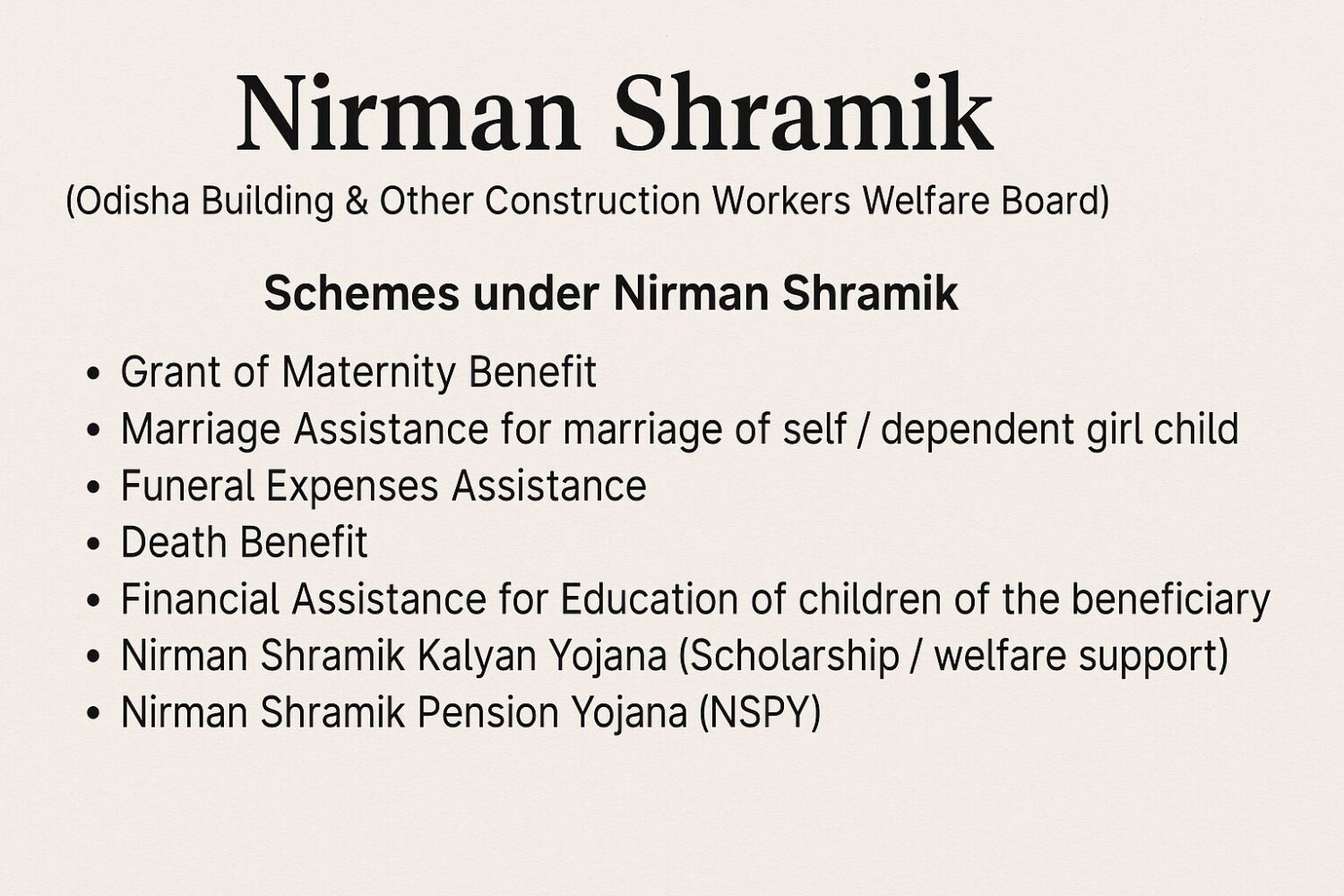


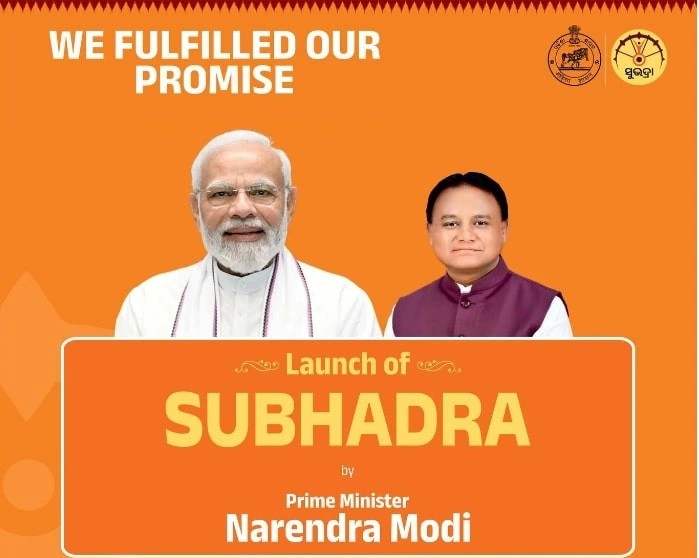
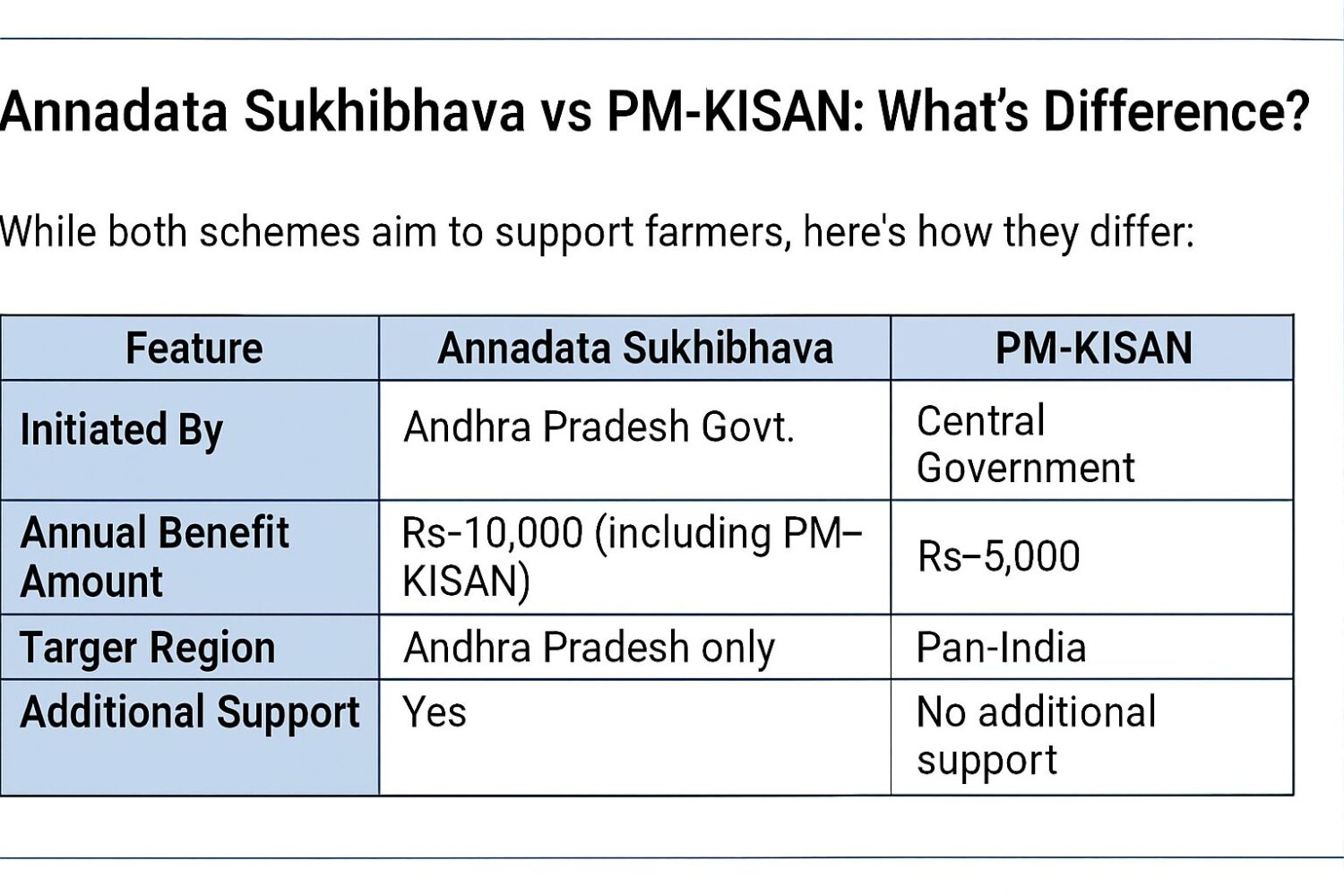
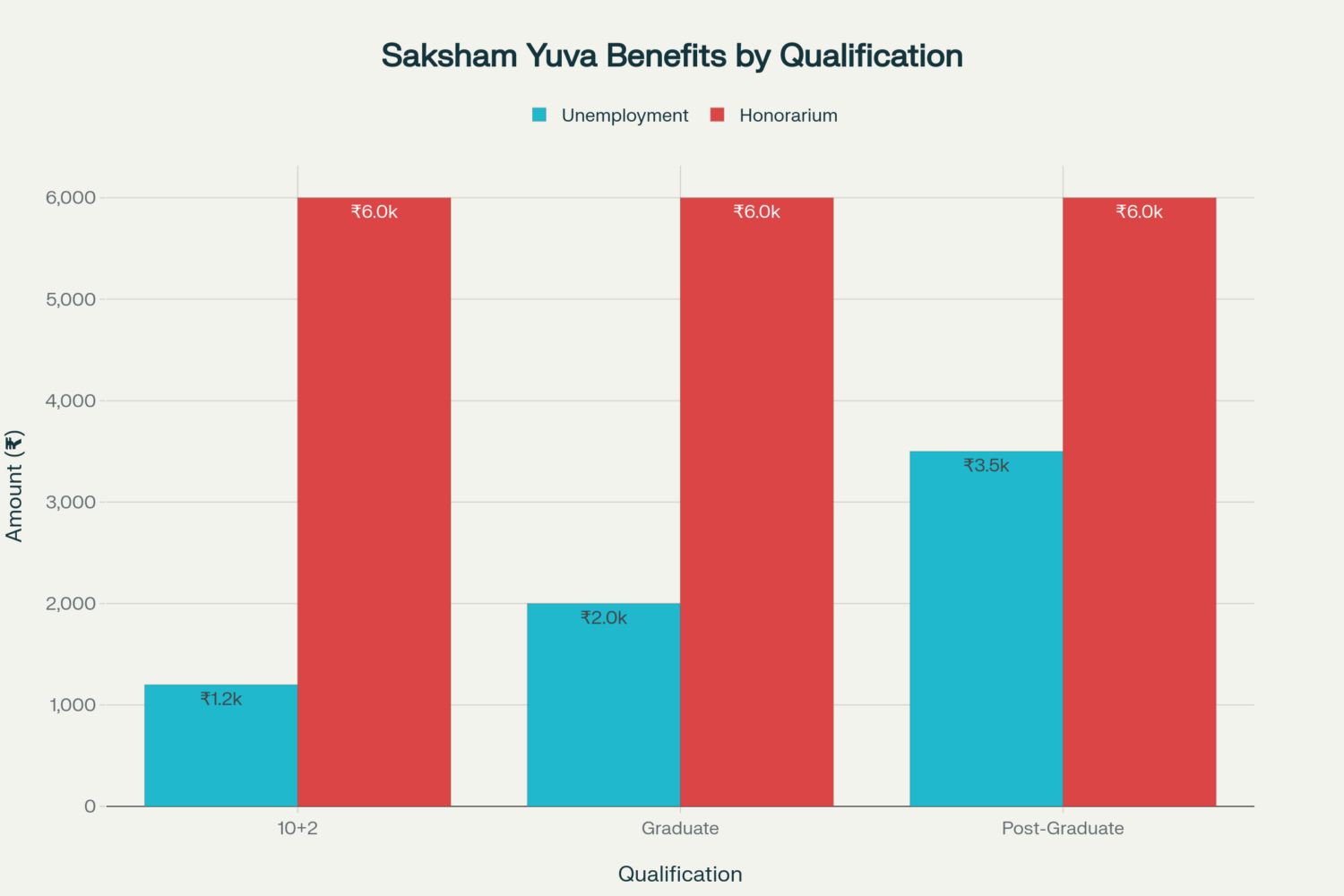
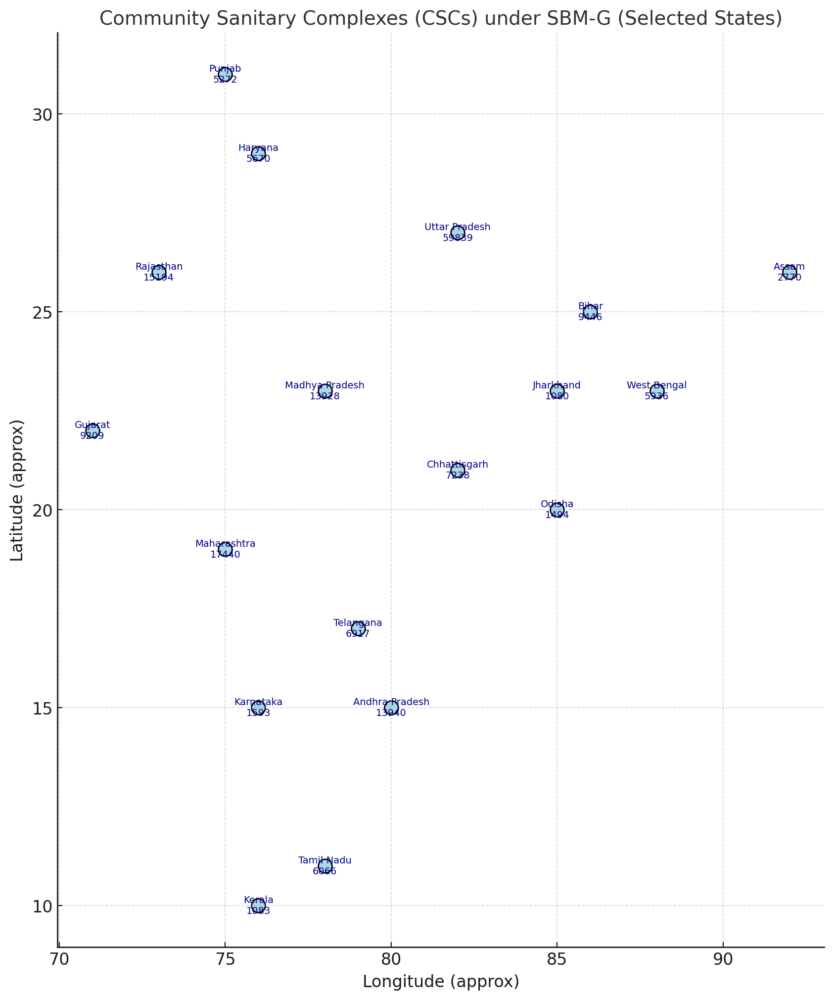
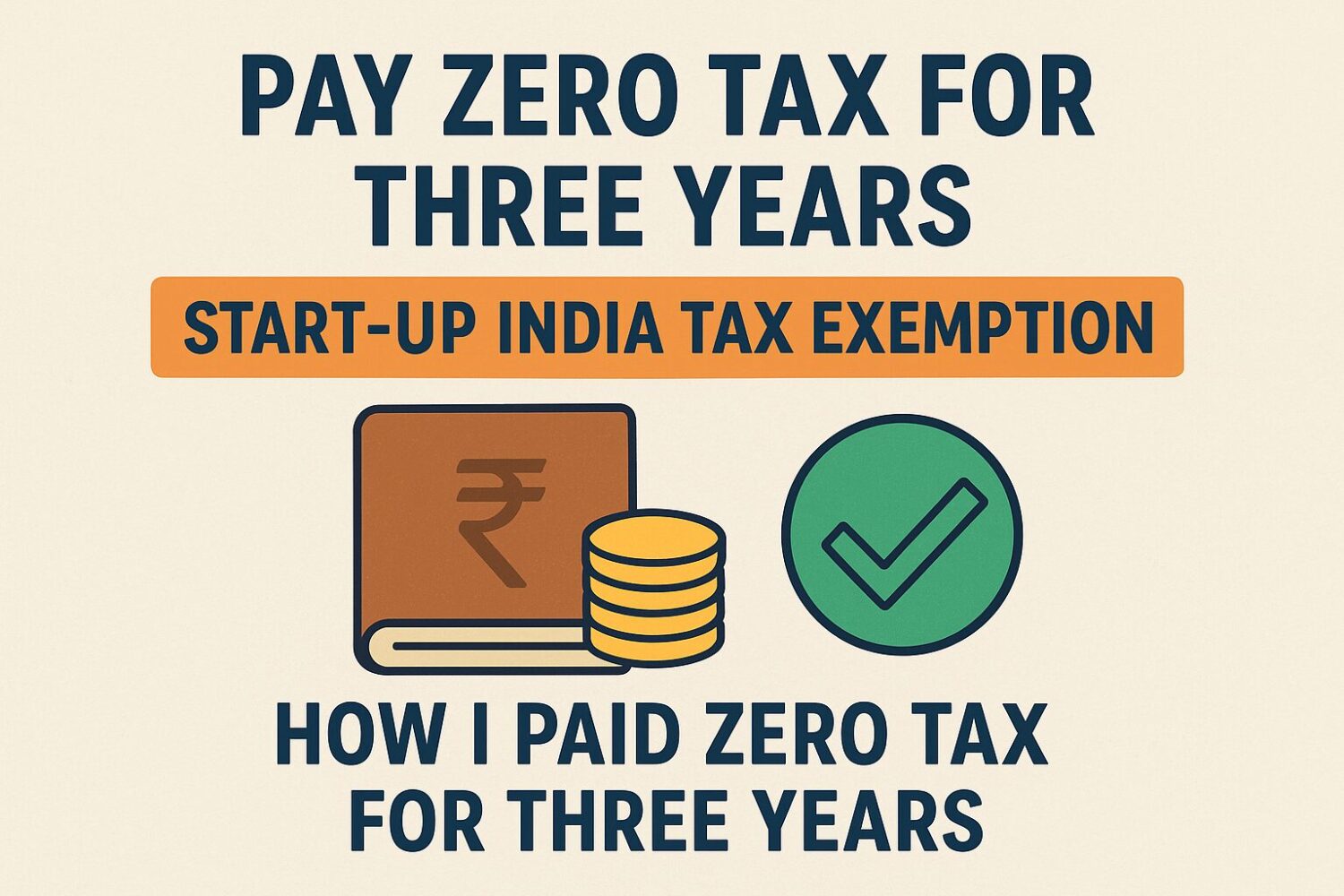
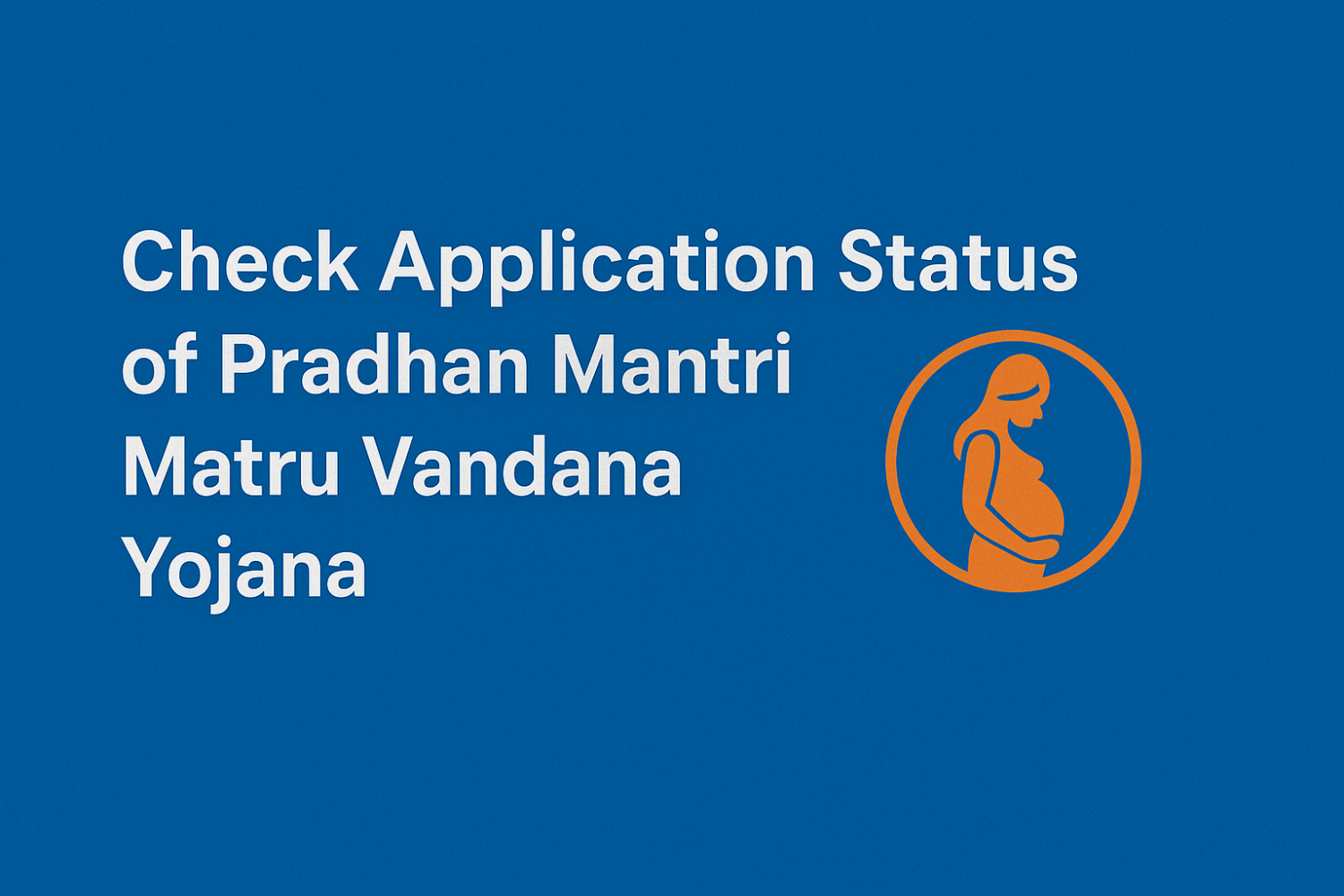

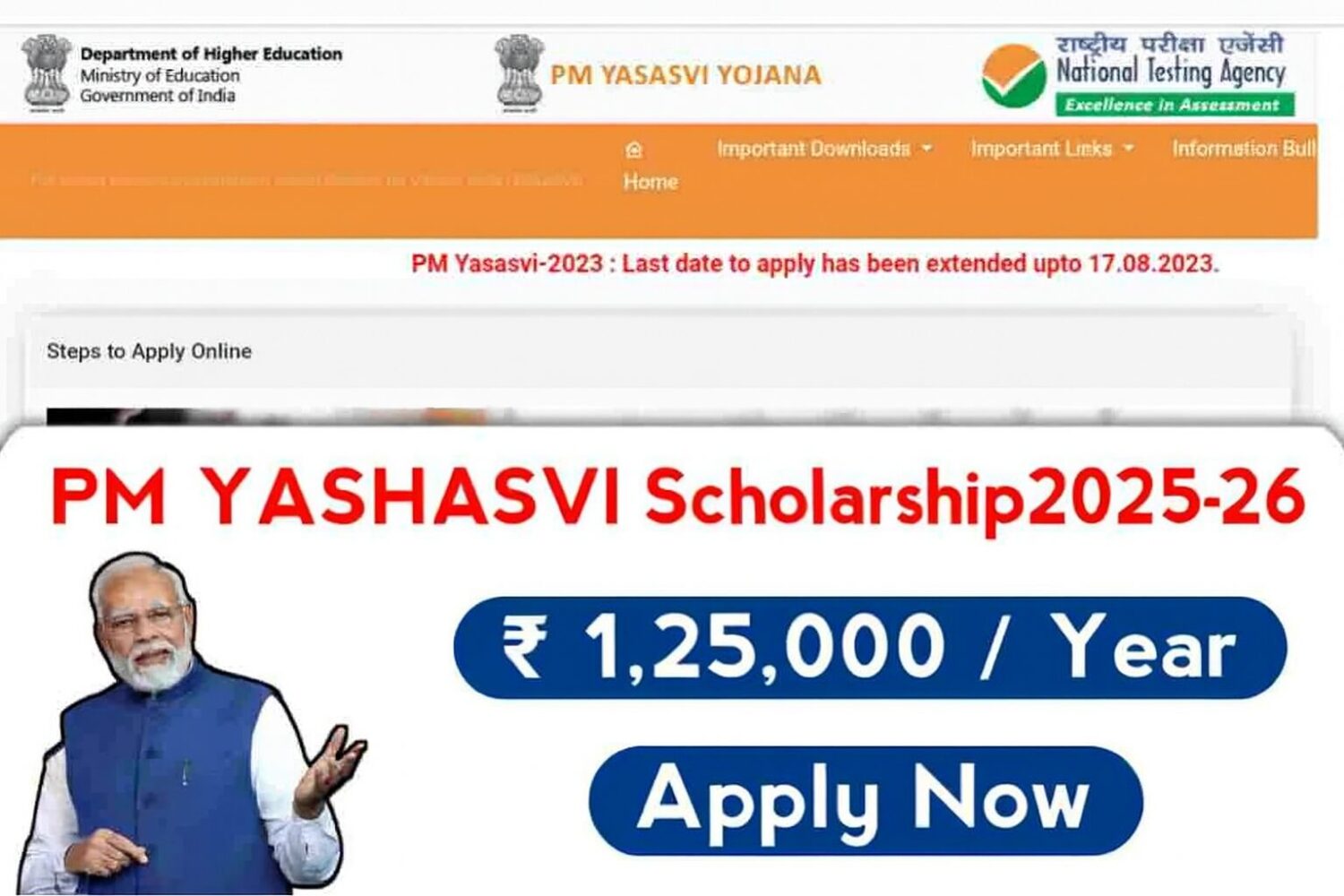

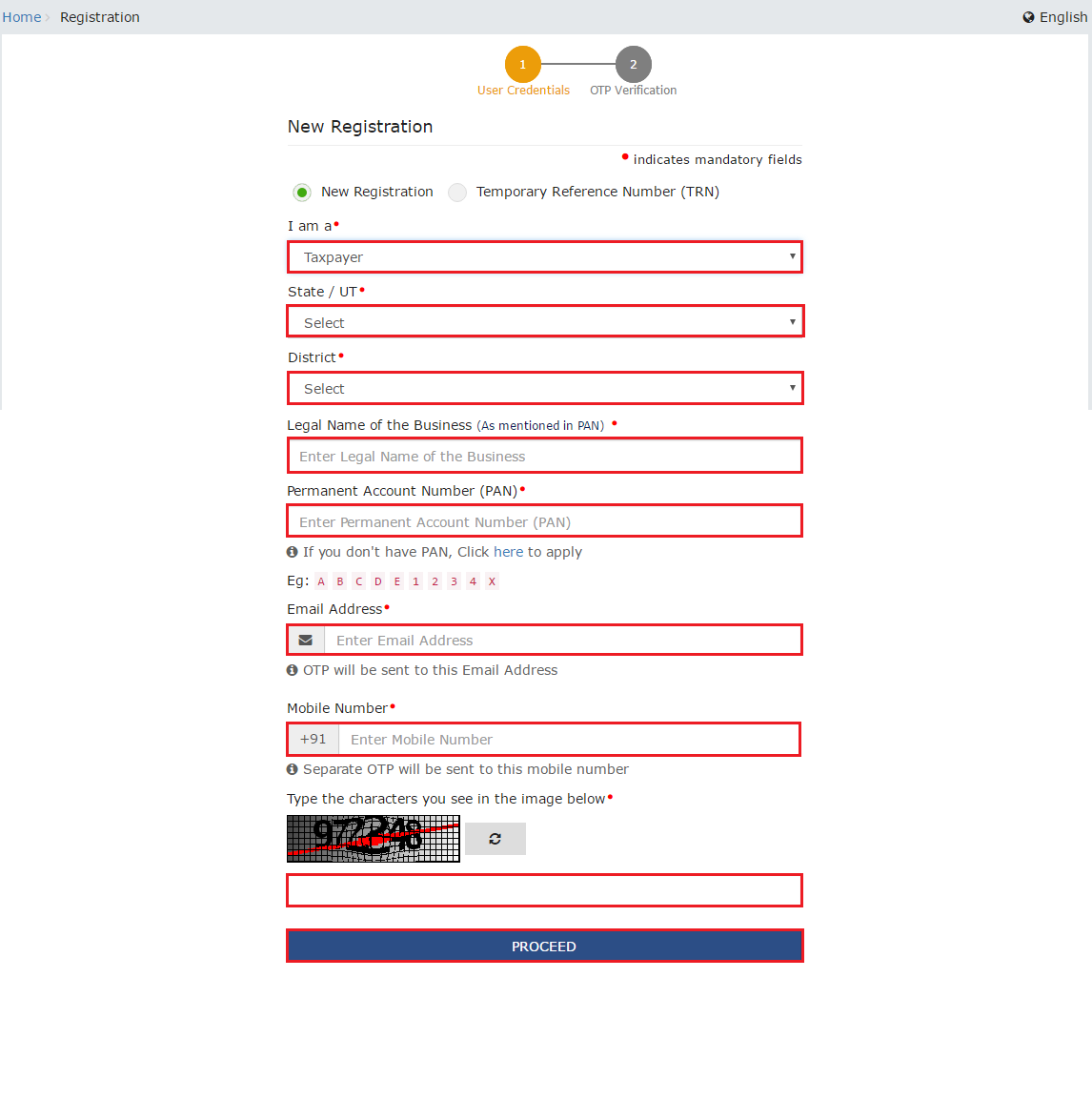

![Ways to Waive or Settle Traffic Challan Fast via Lok Adalat - Indian Souls 12 Government Schemes for Urban Poor Must Know About [2025 Guide]](https://indiansouls.in/wp-content/uploads/2025/05/image-1.jpg)
